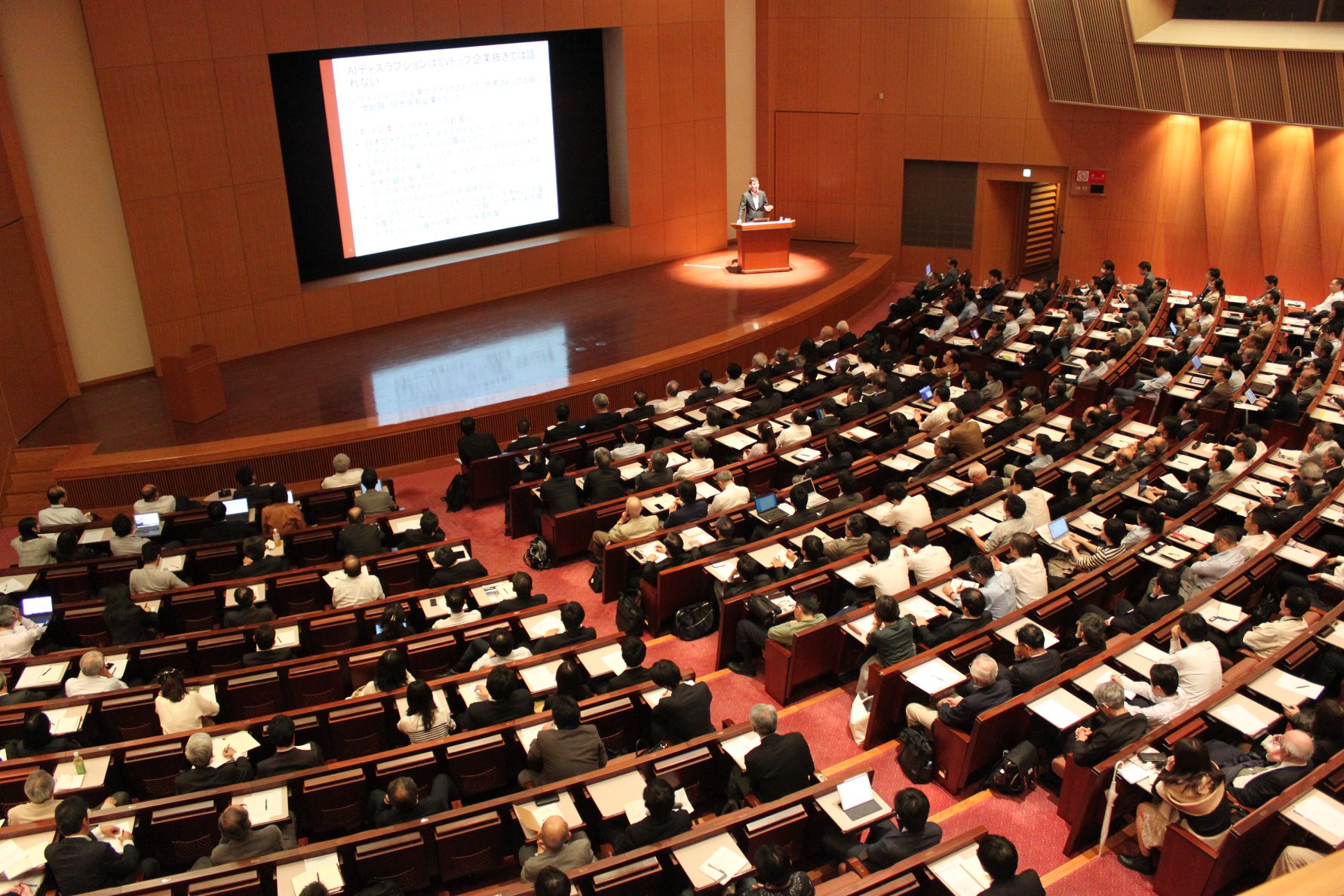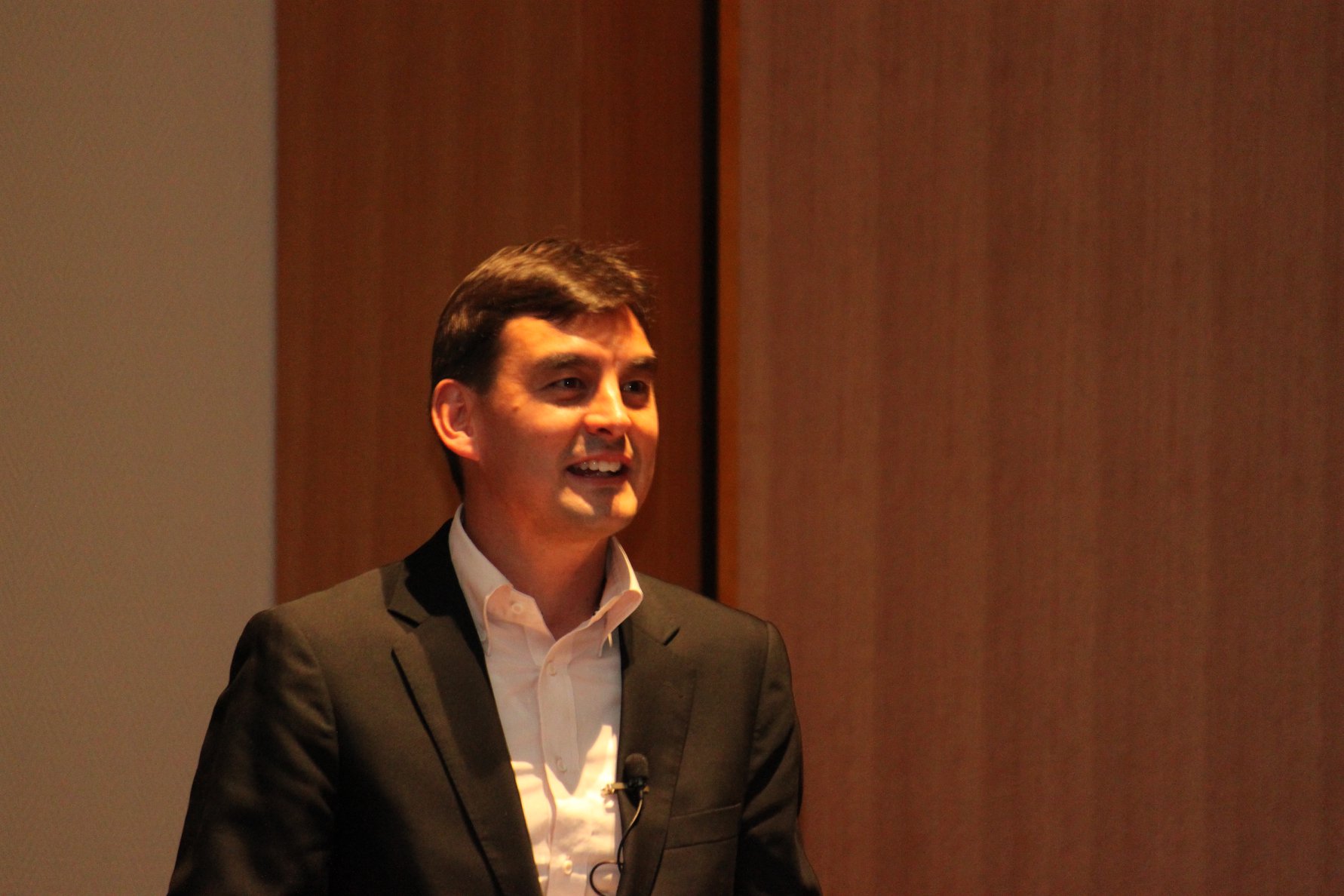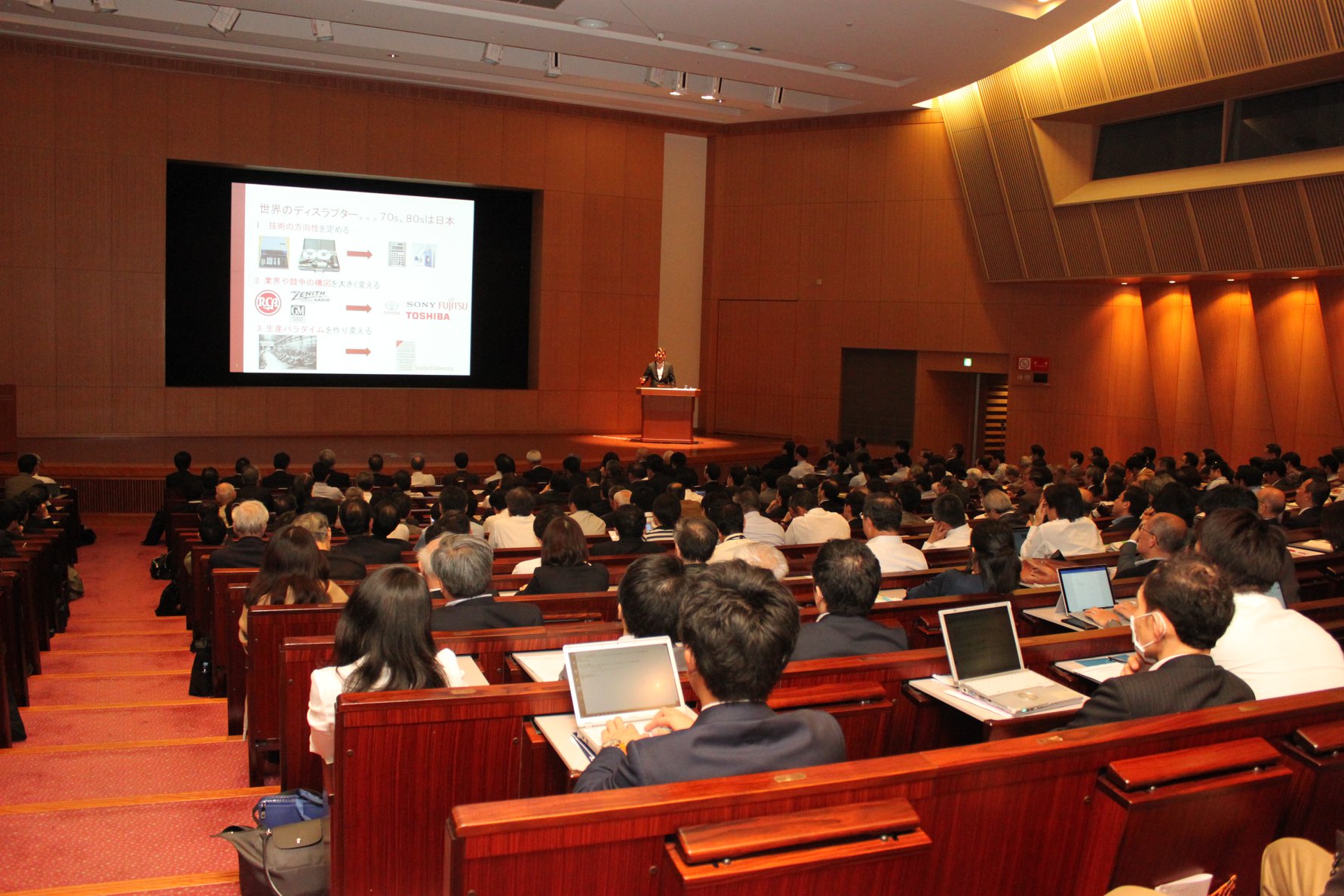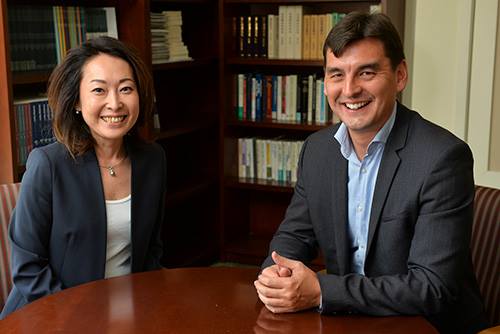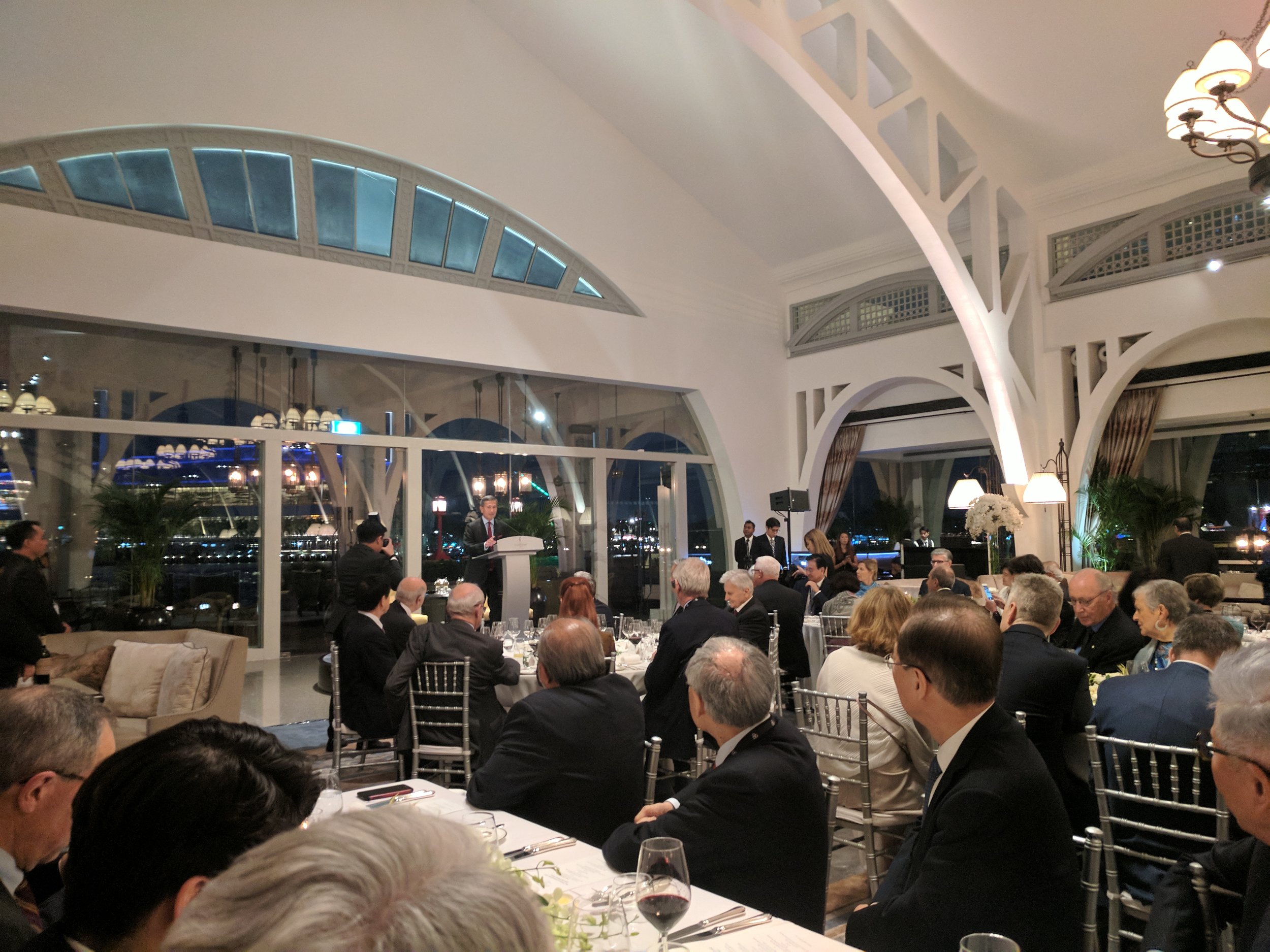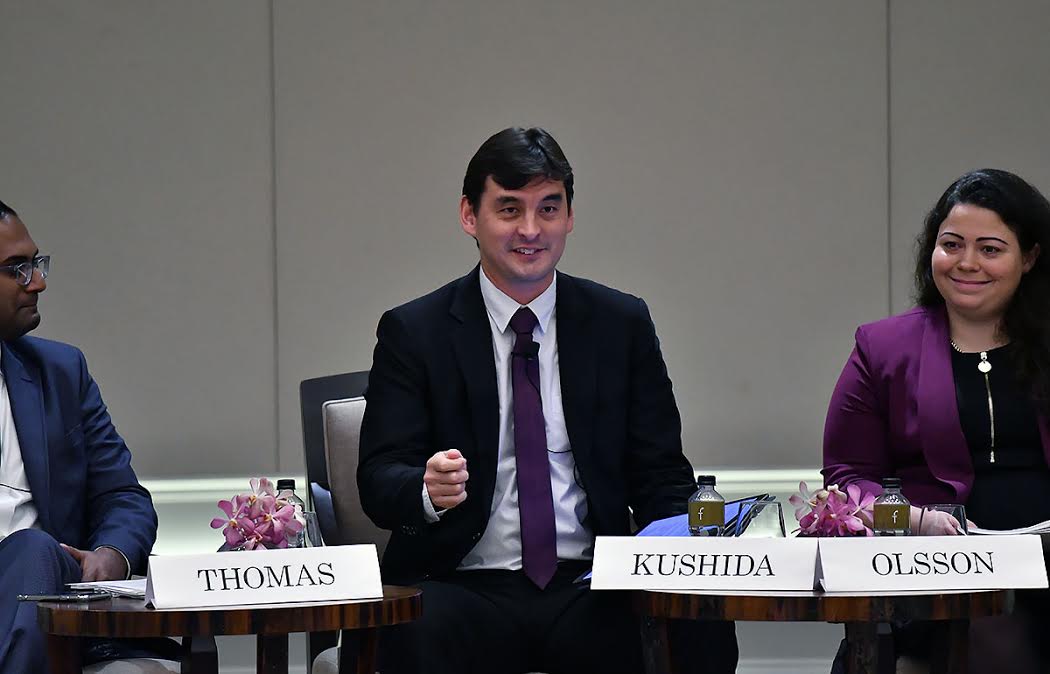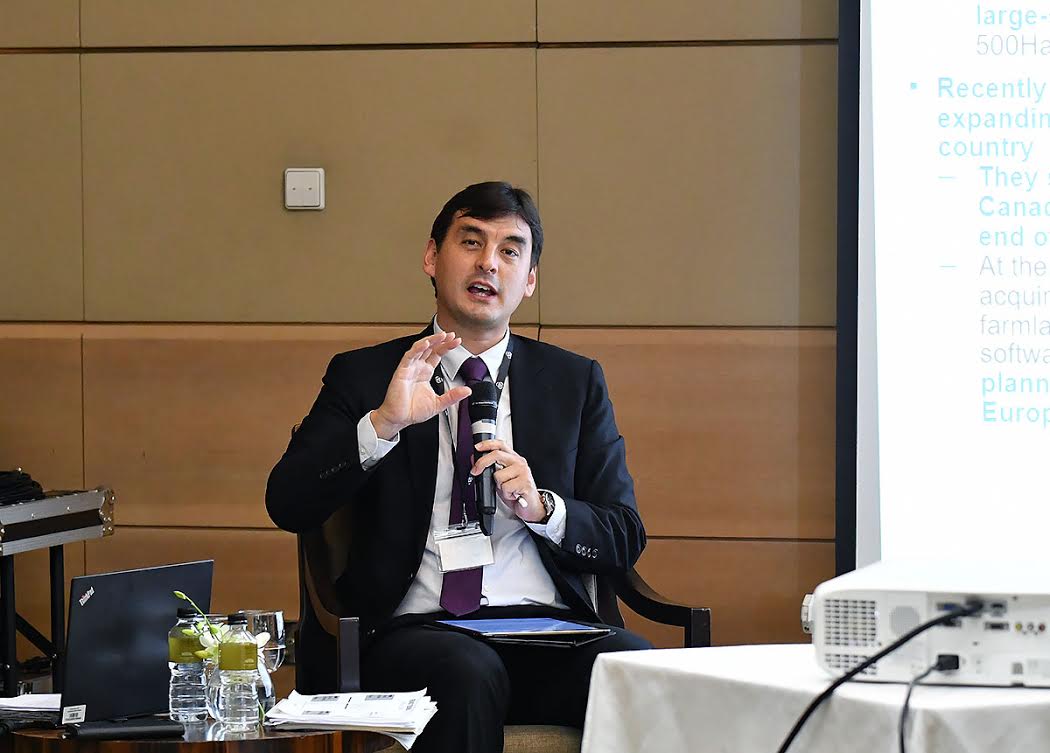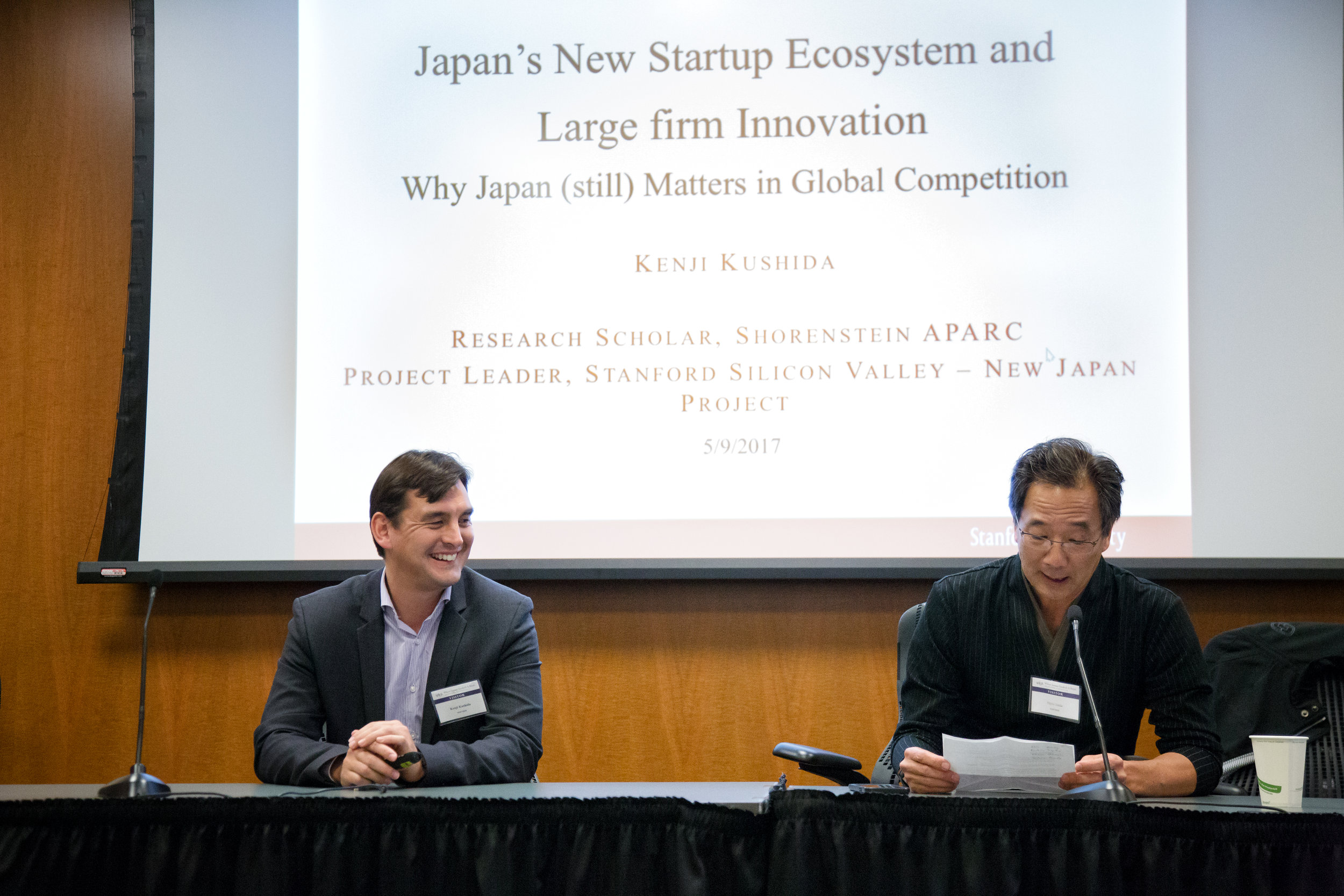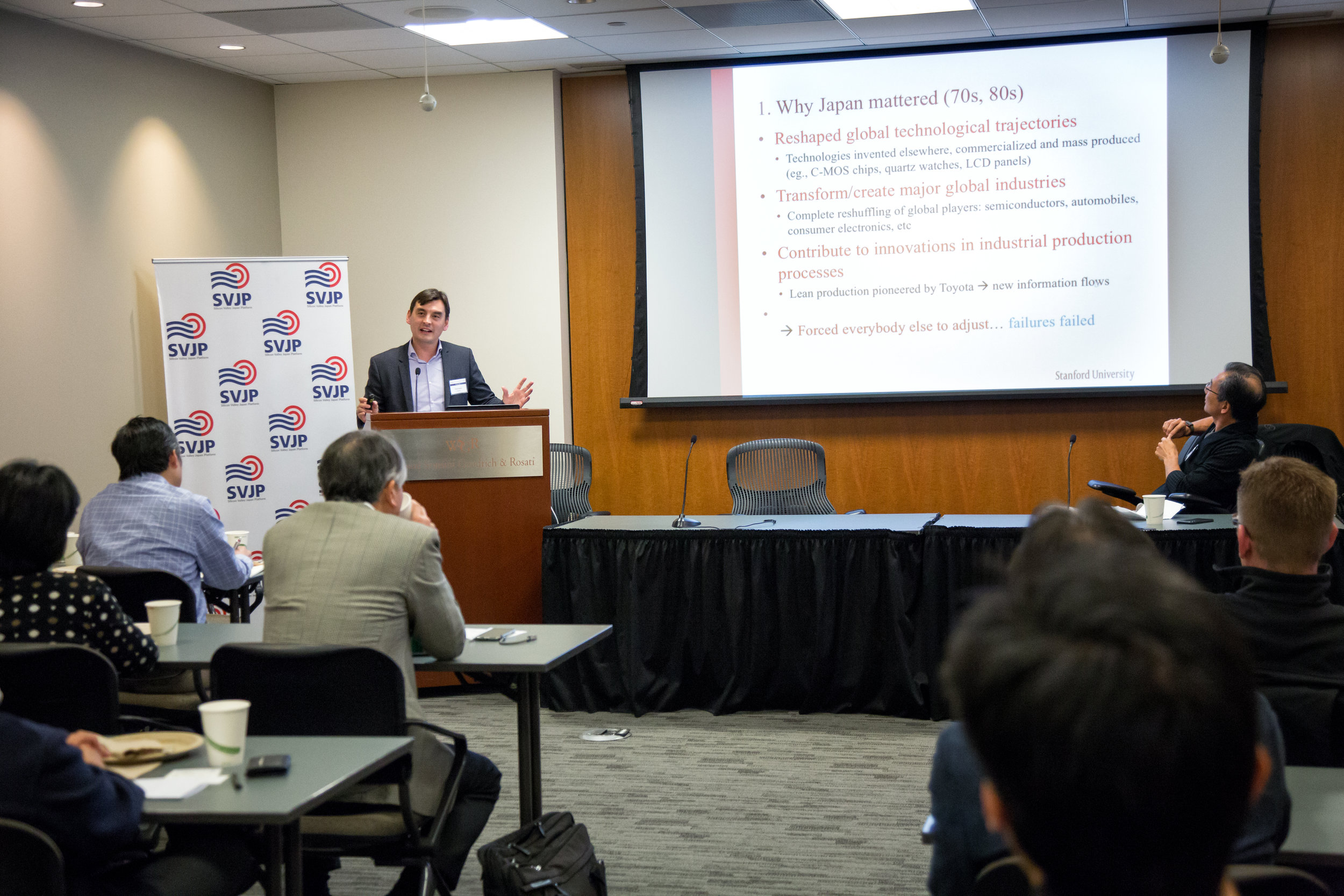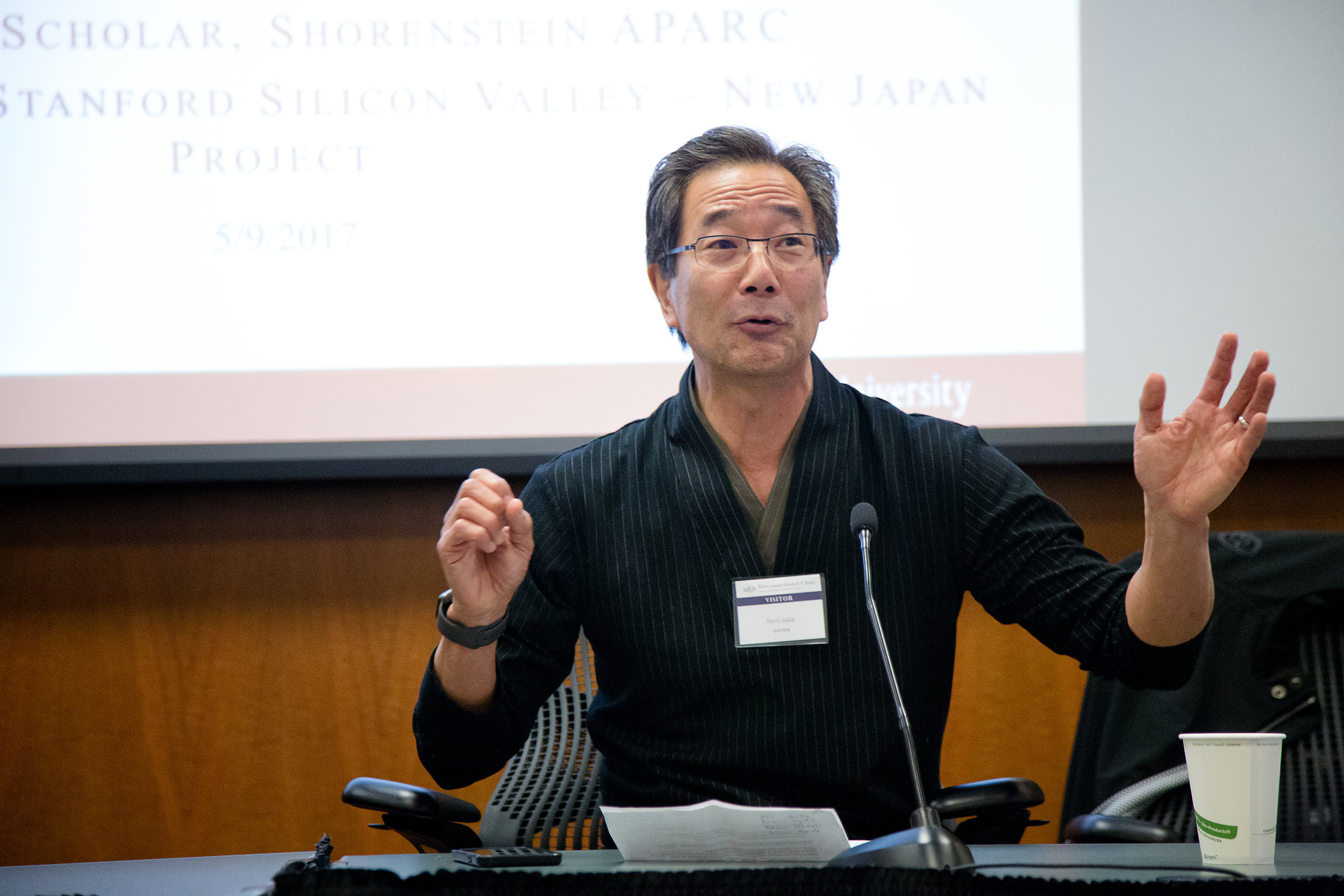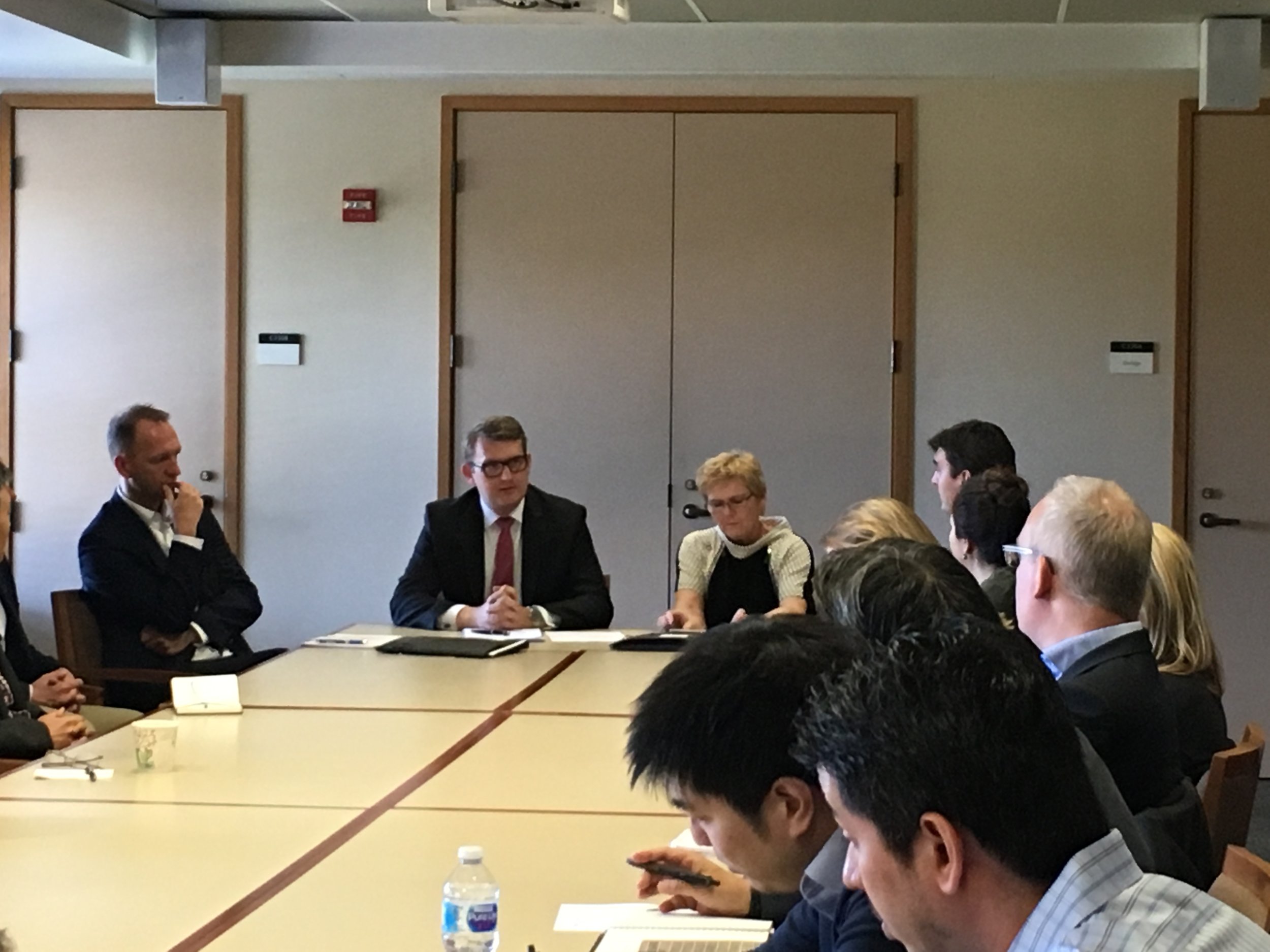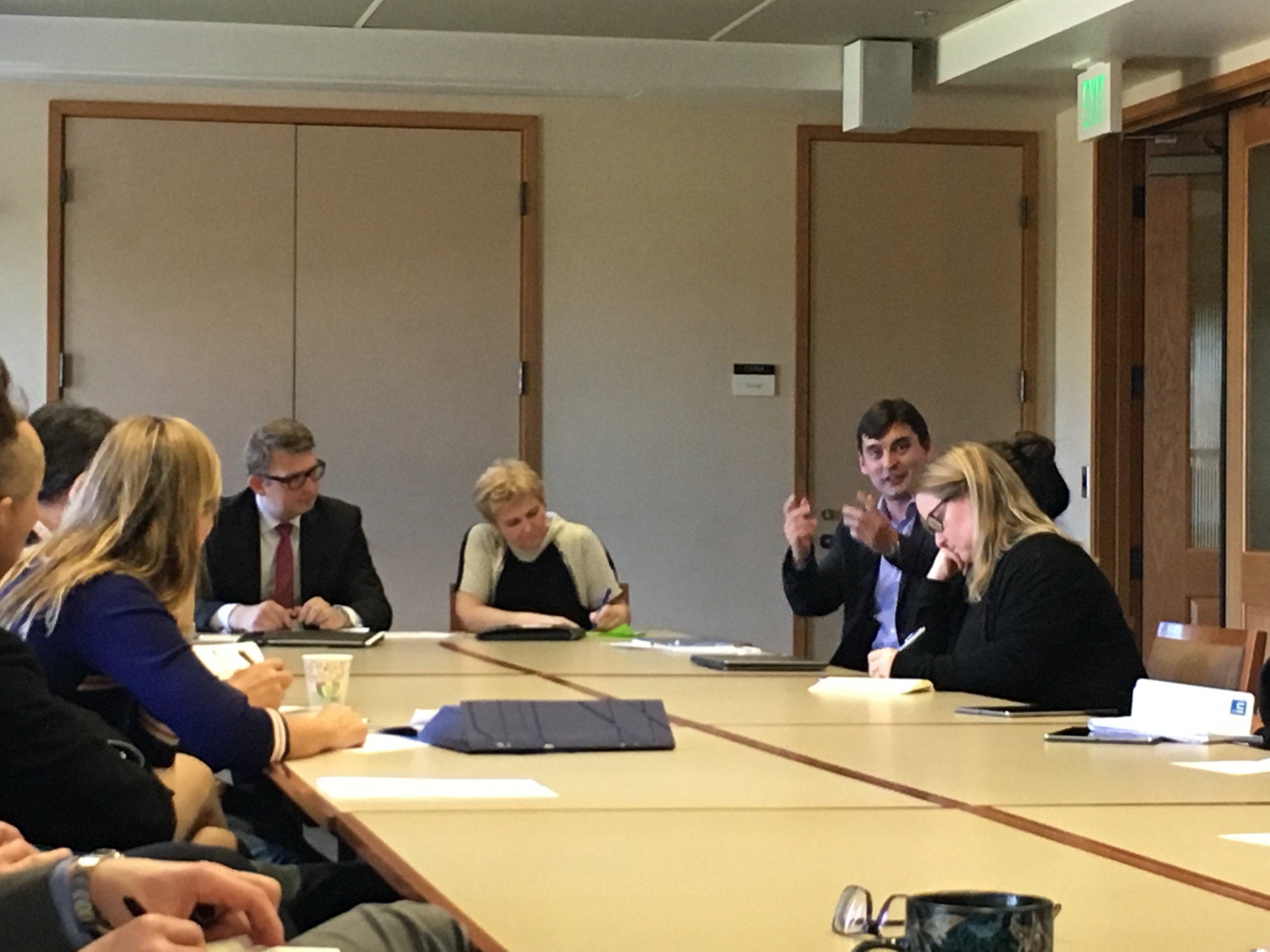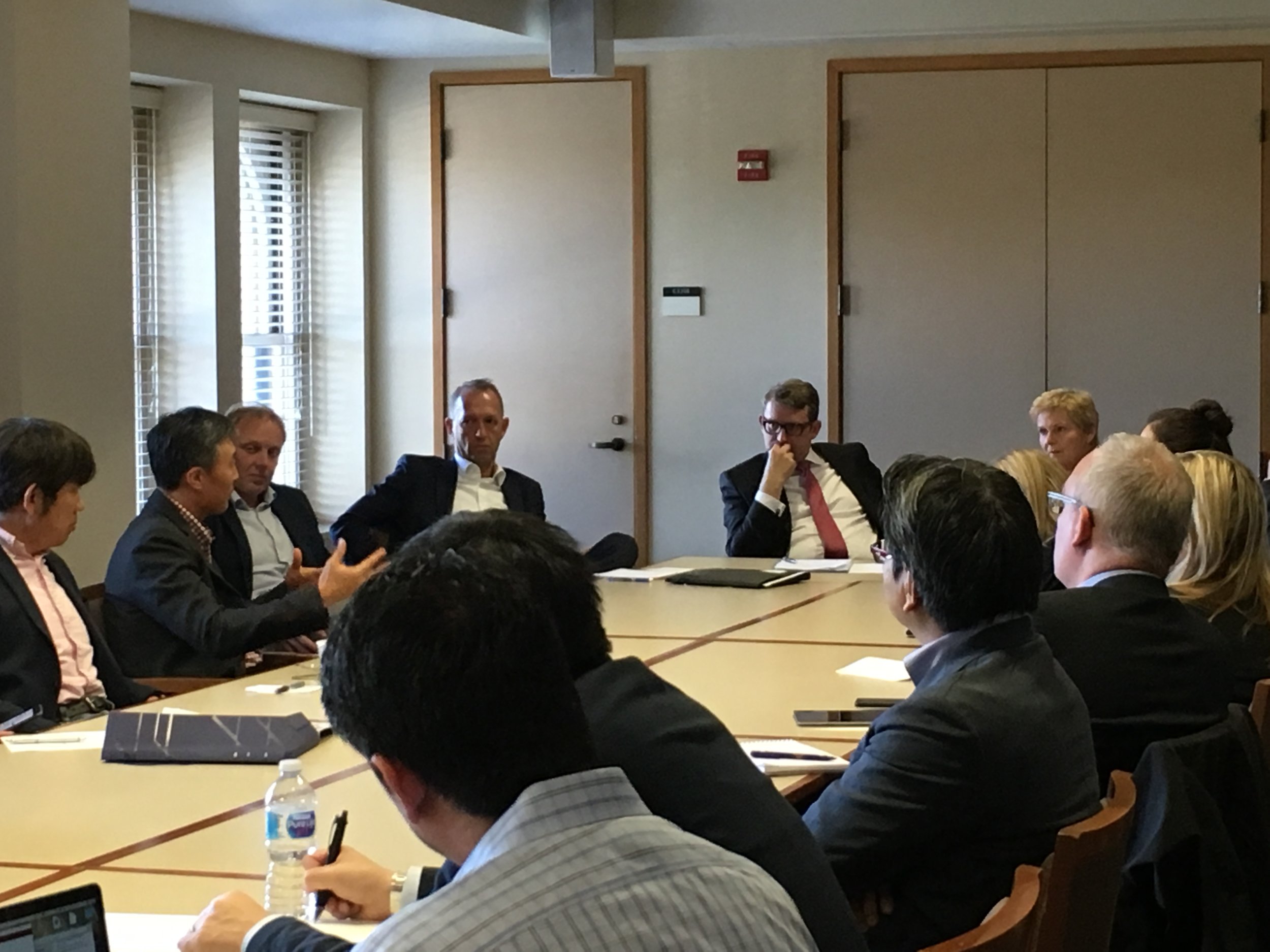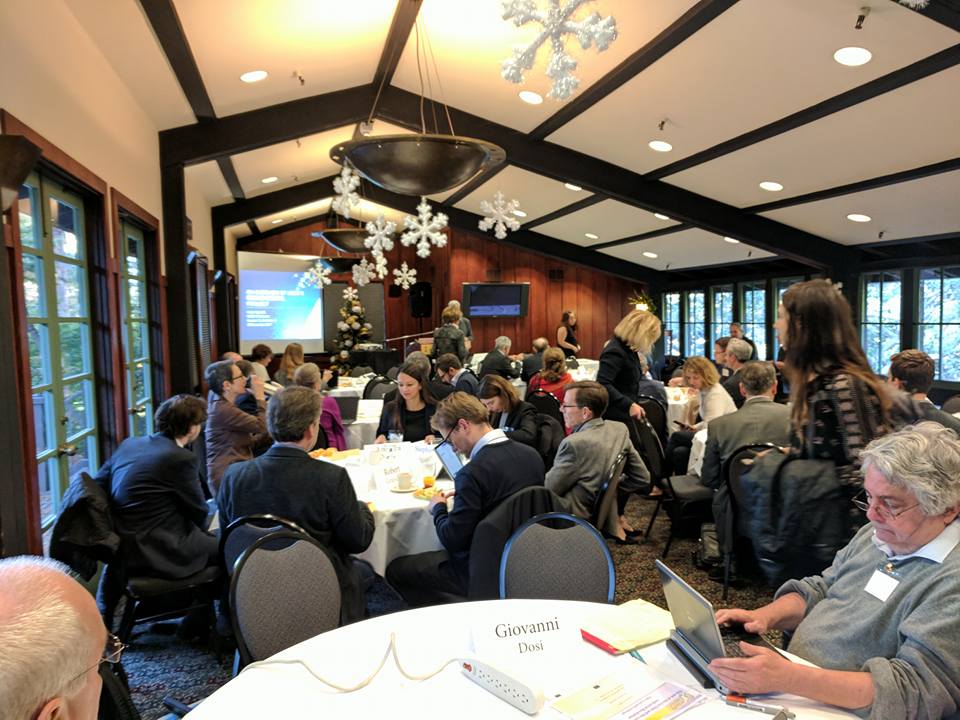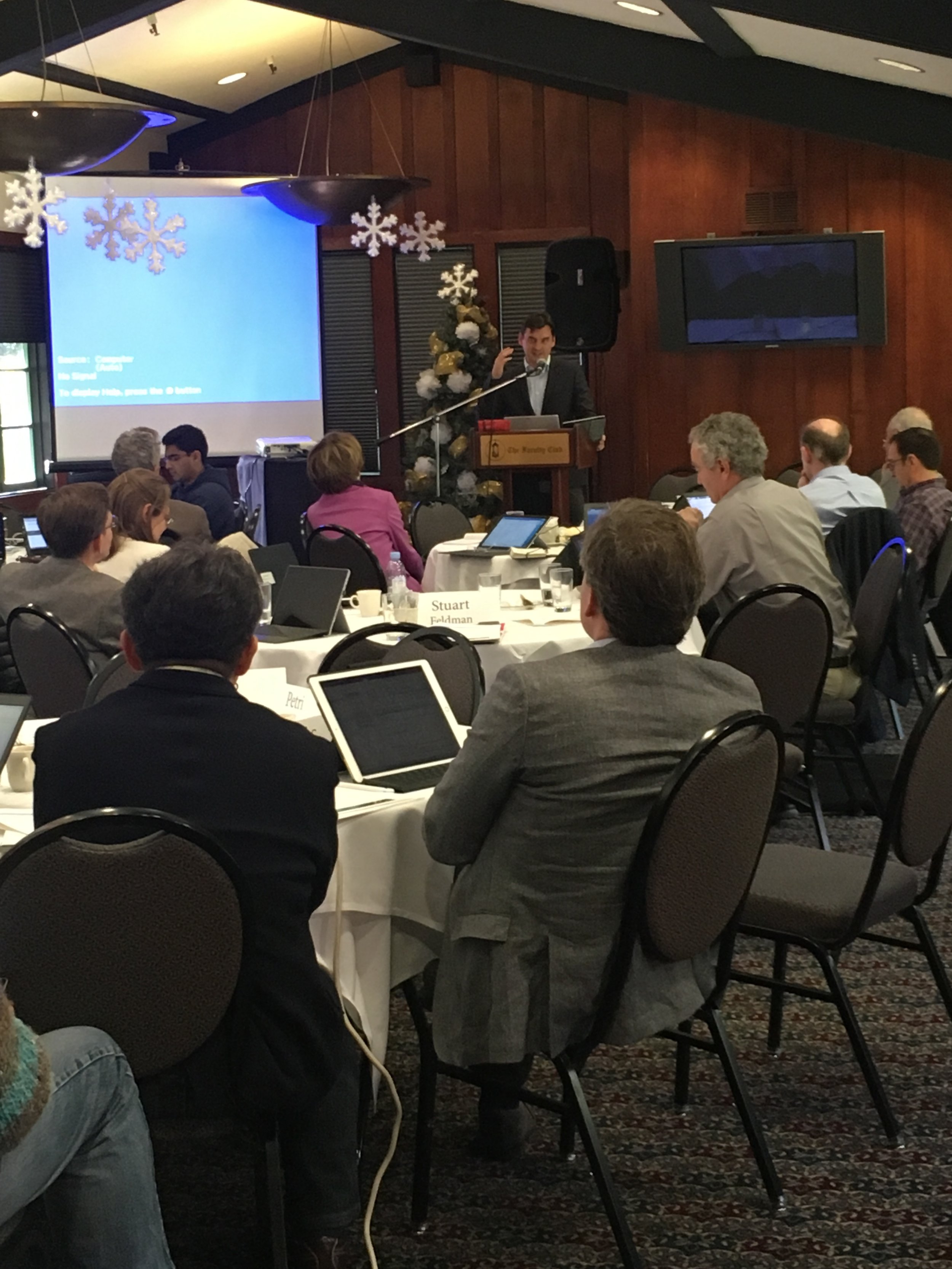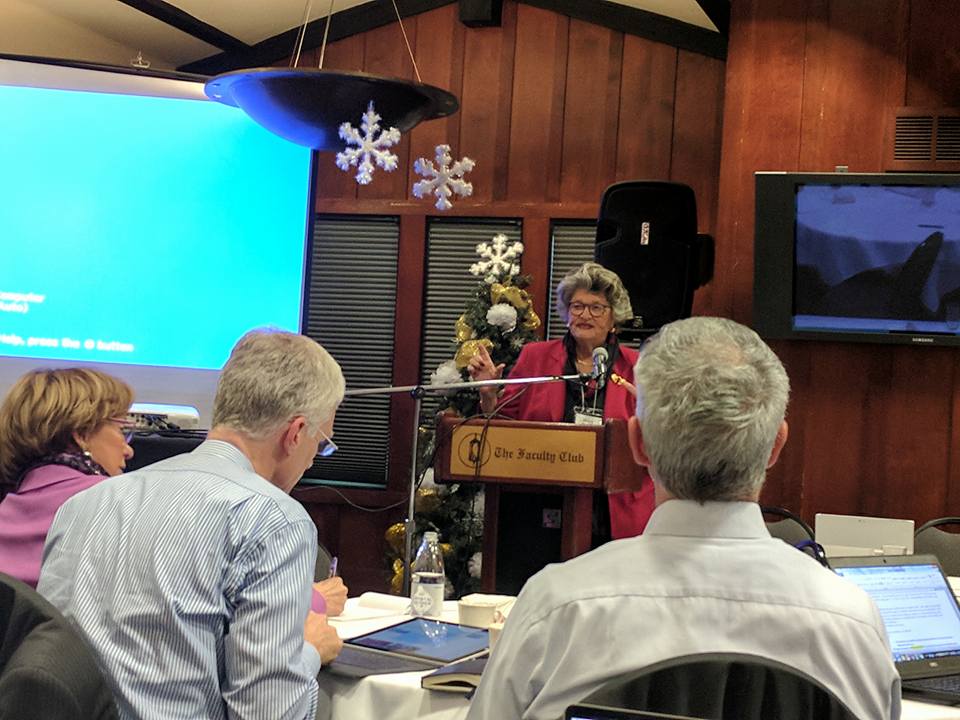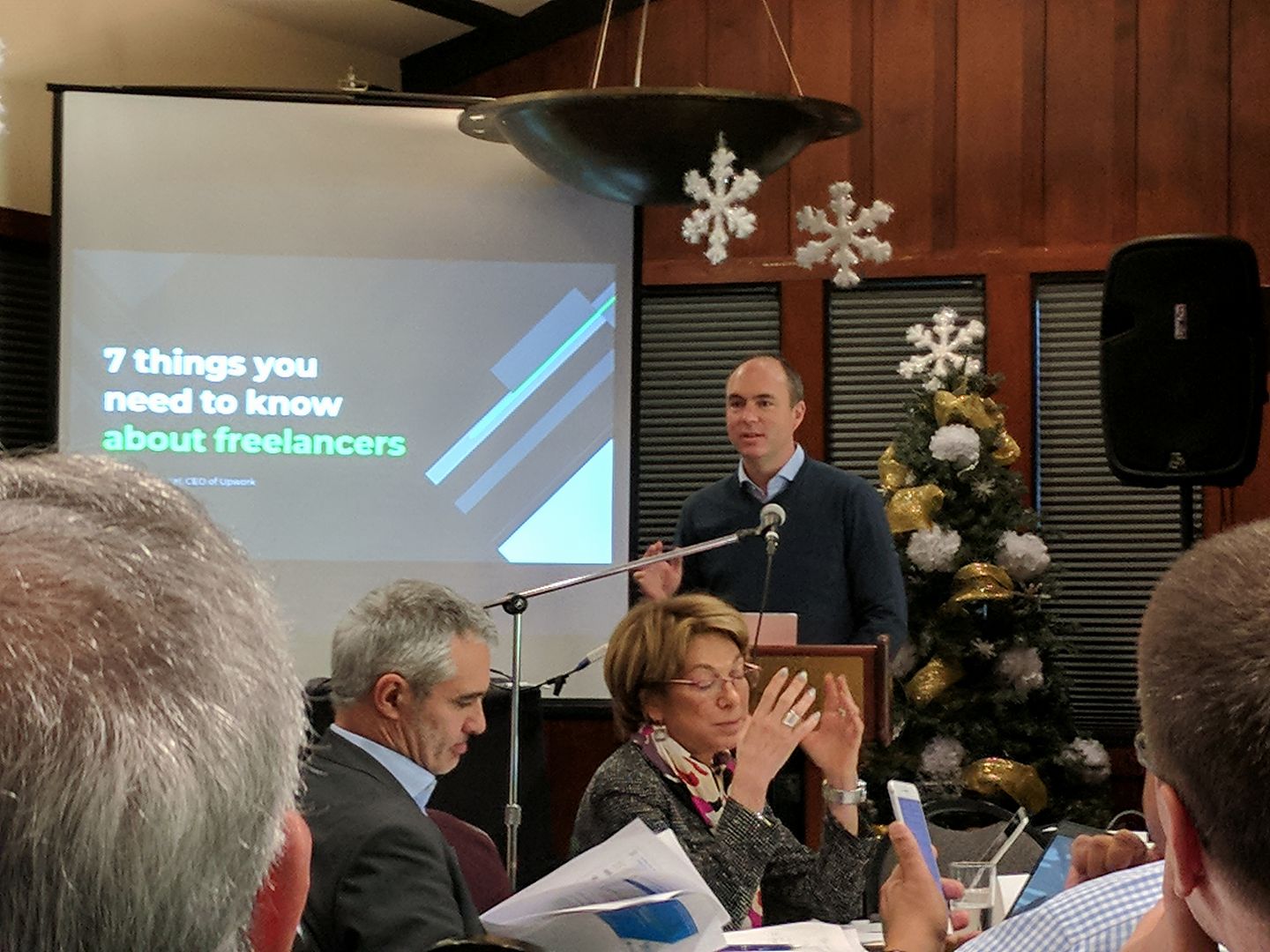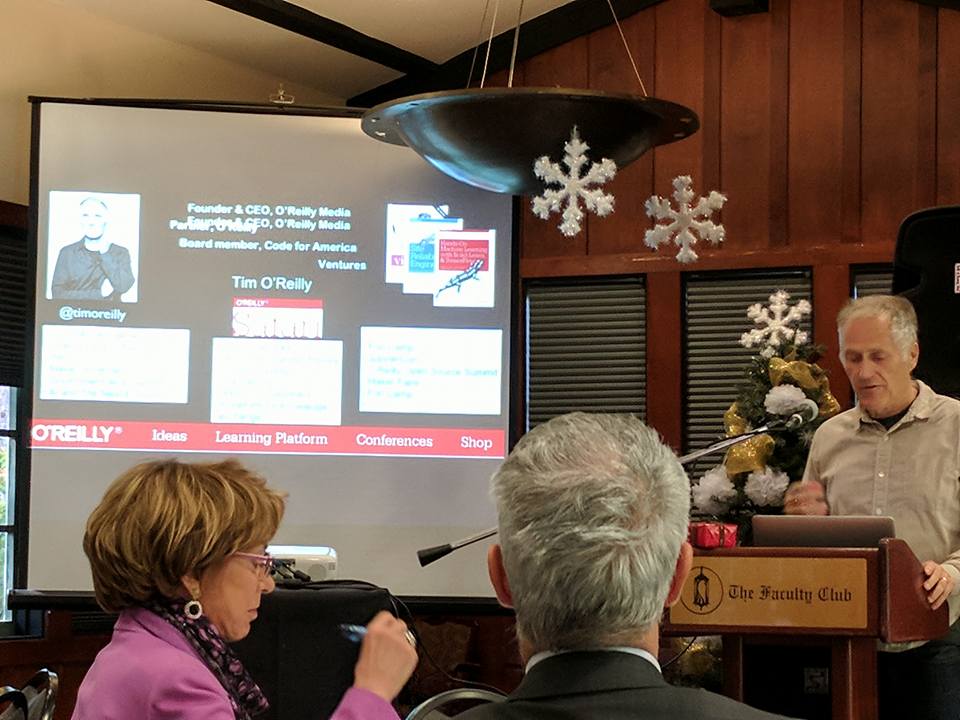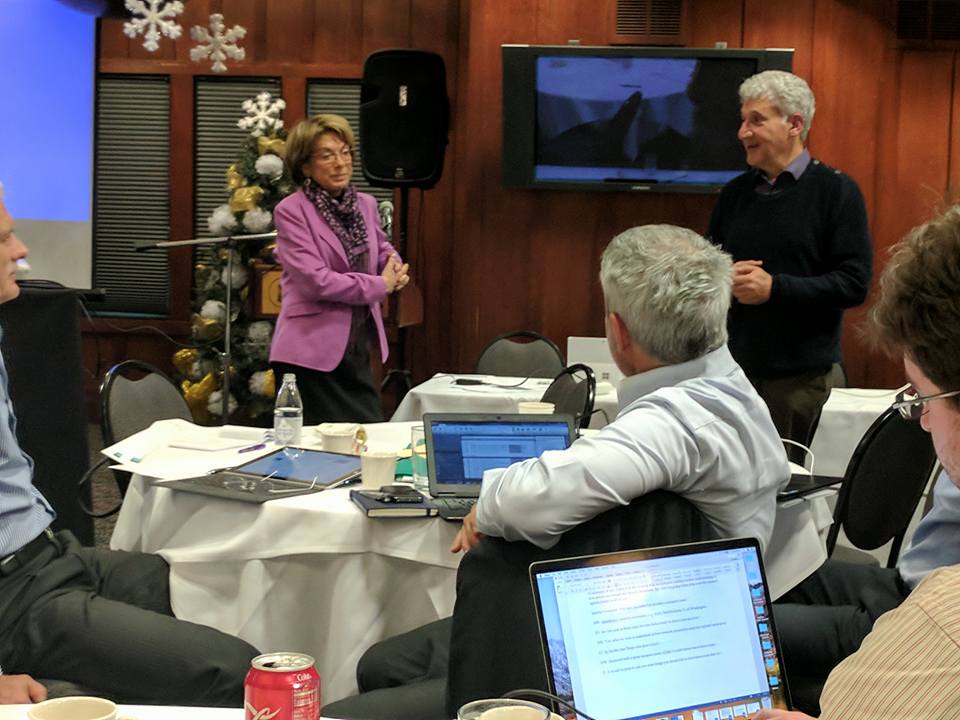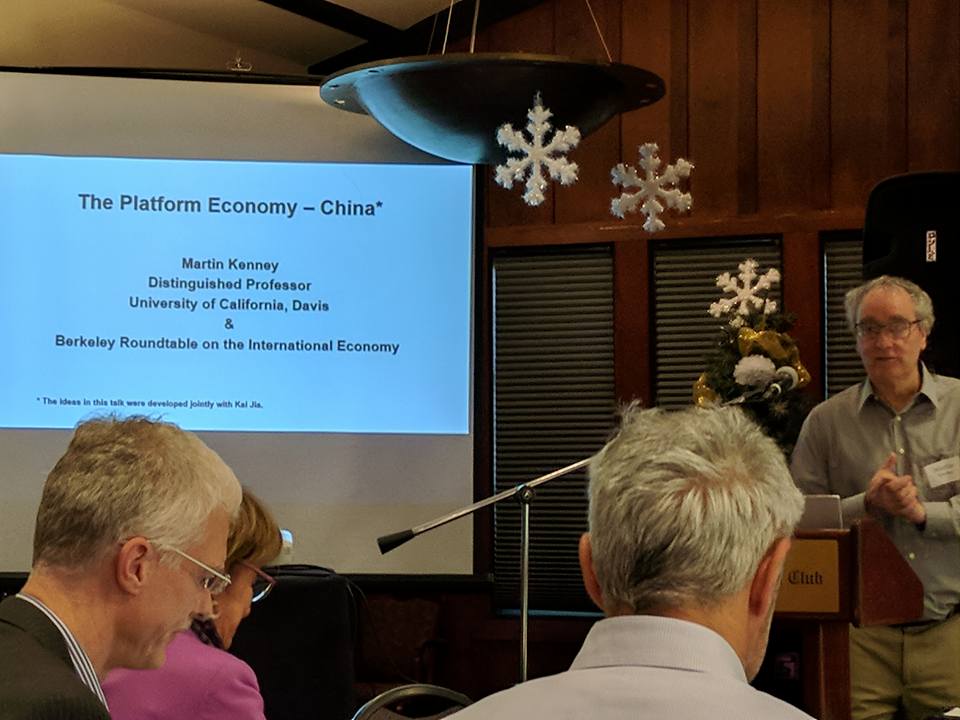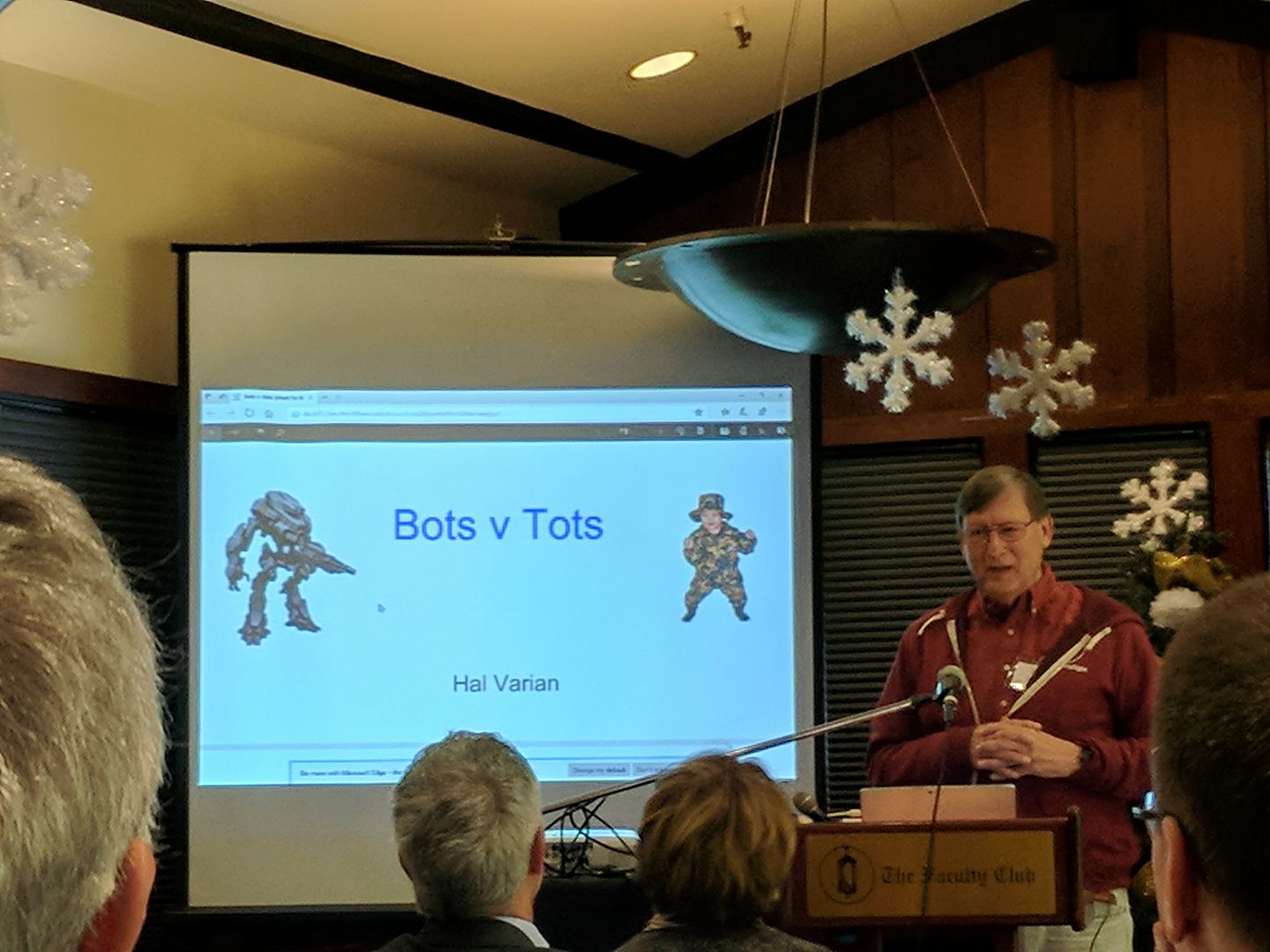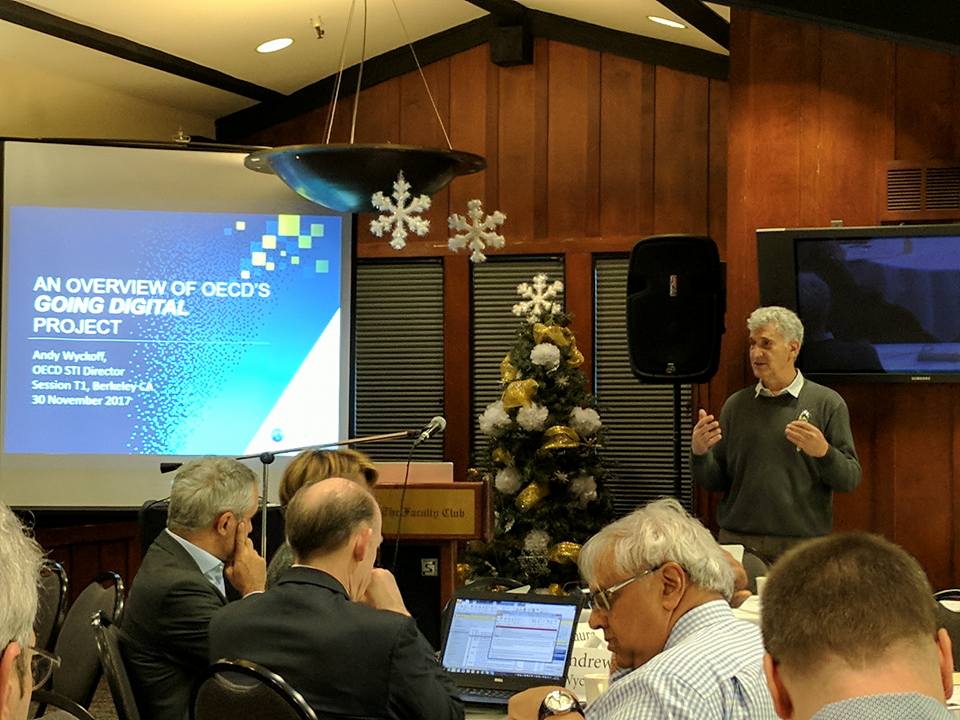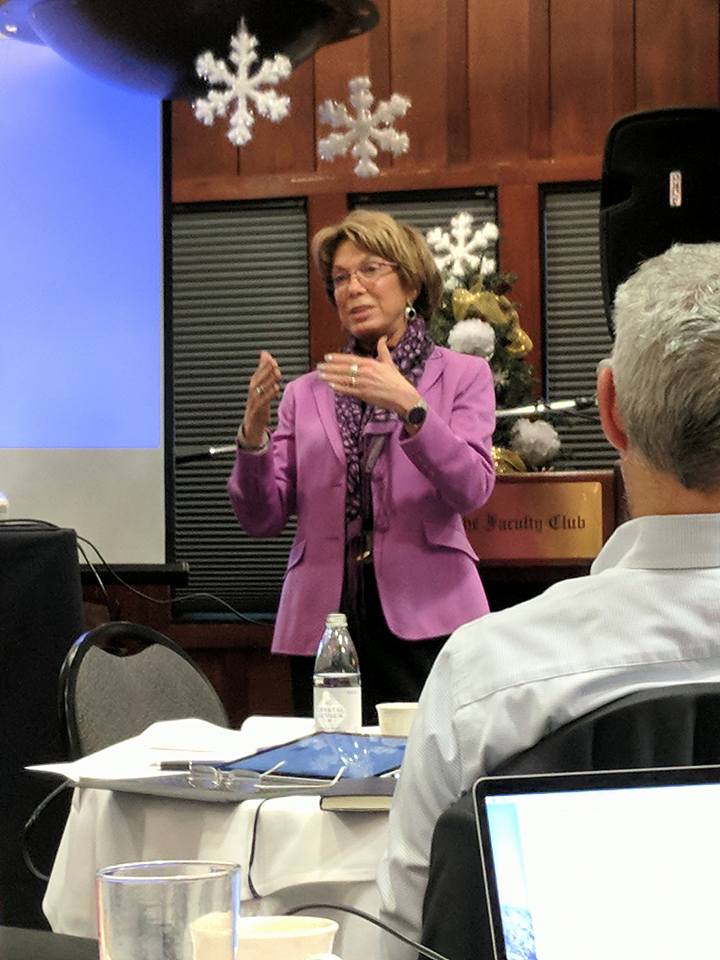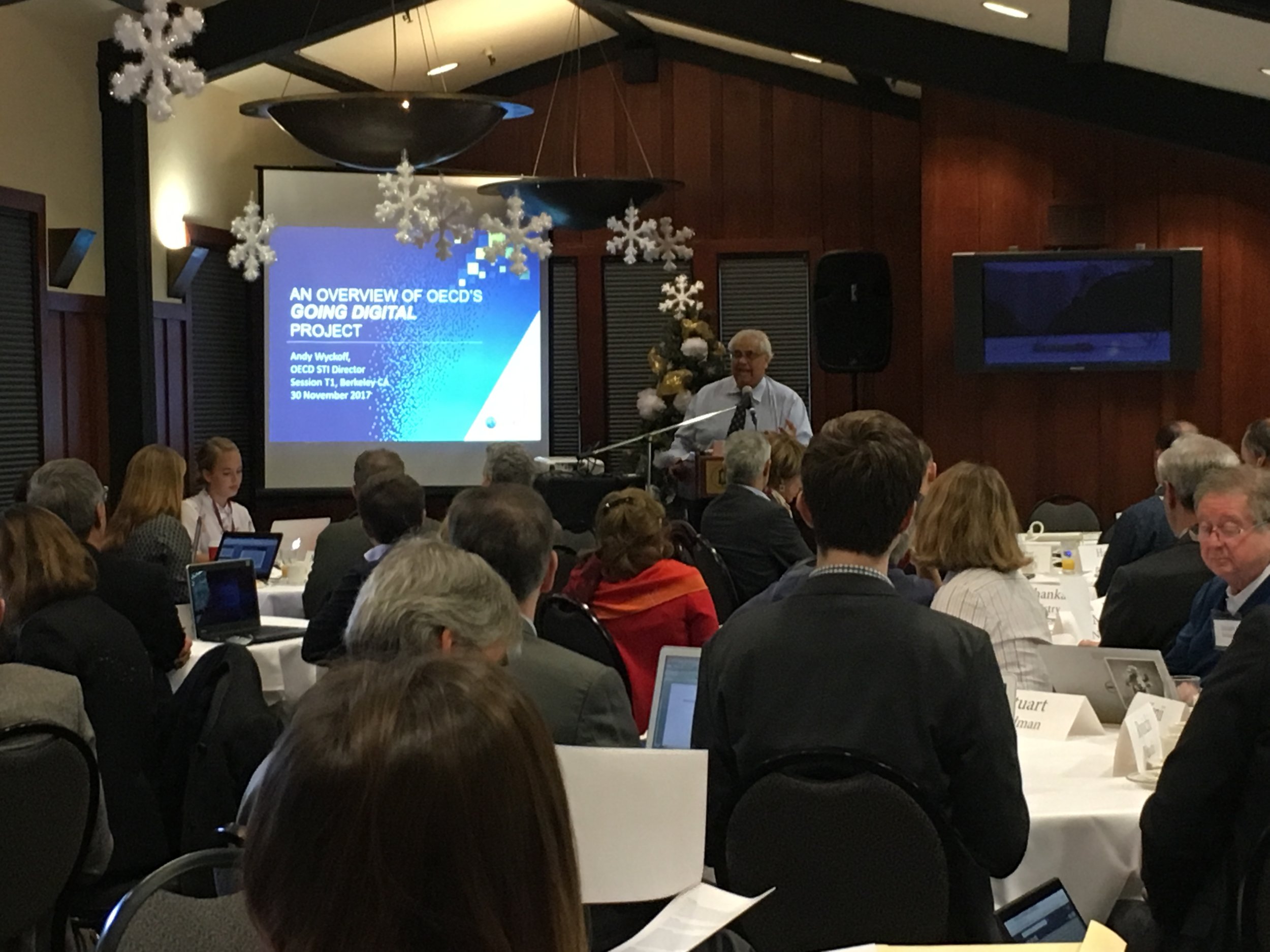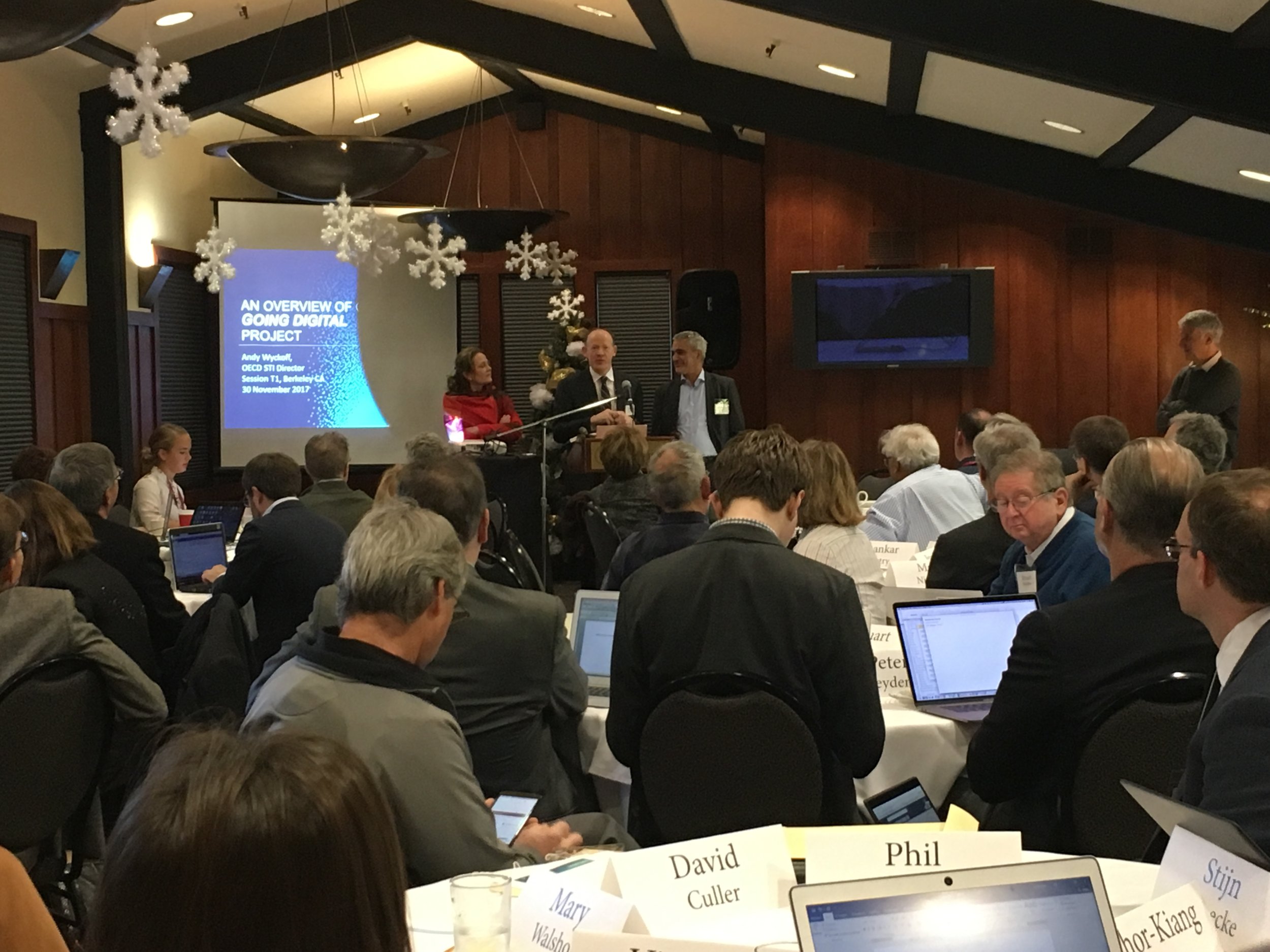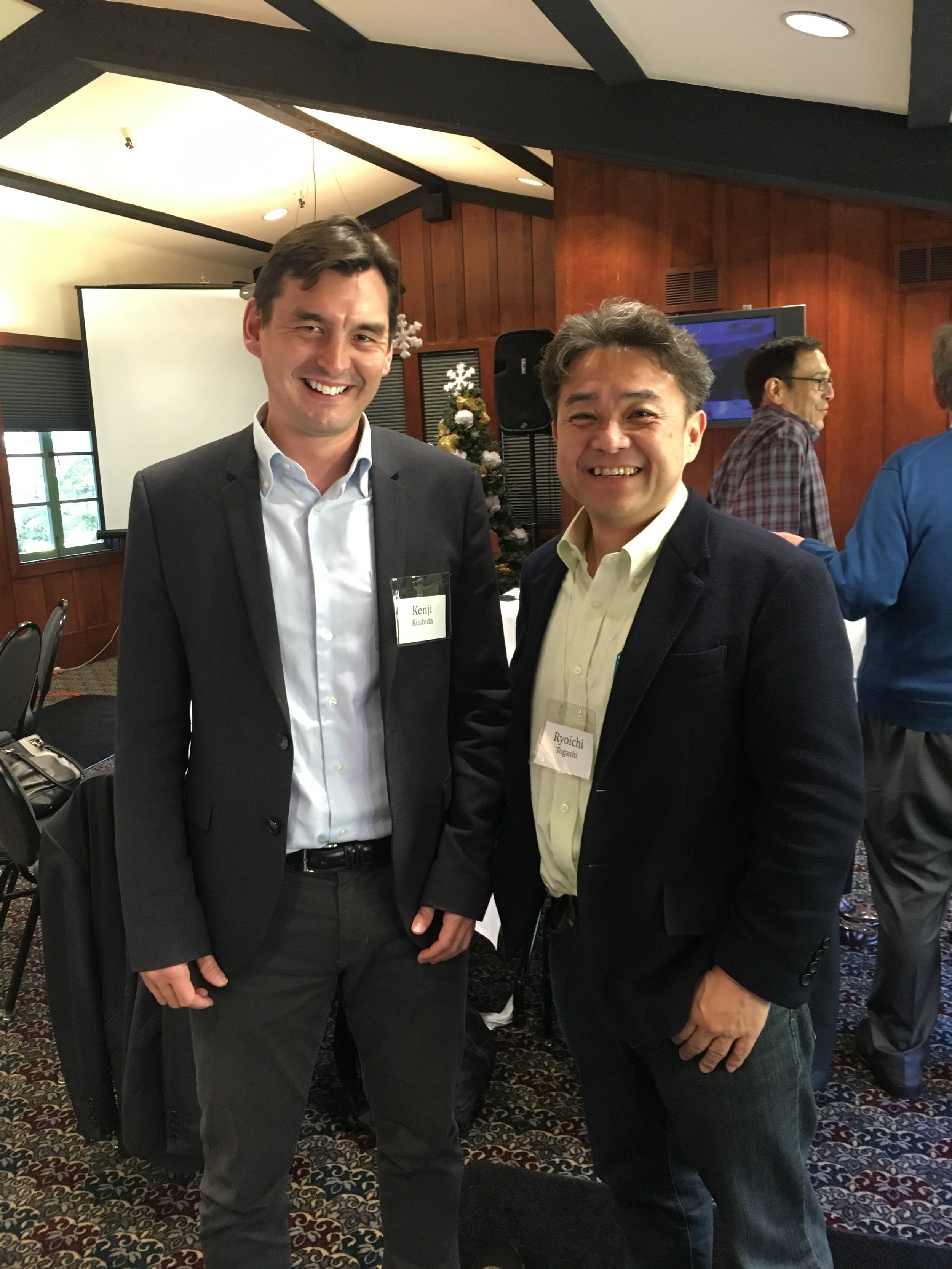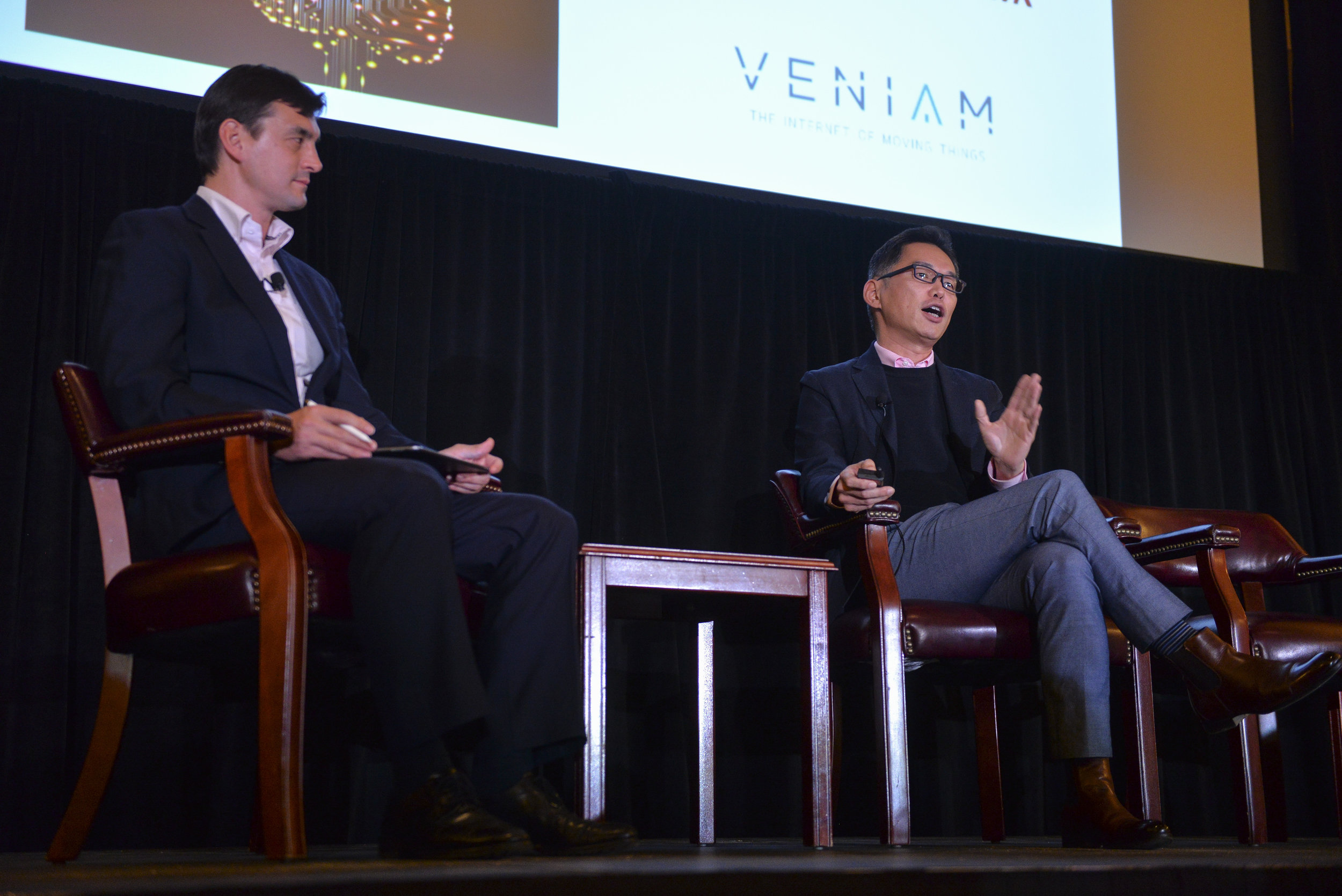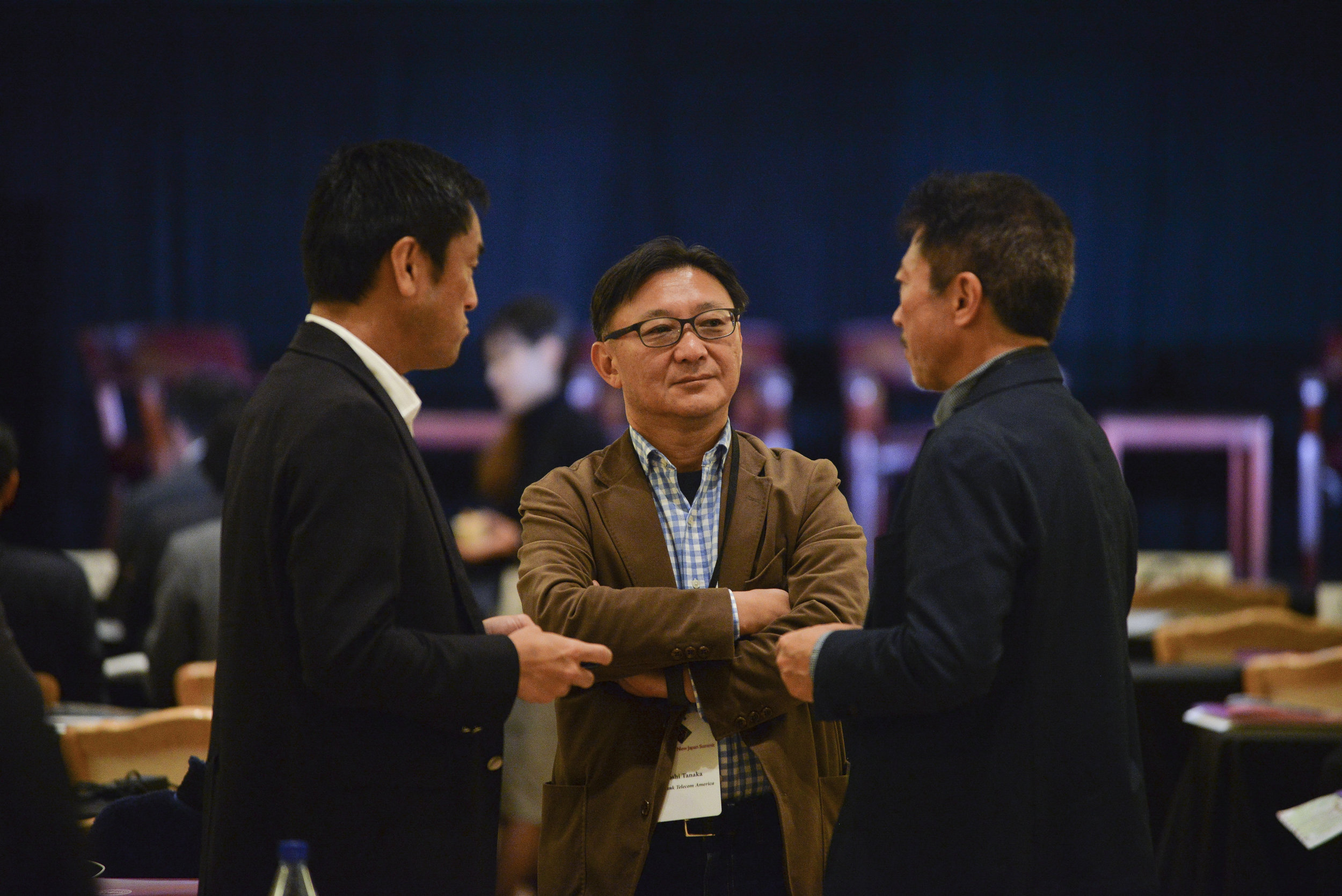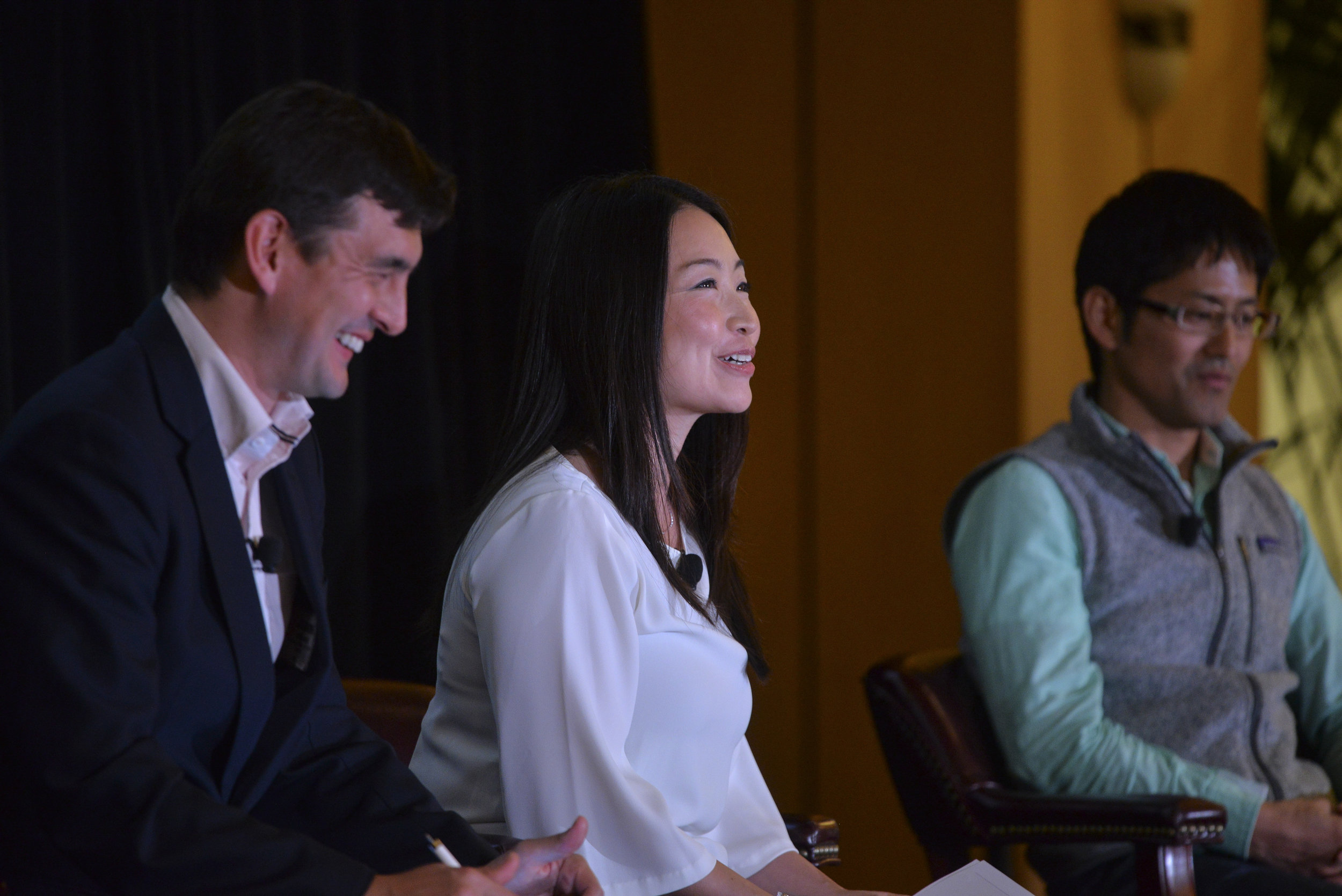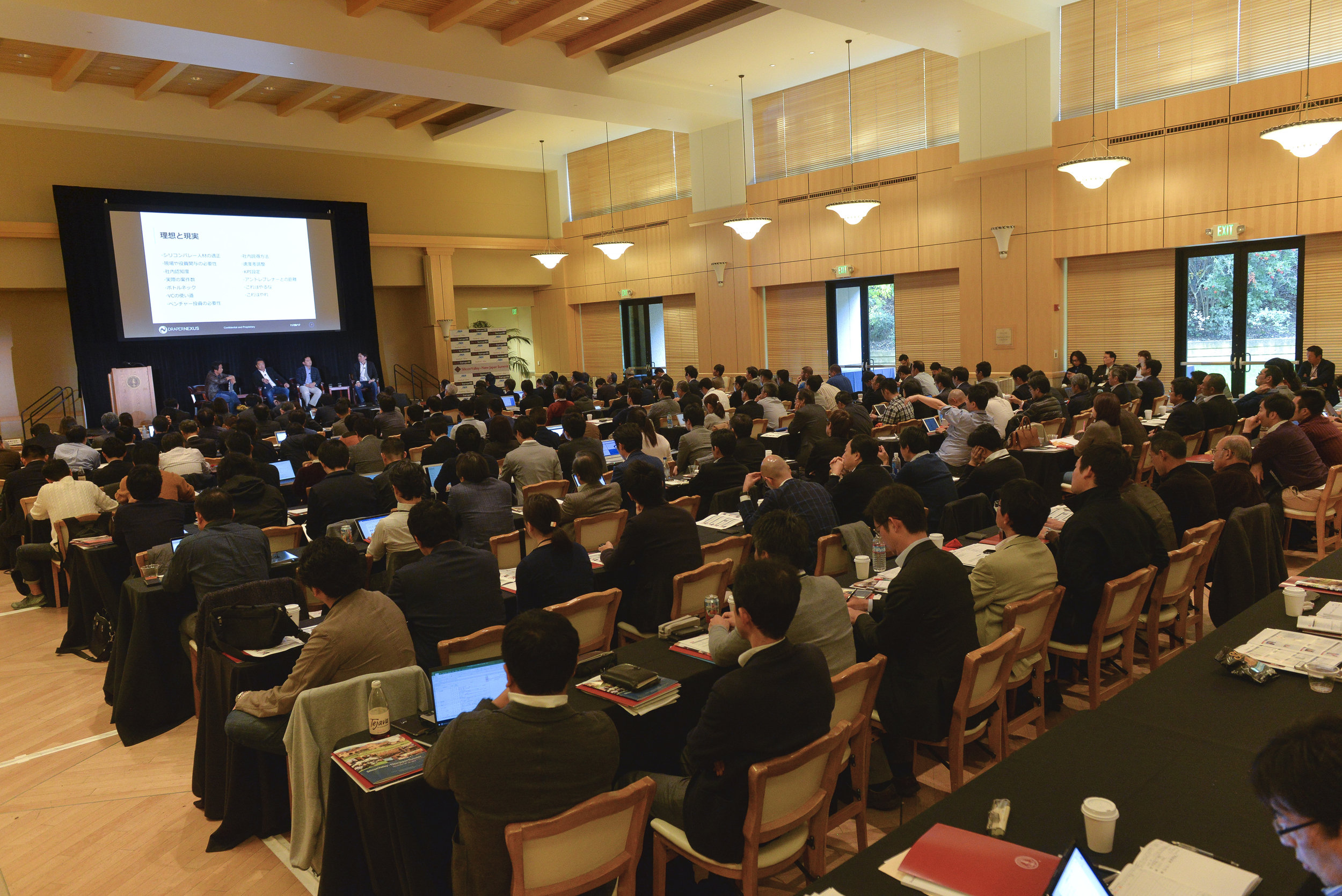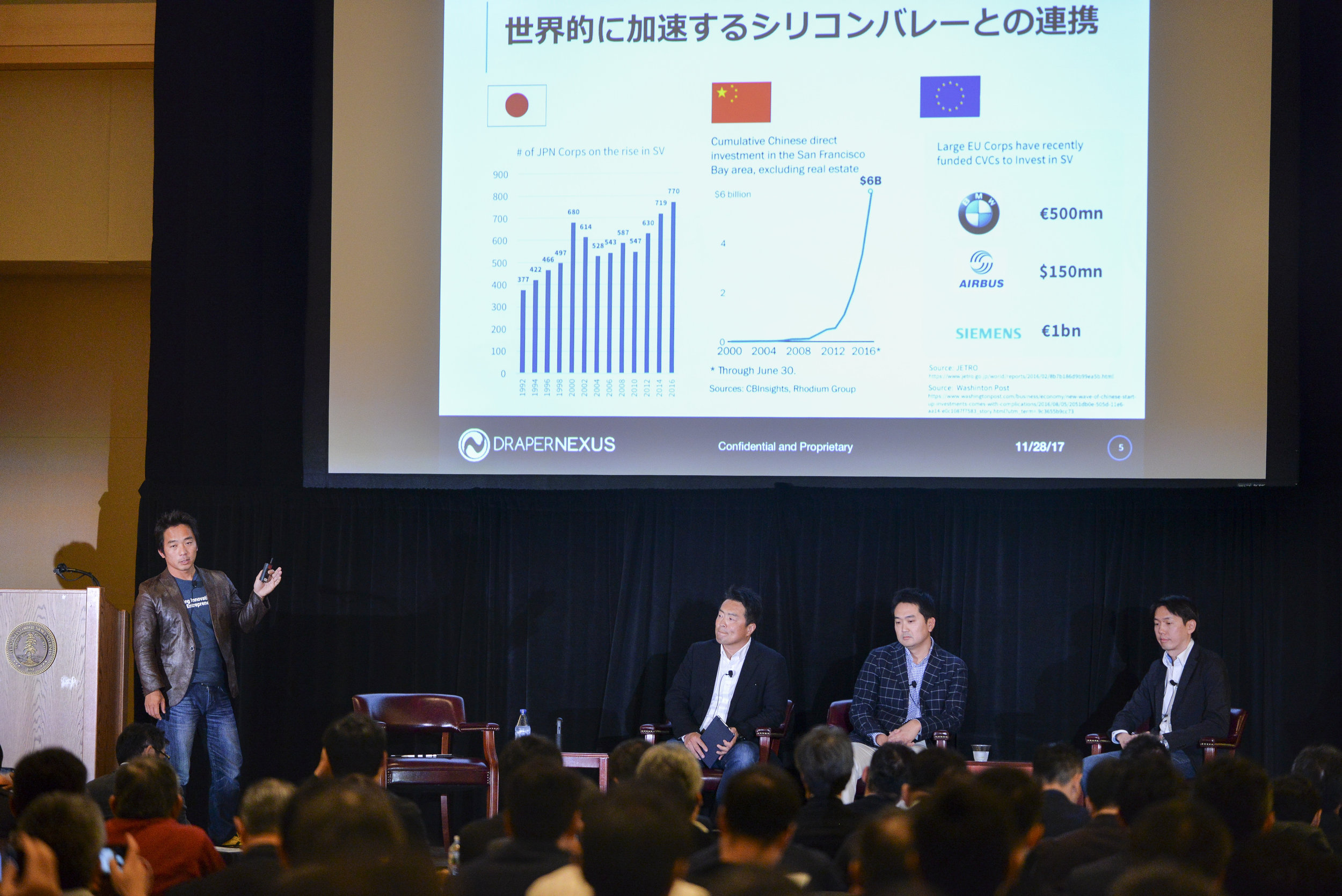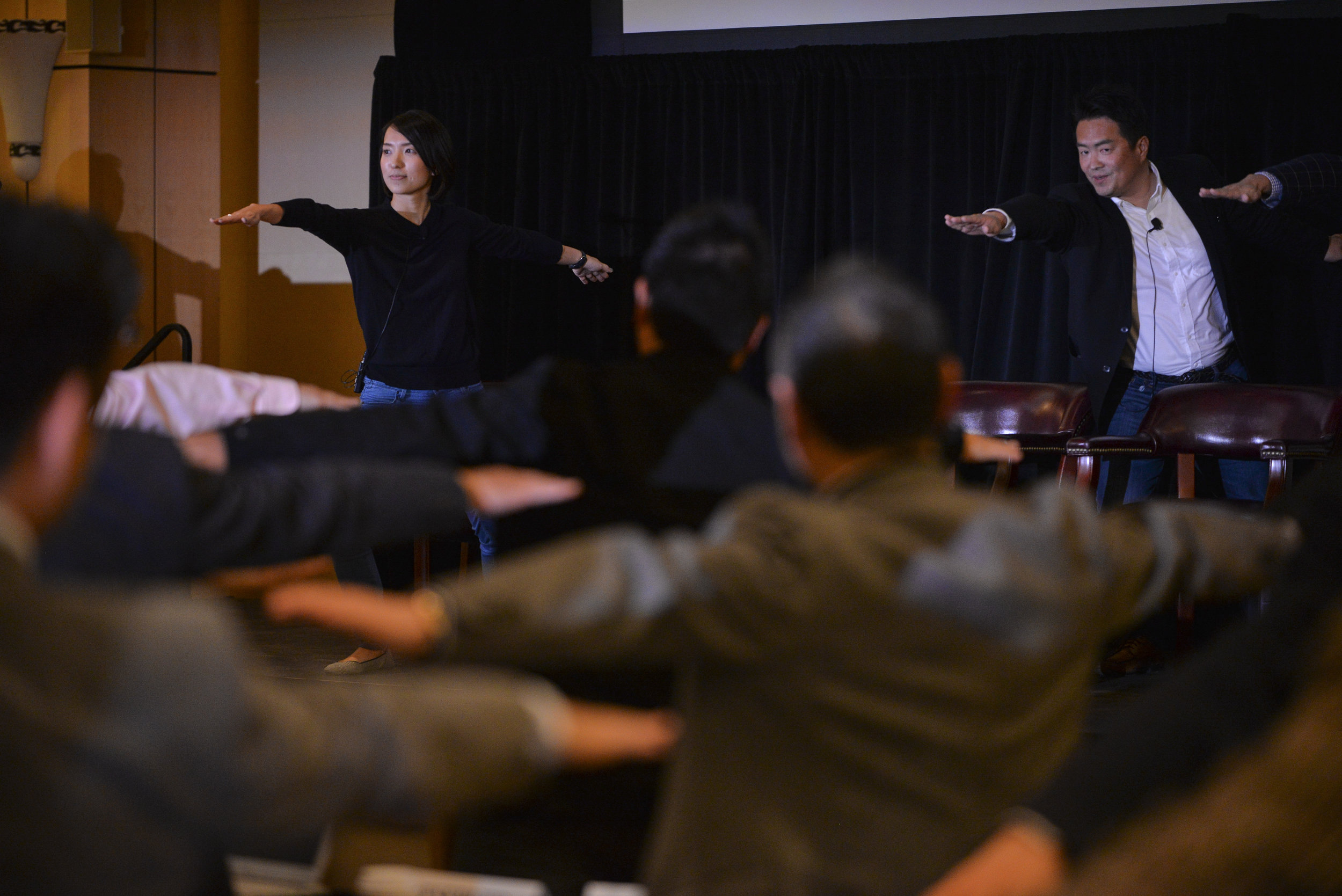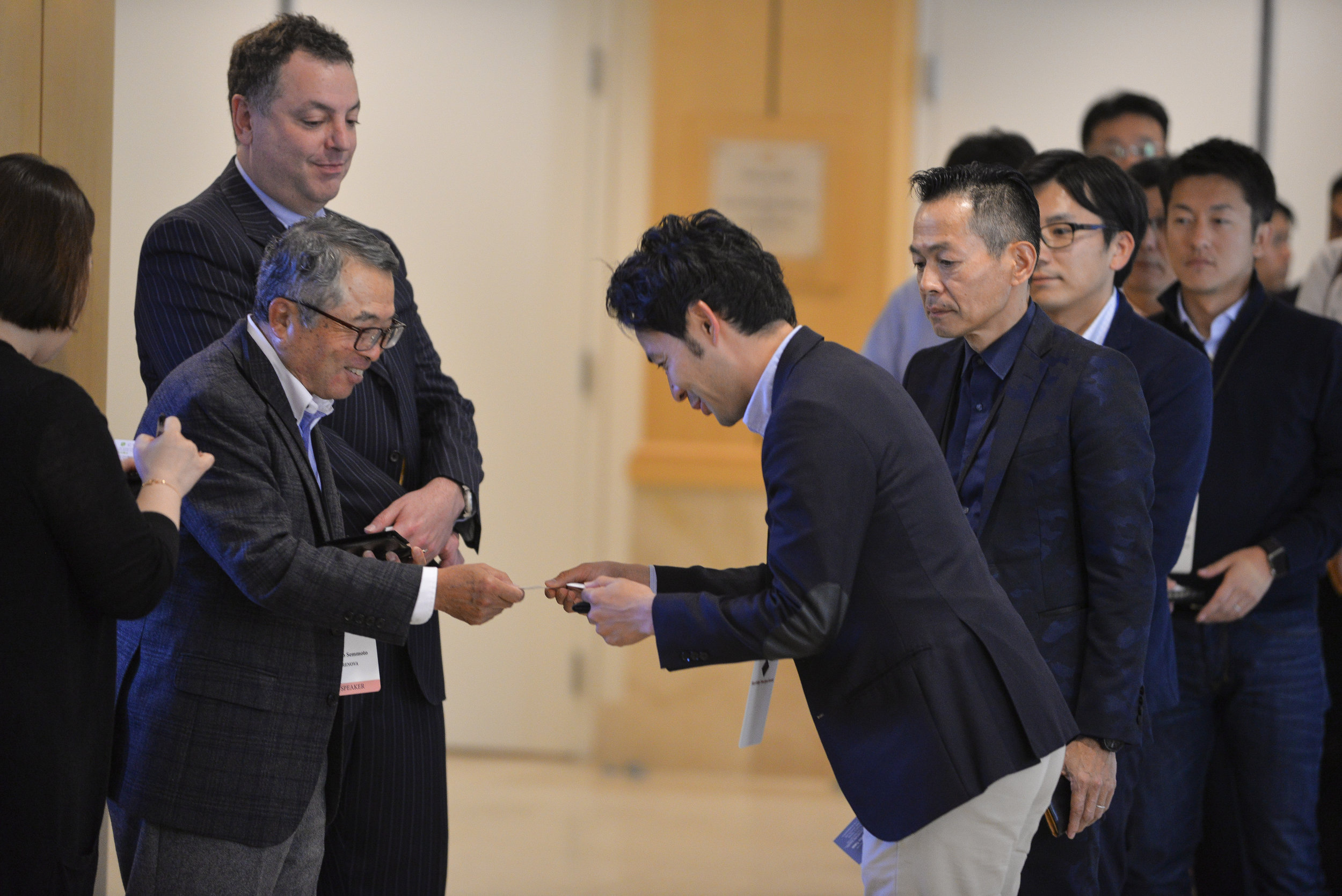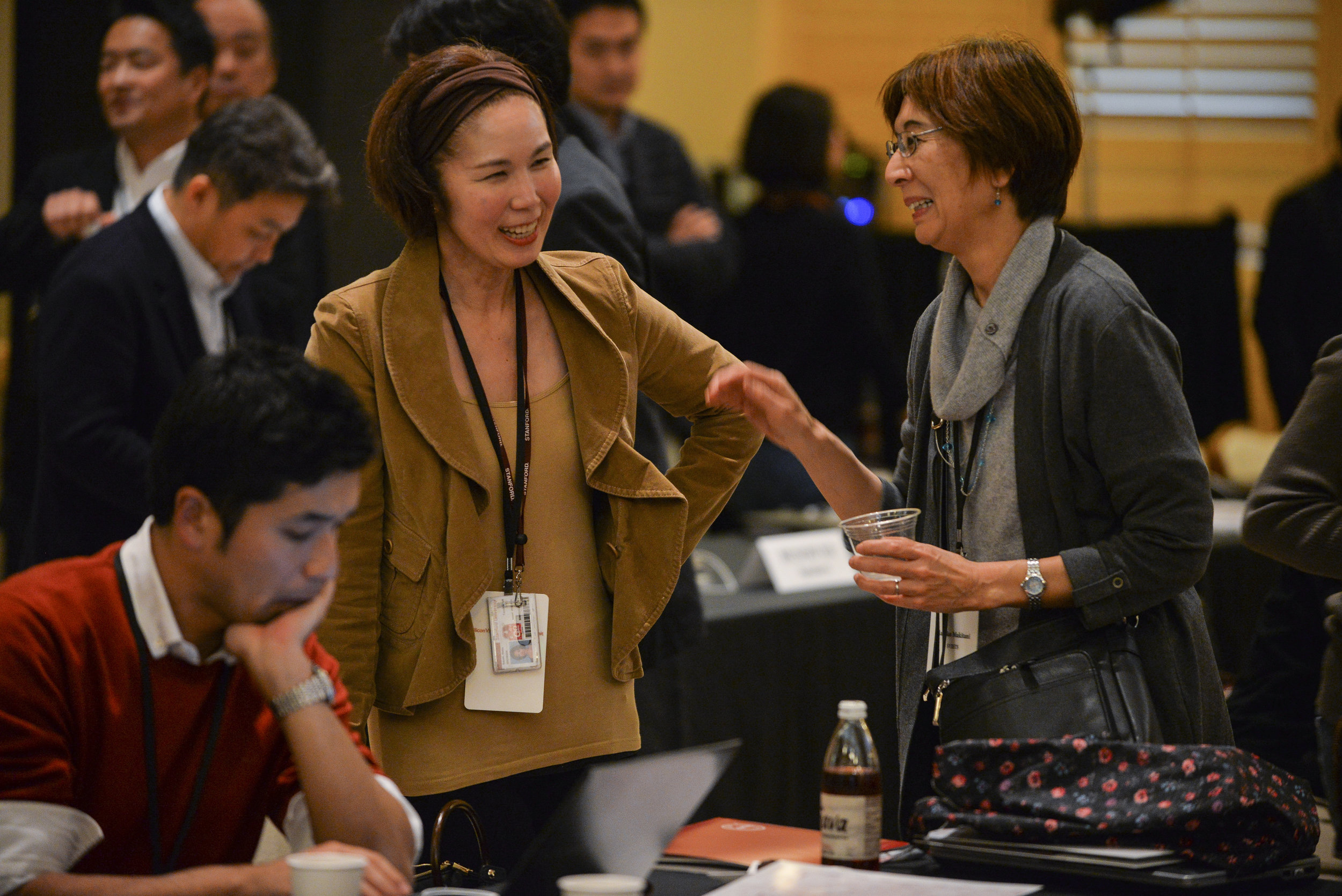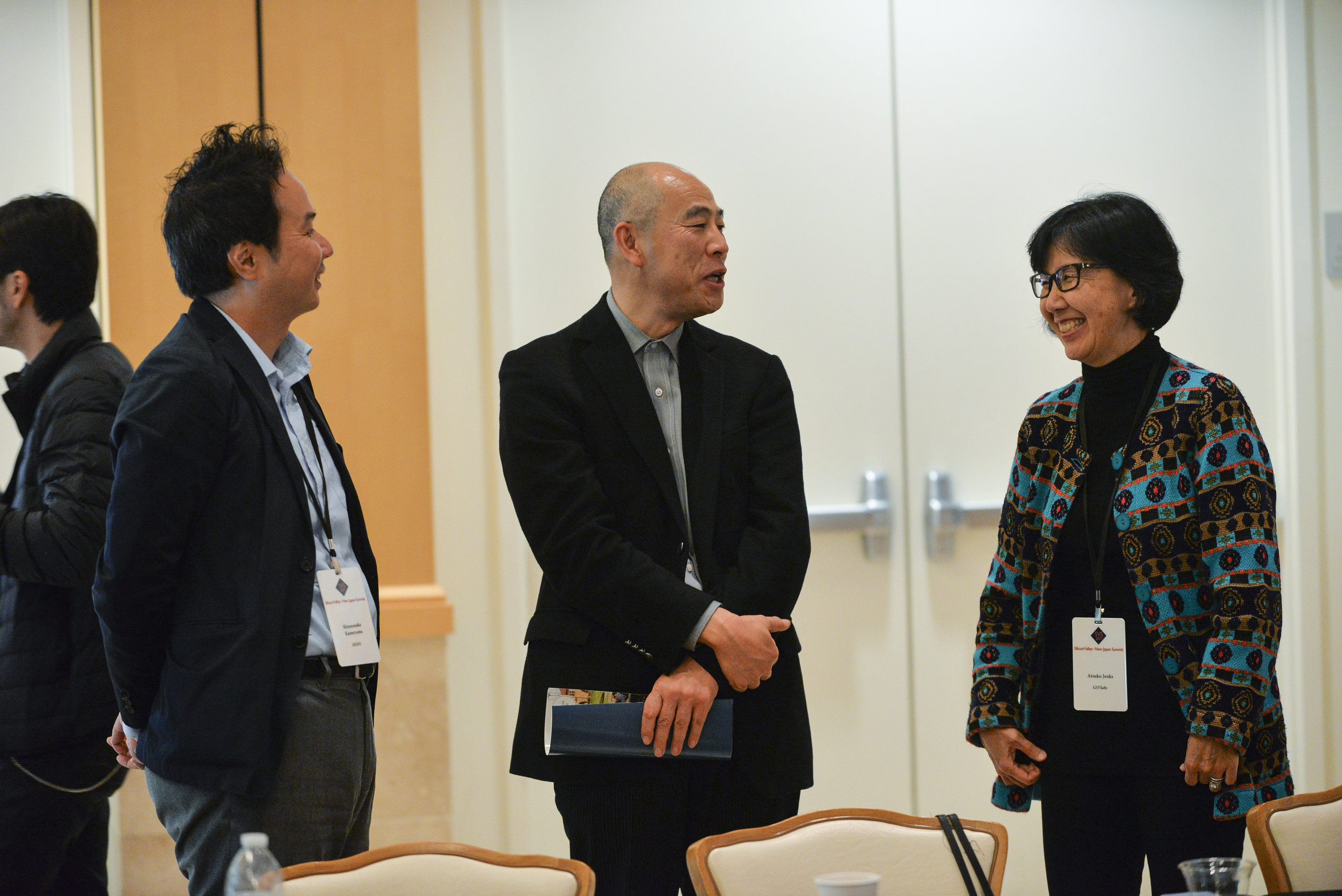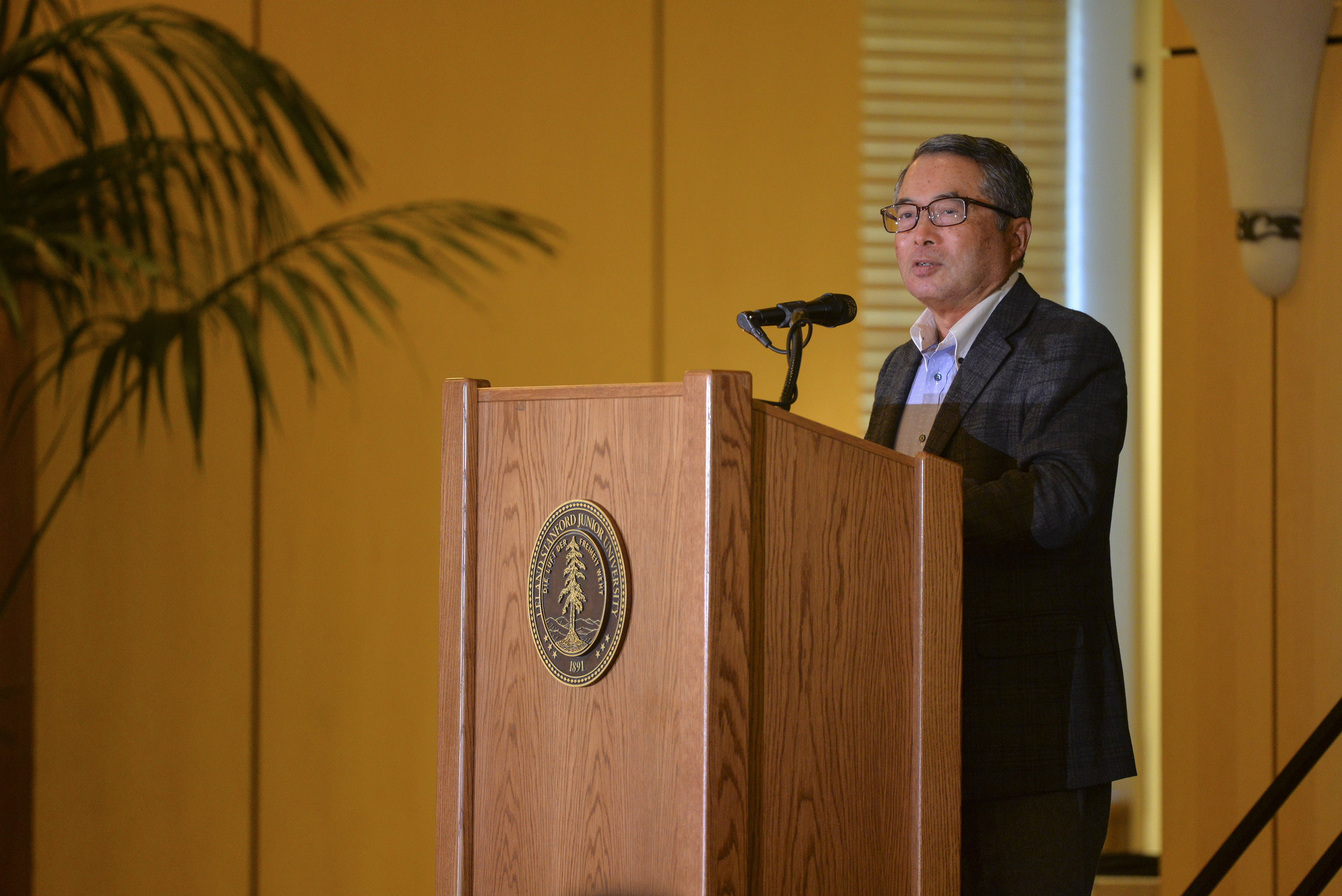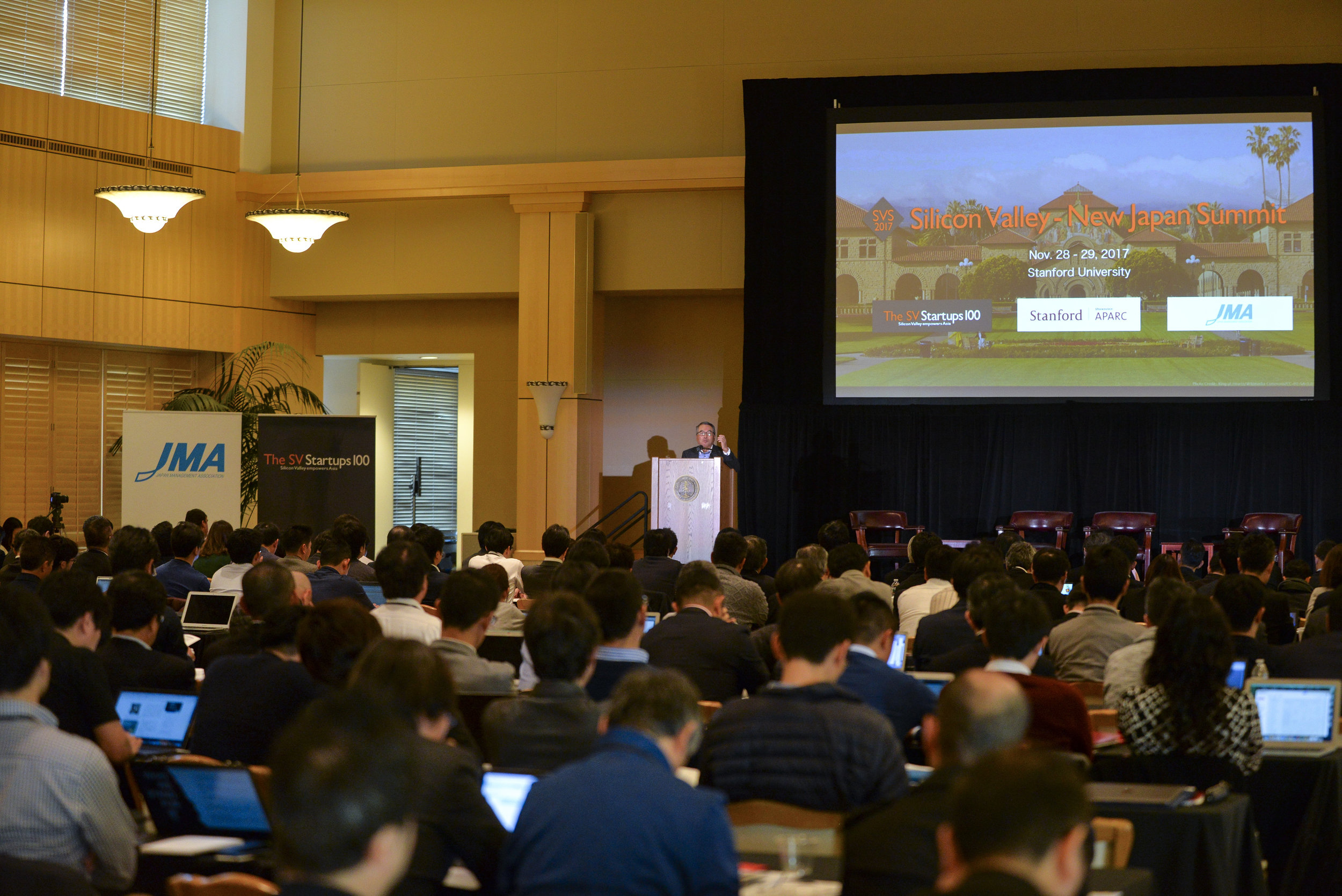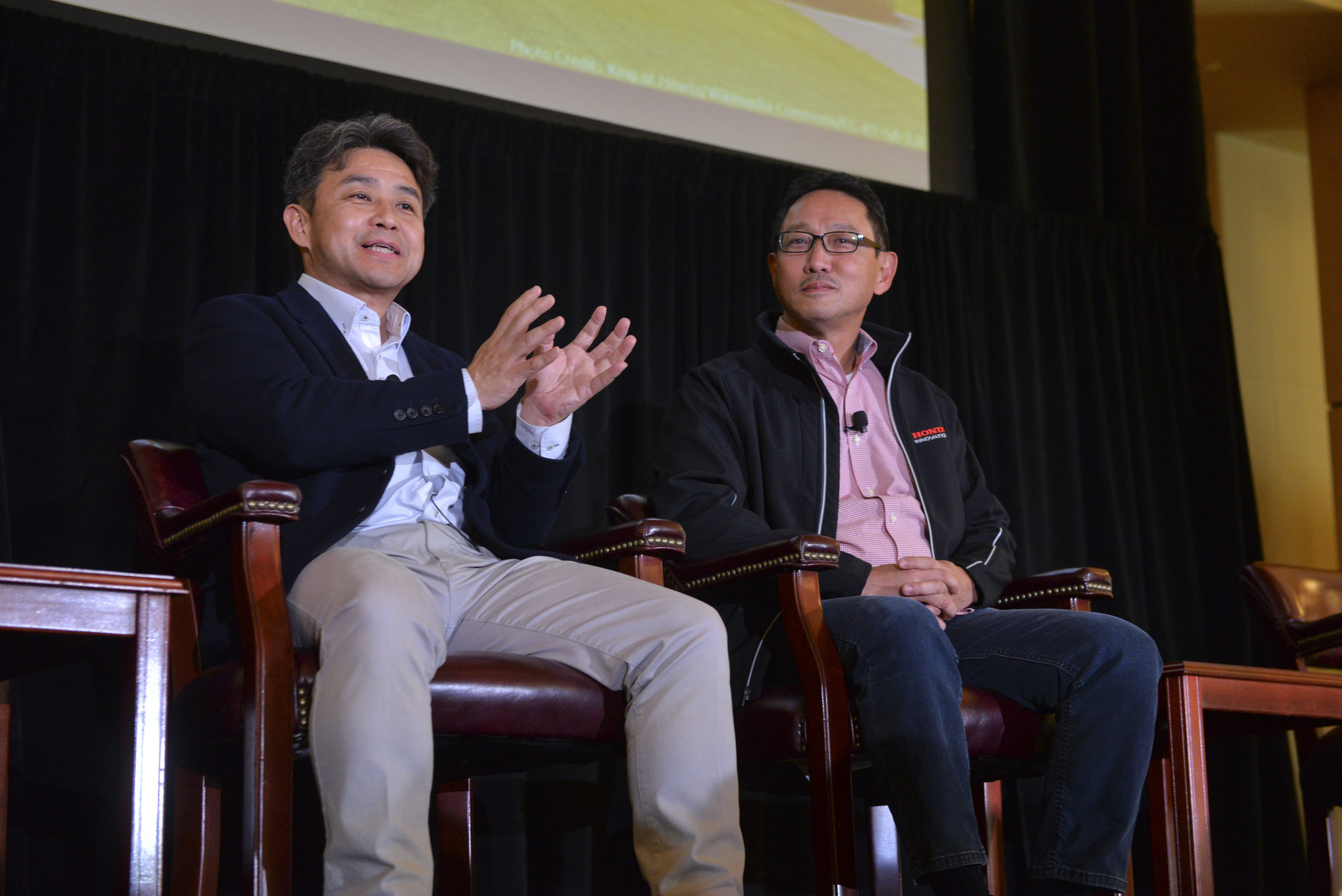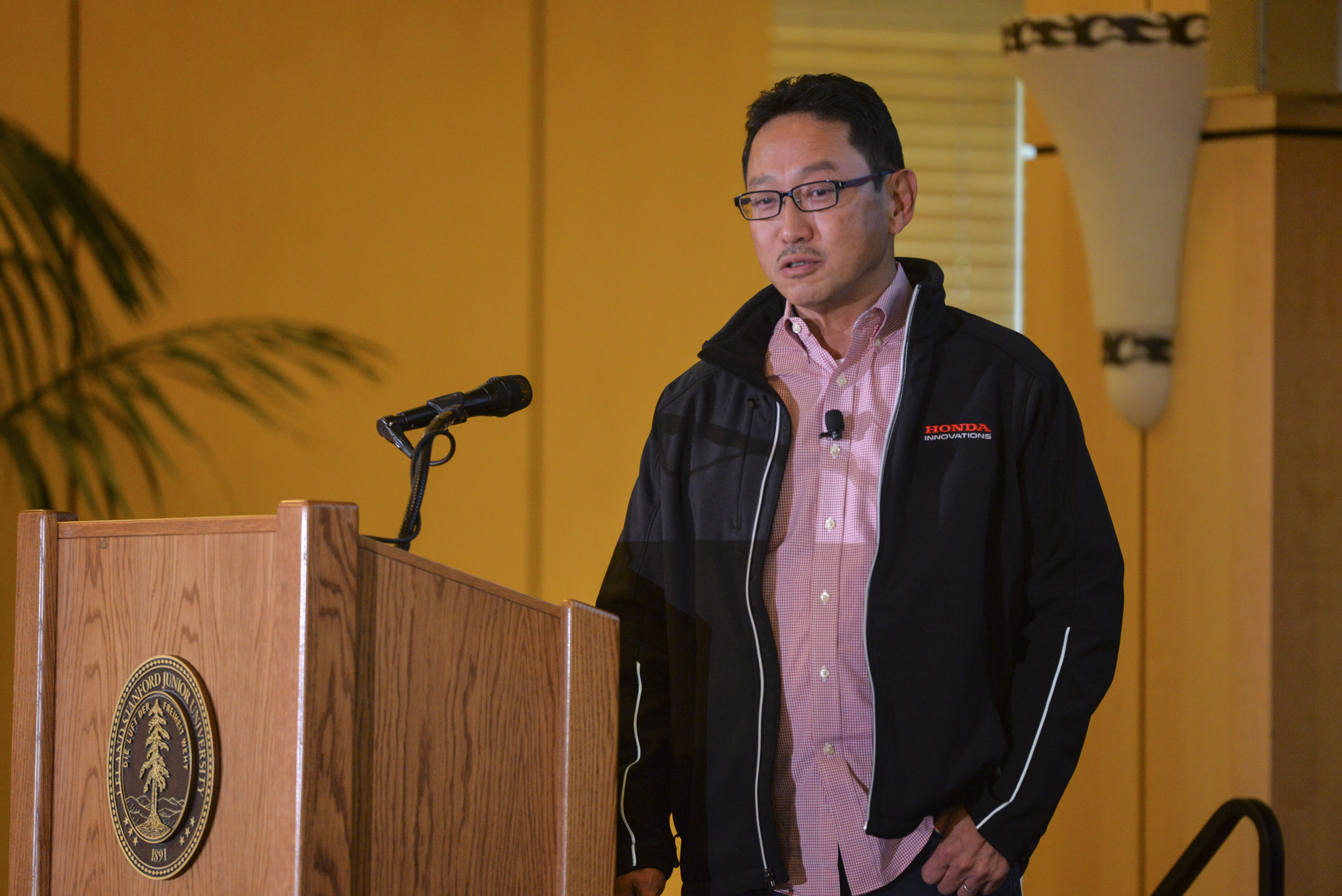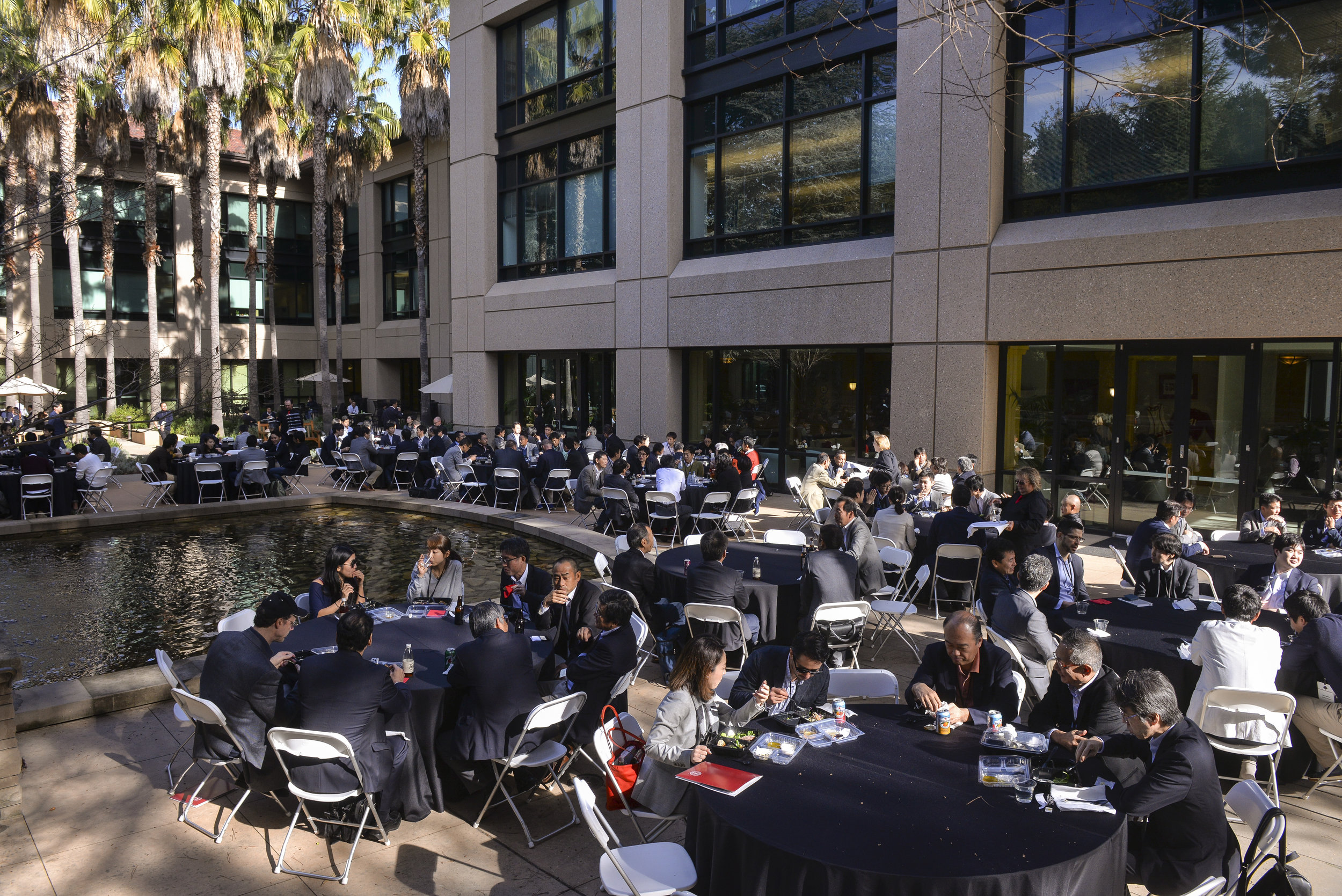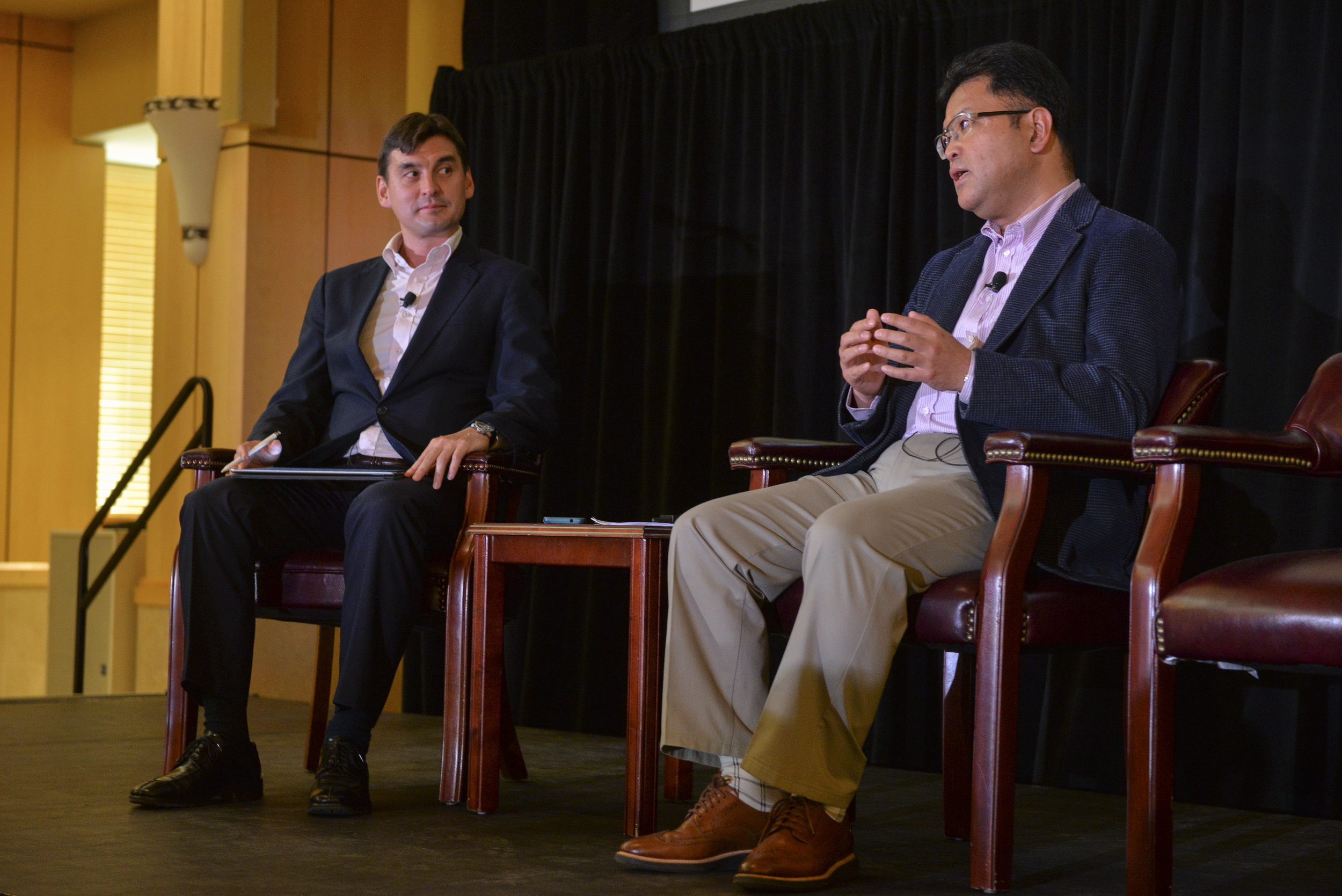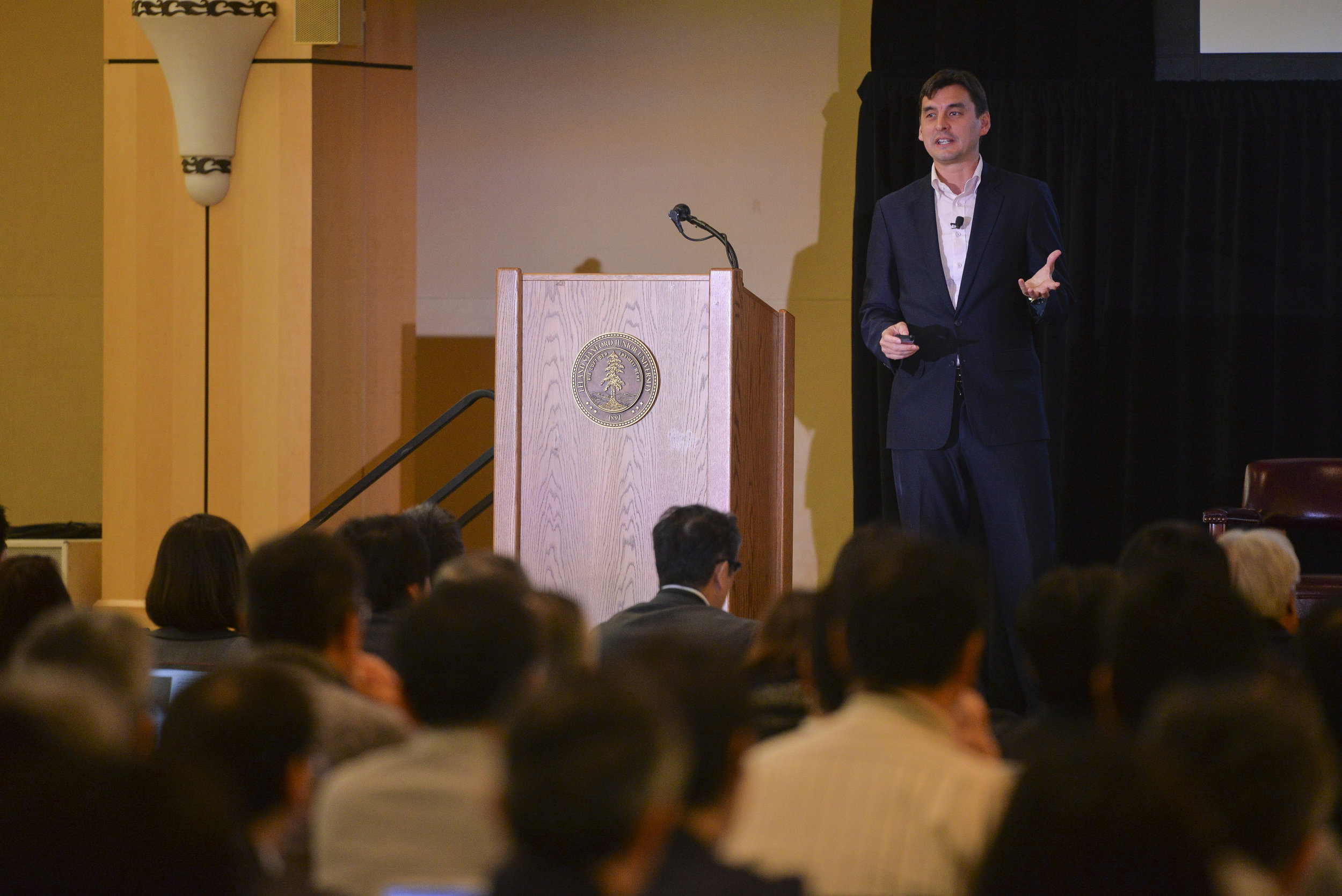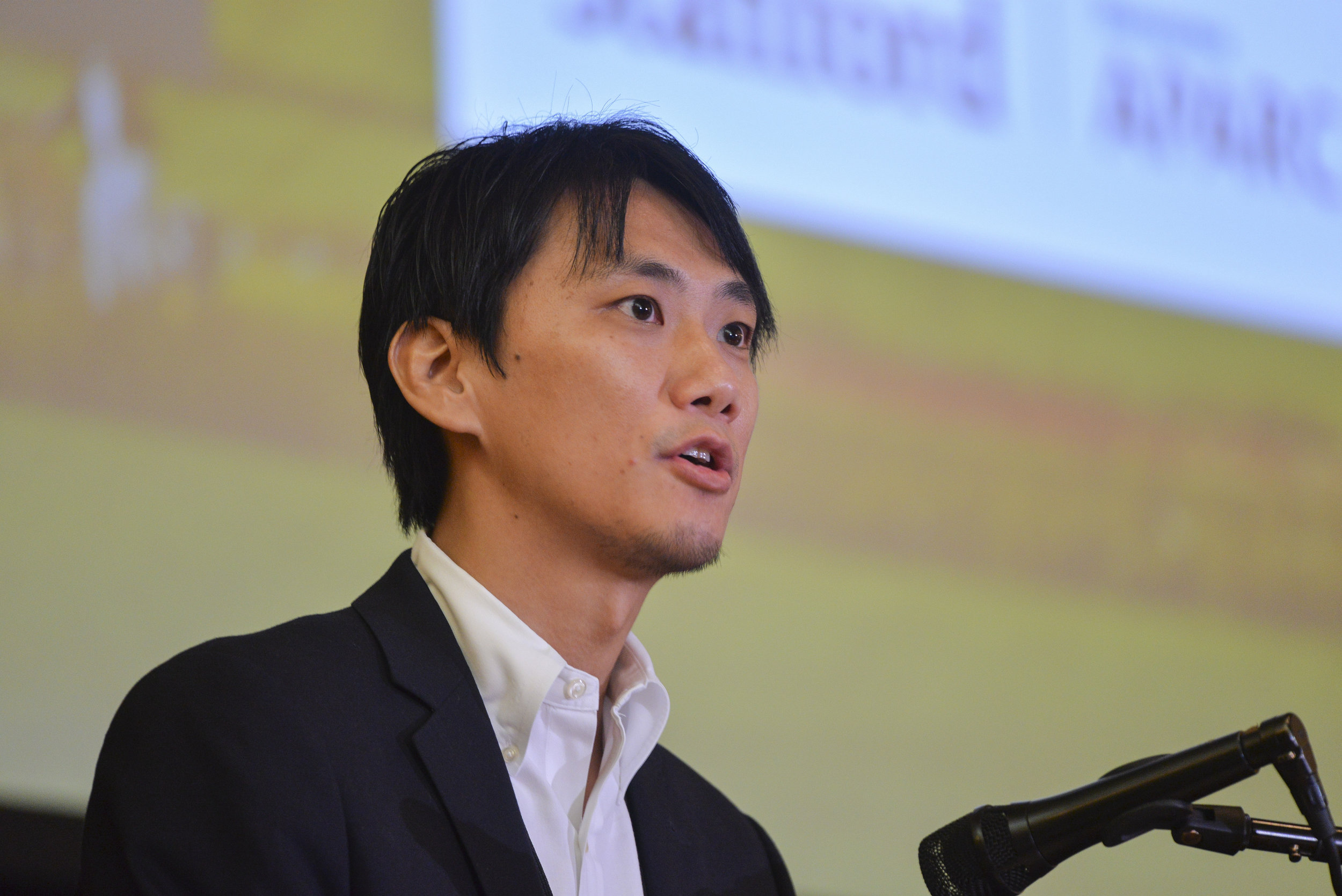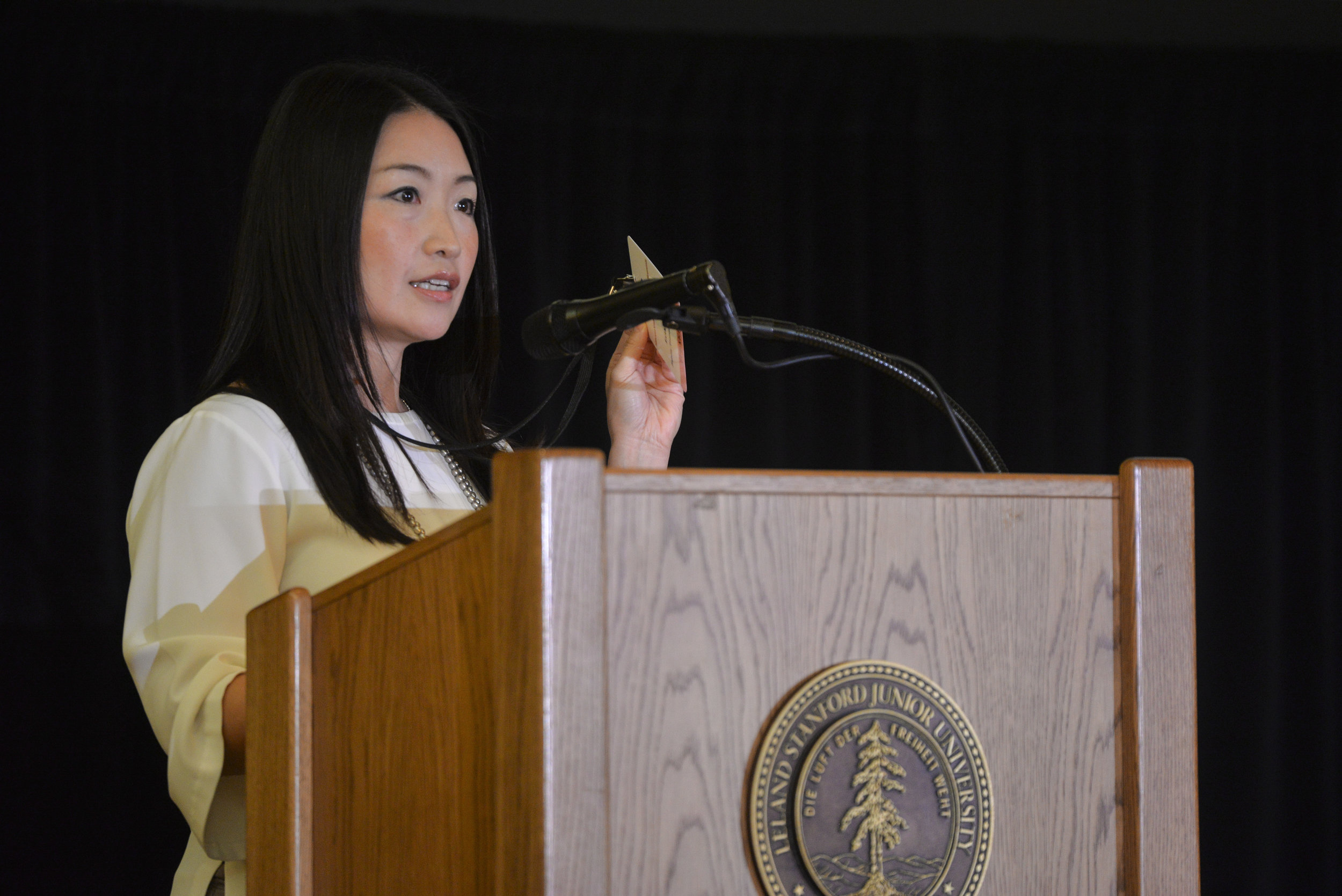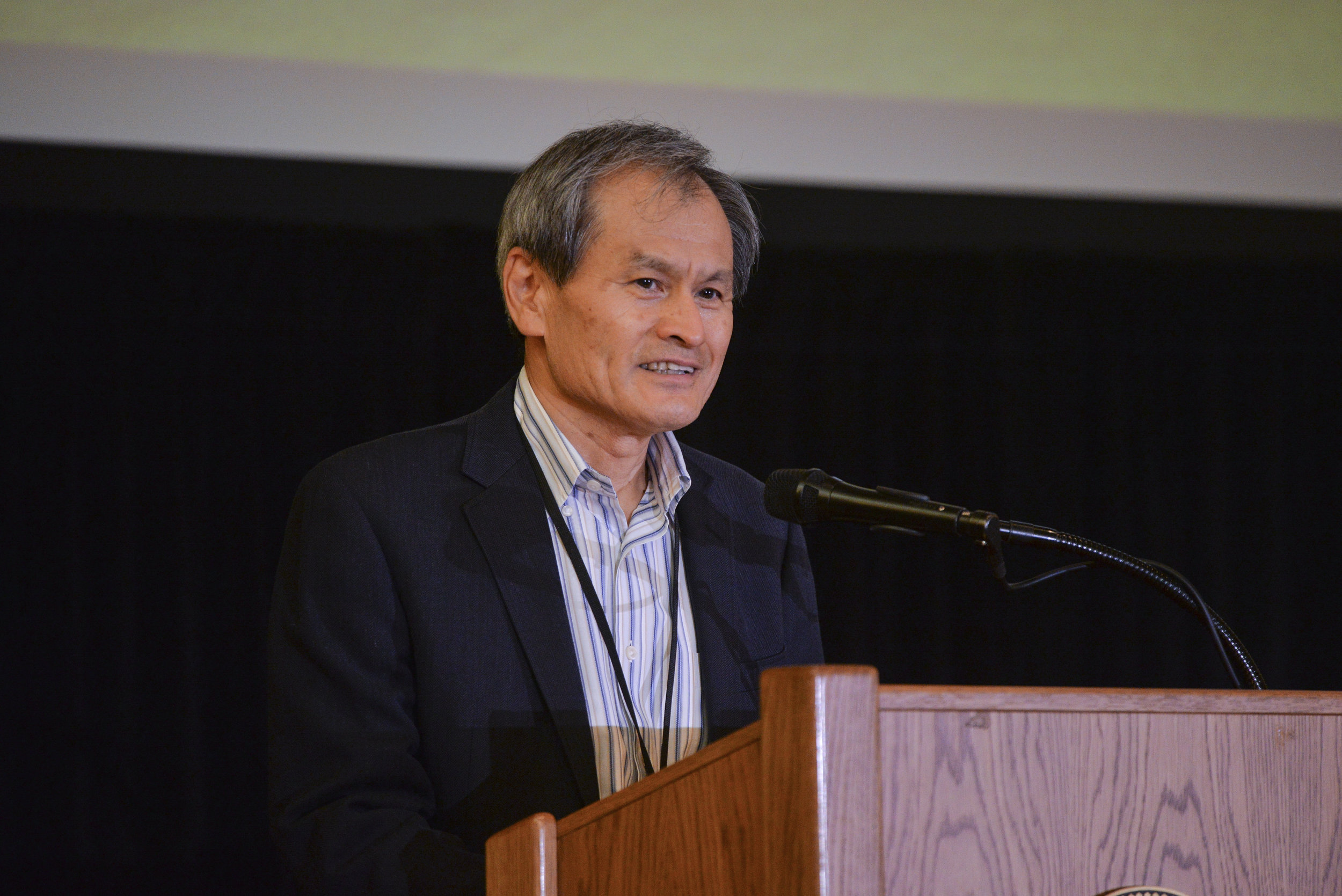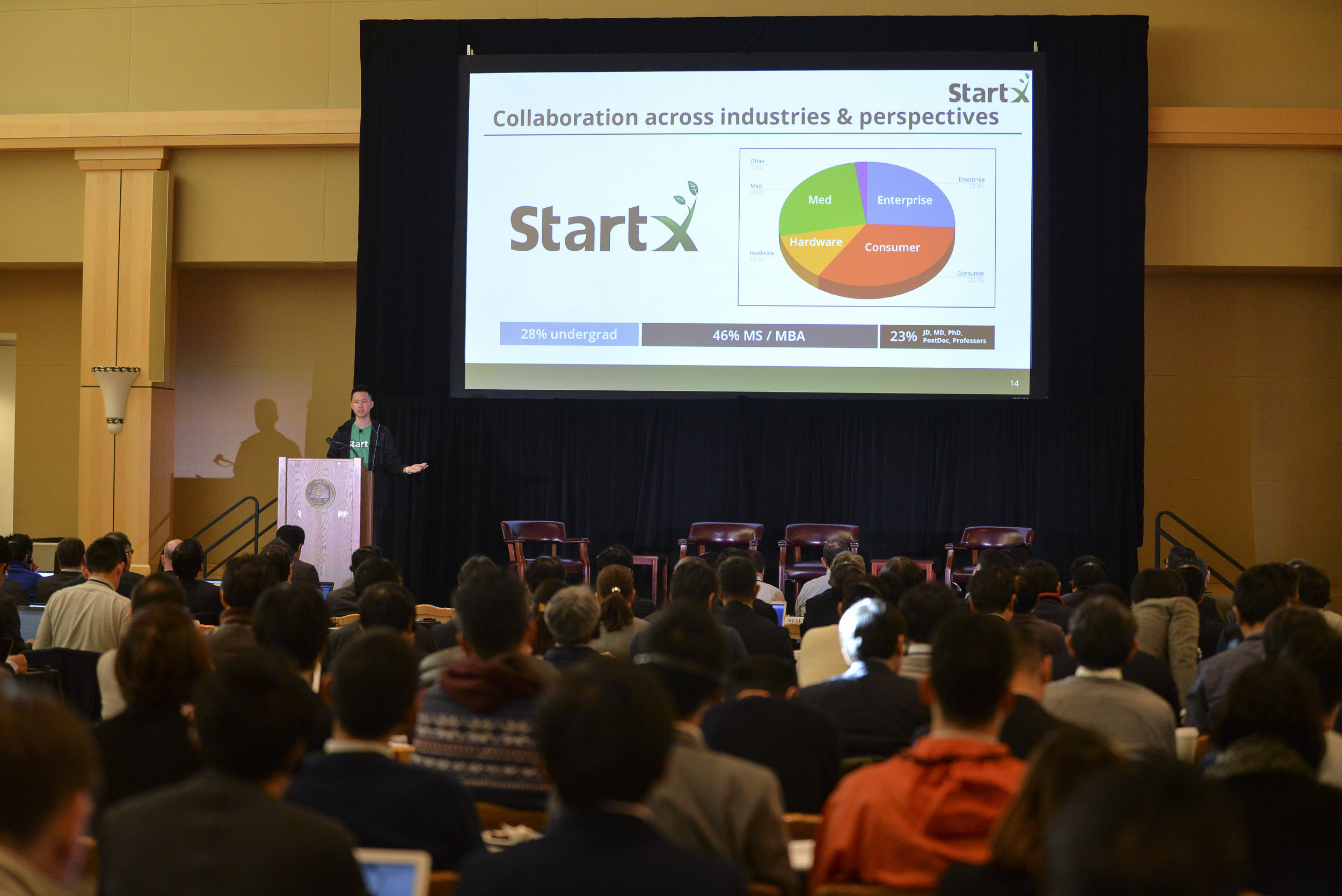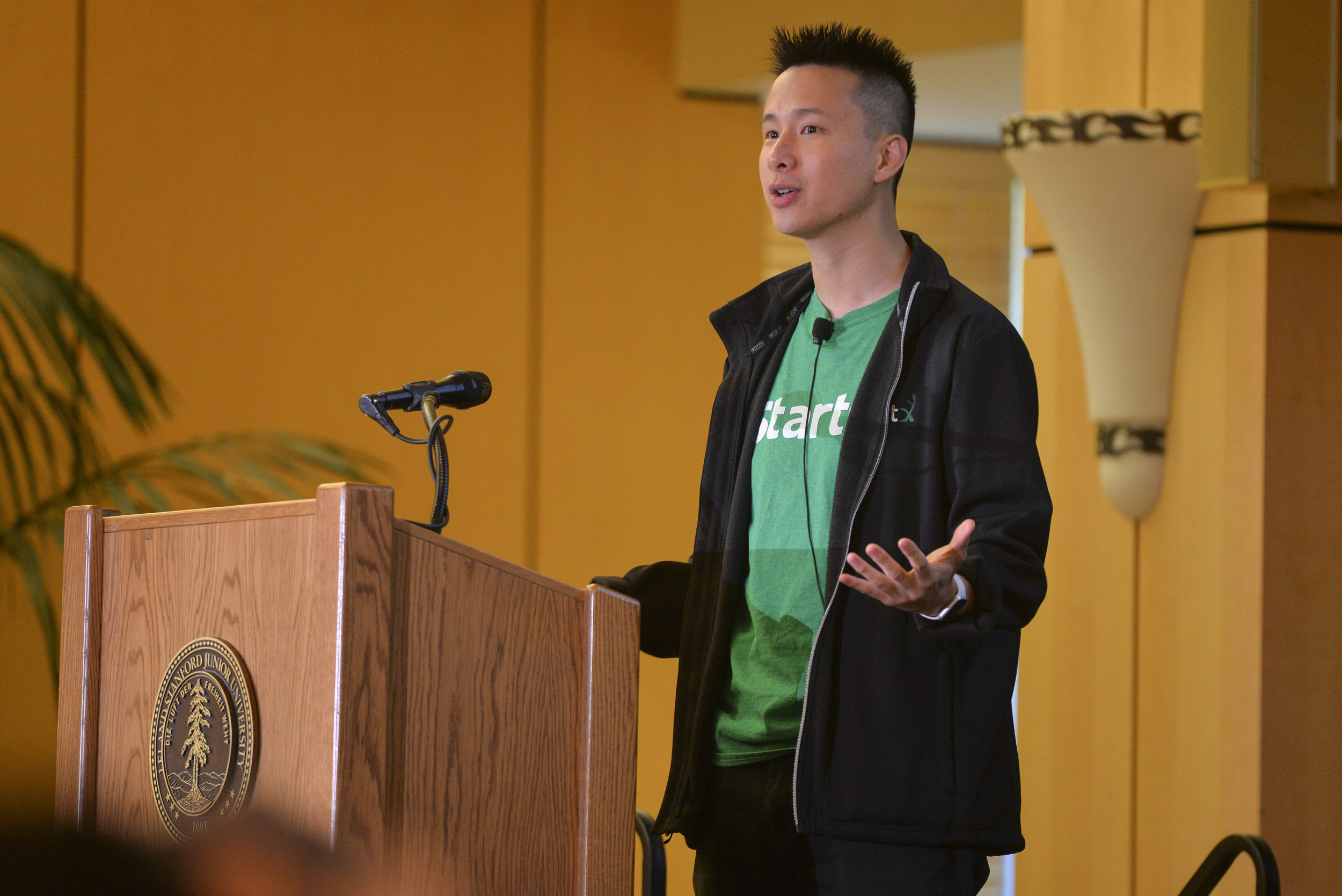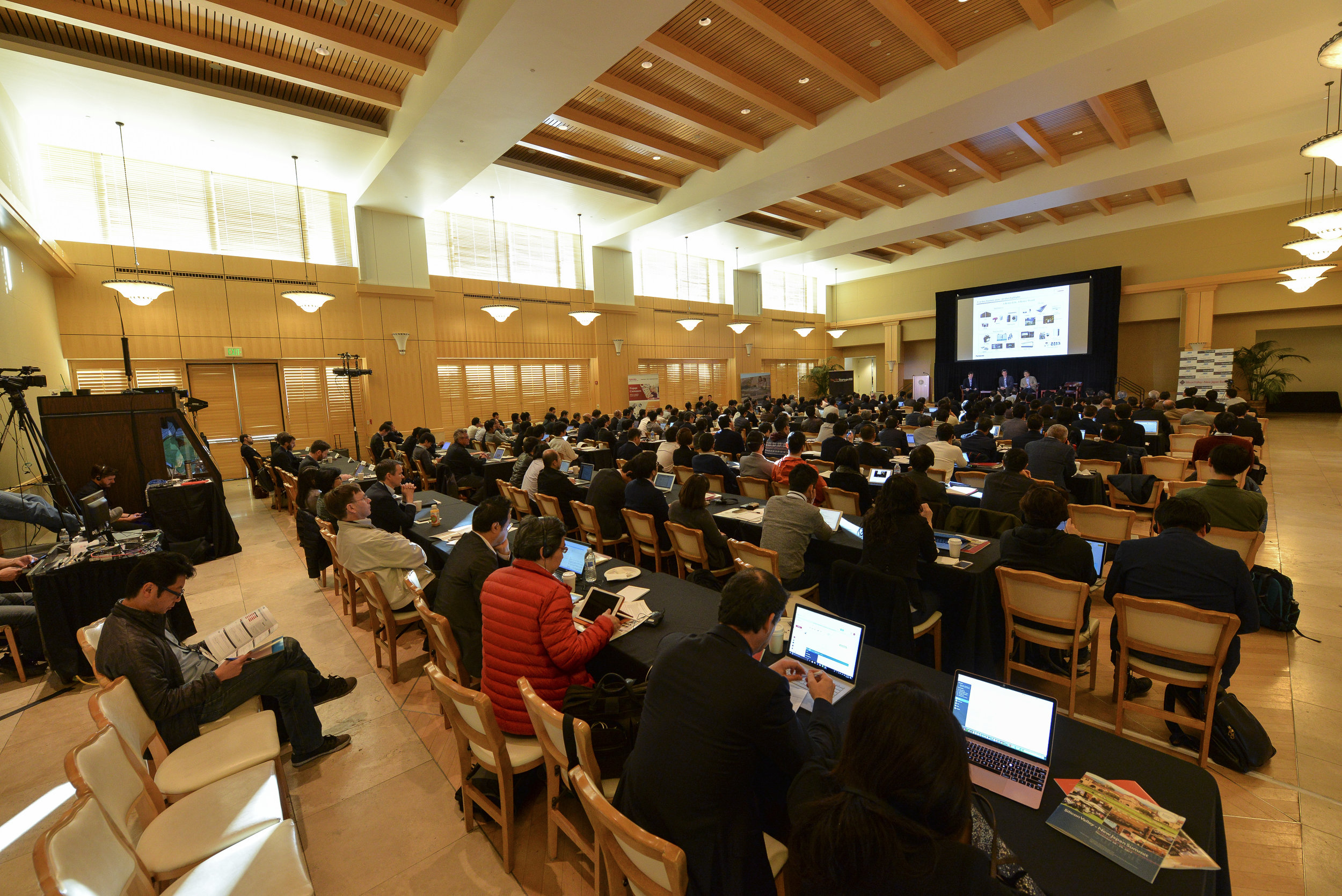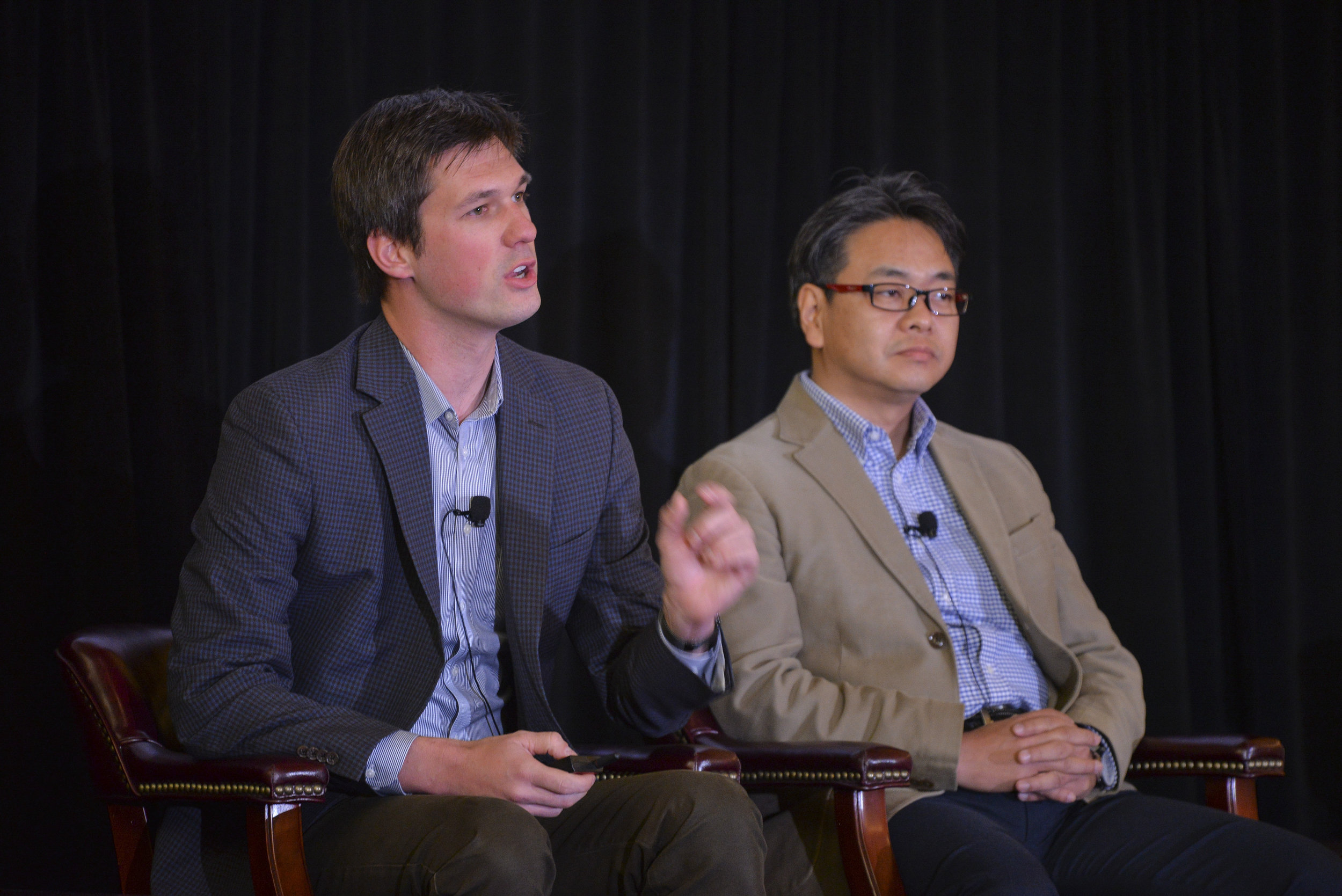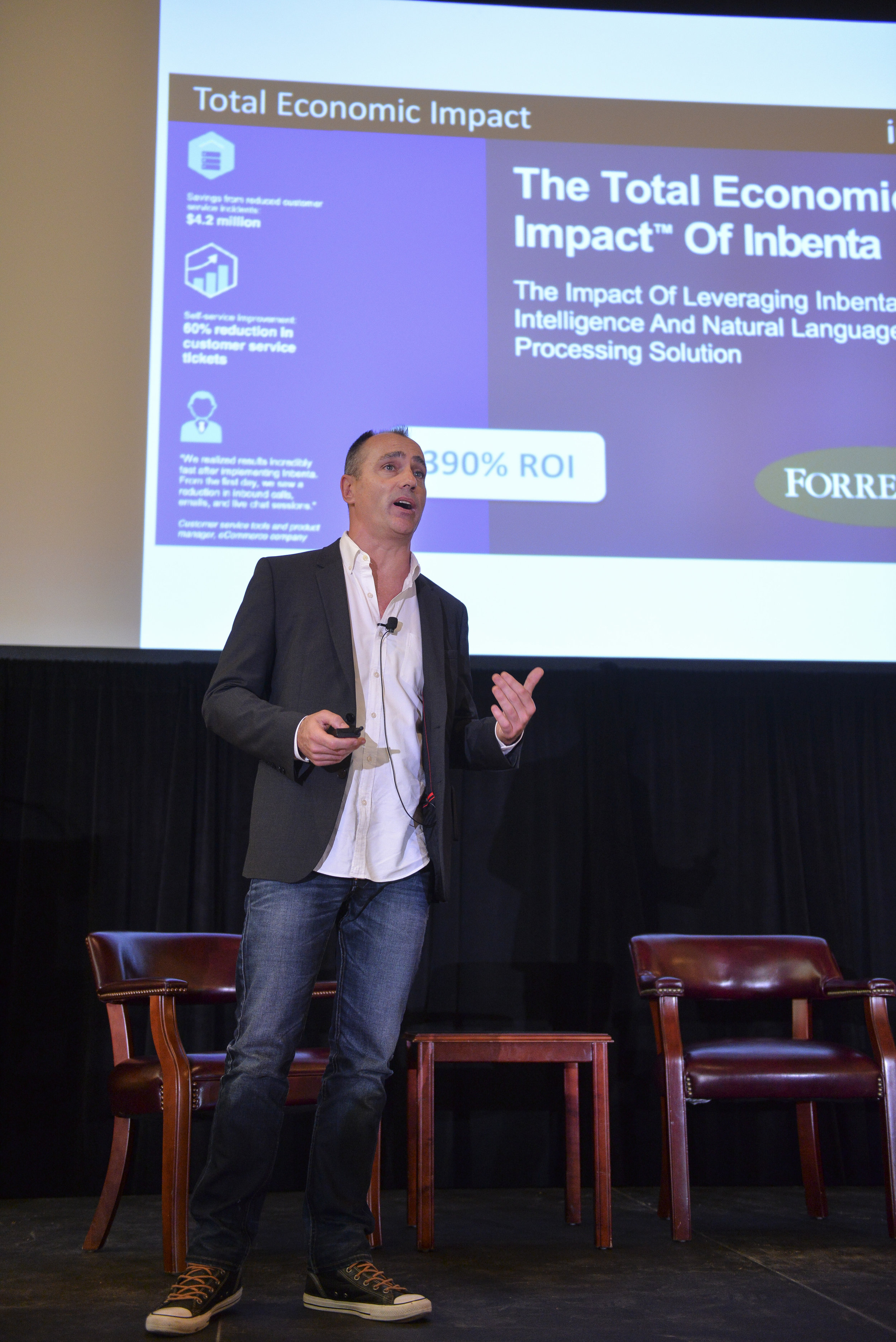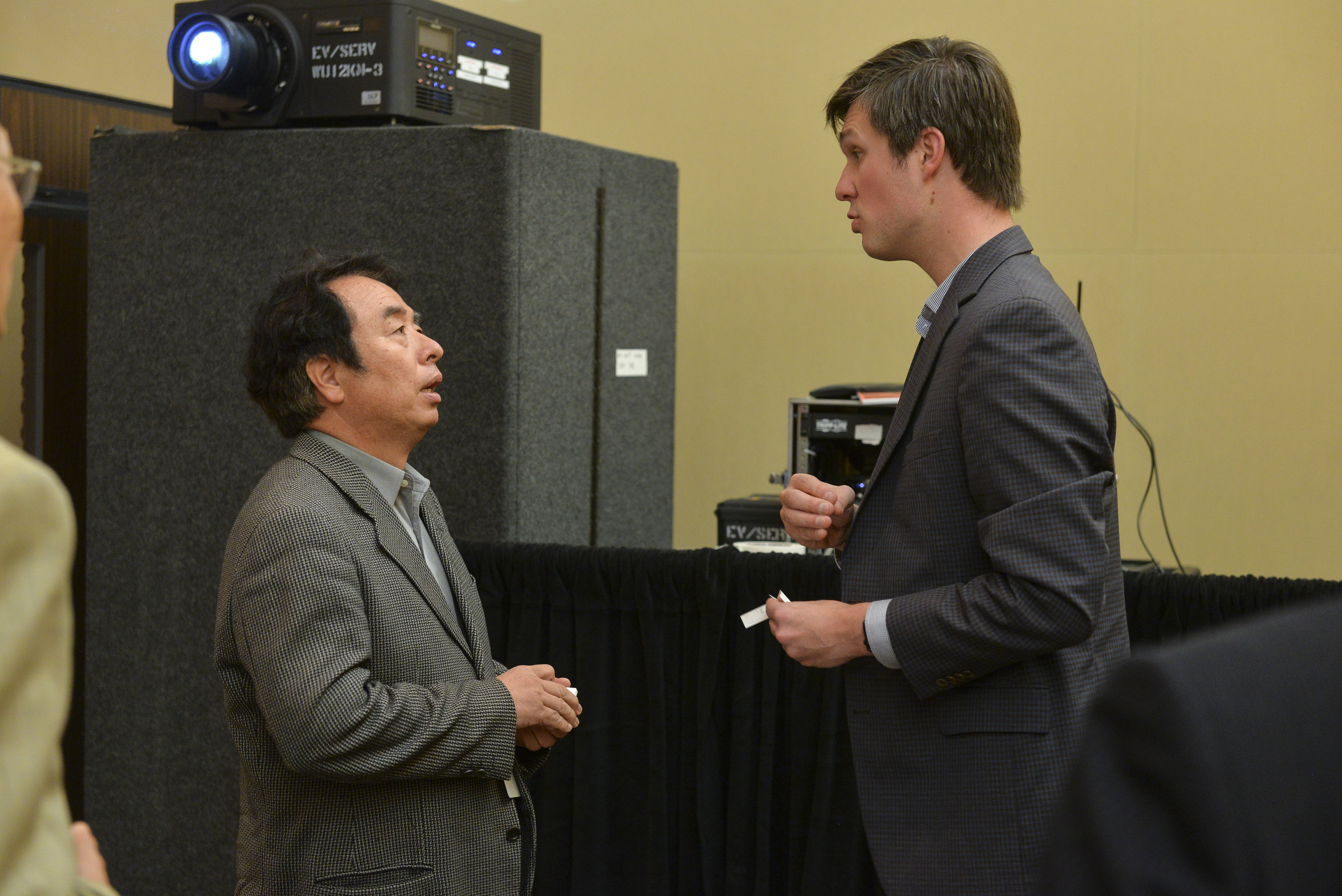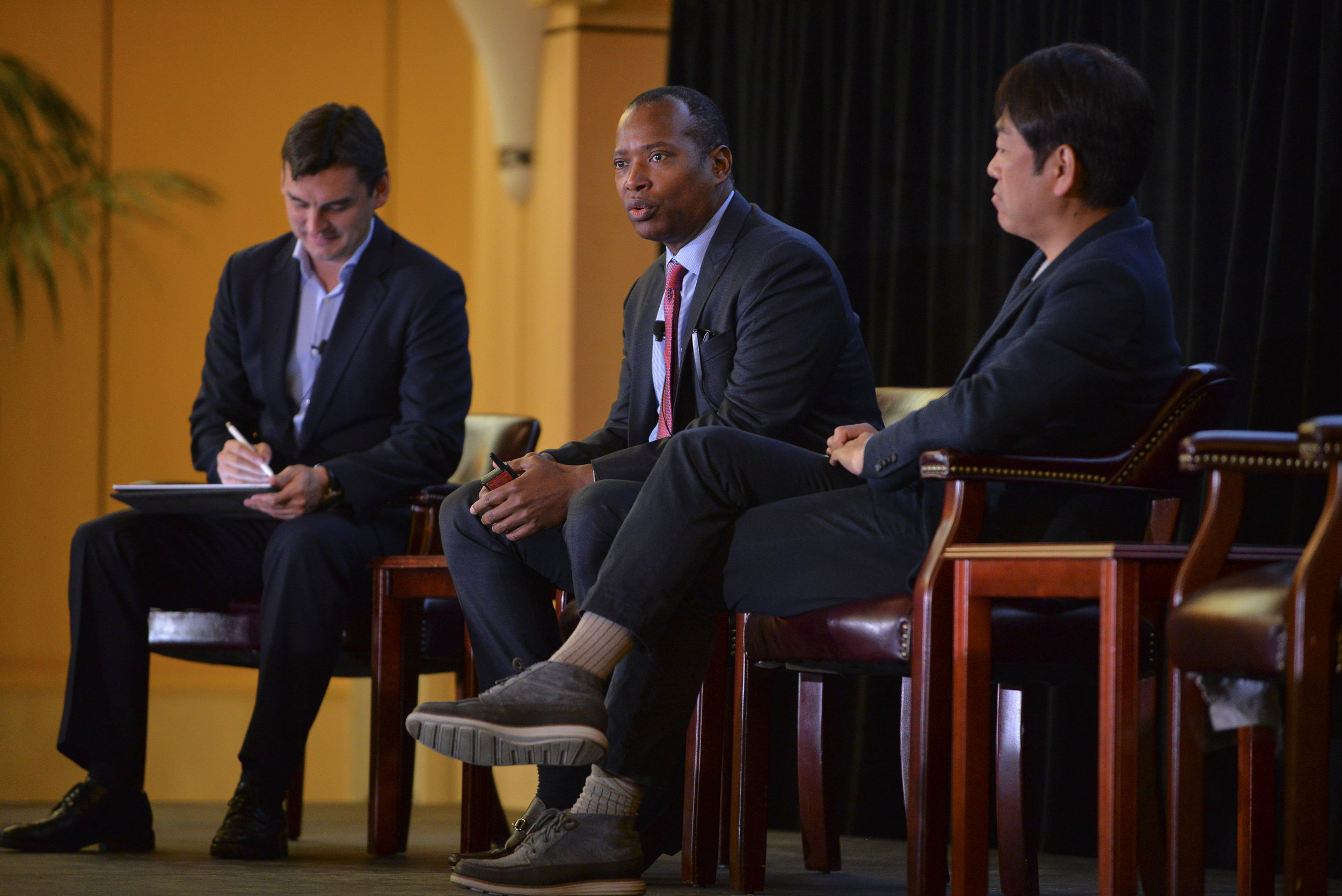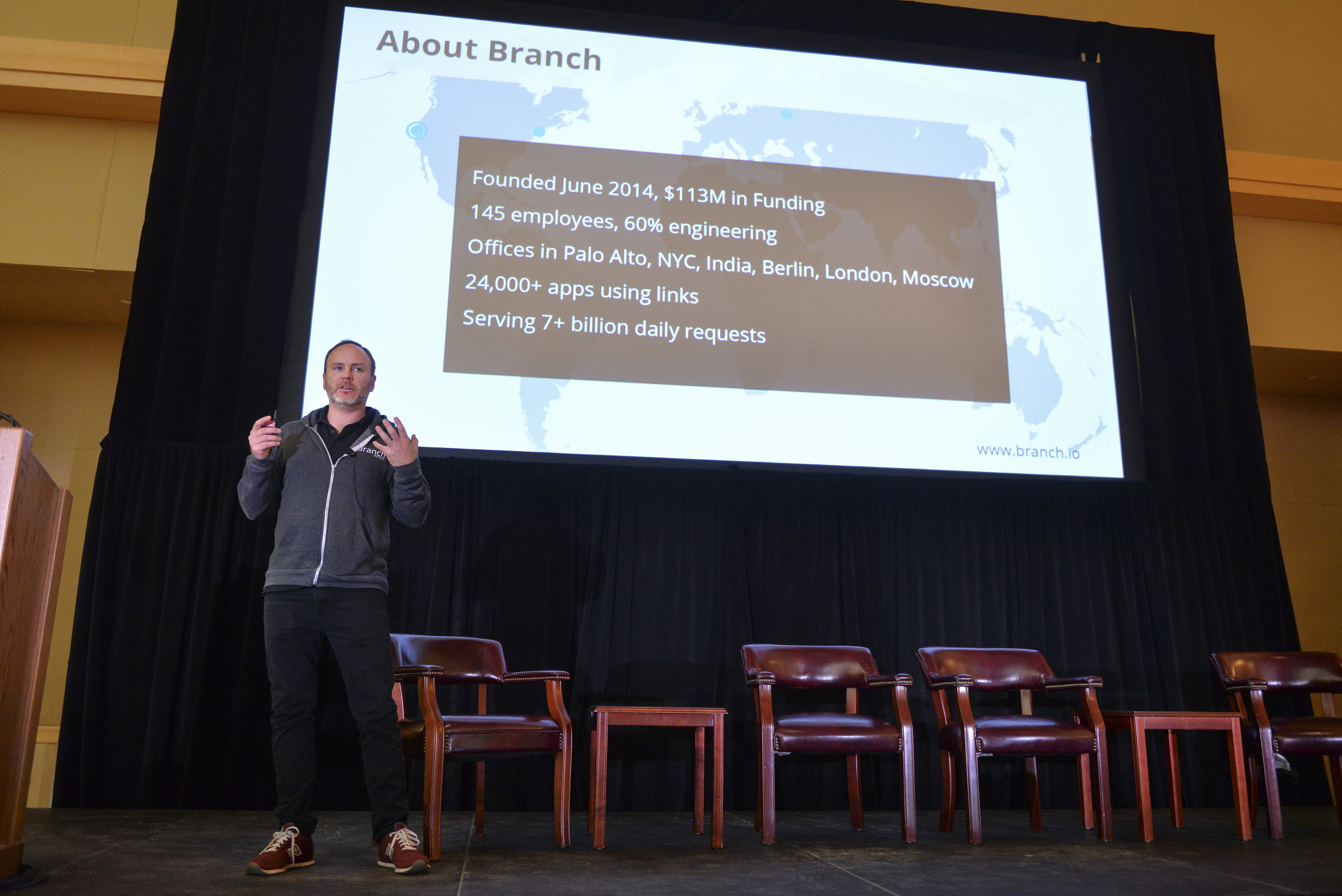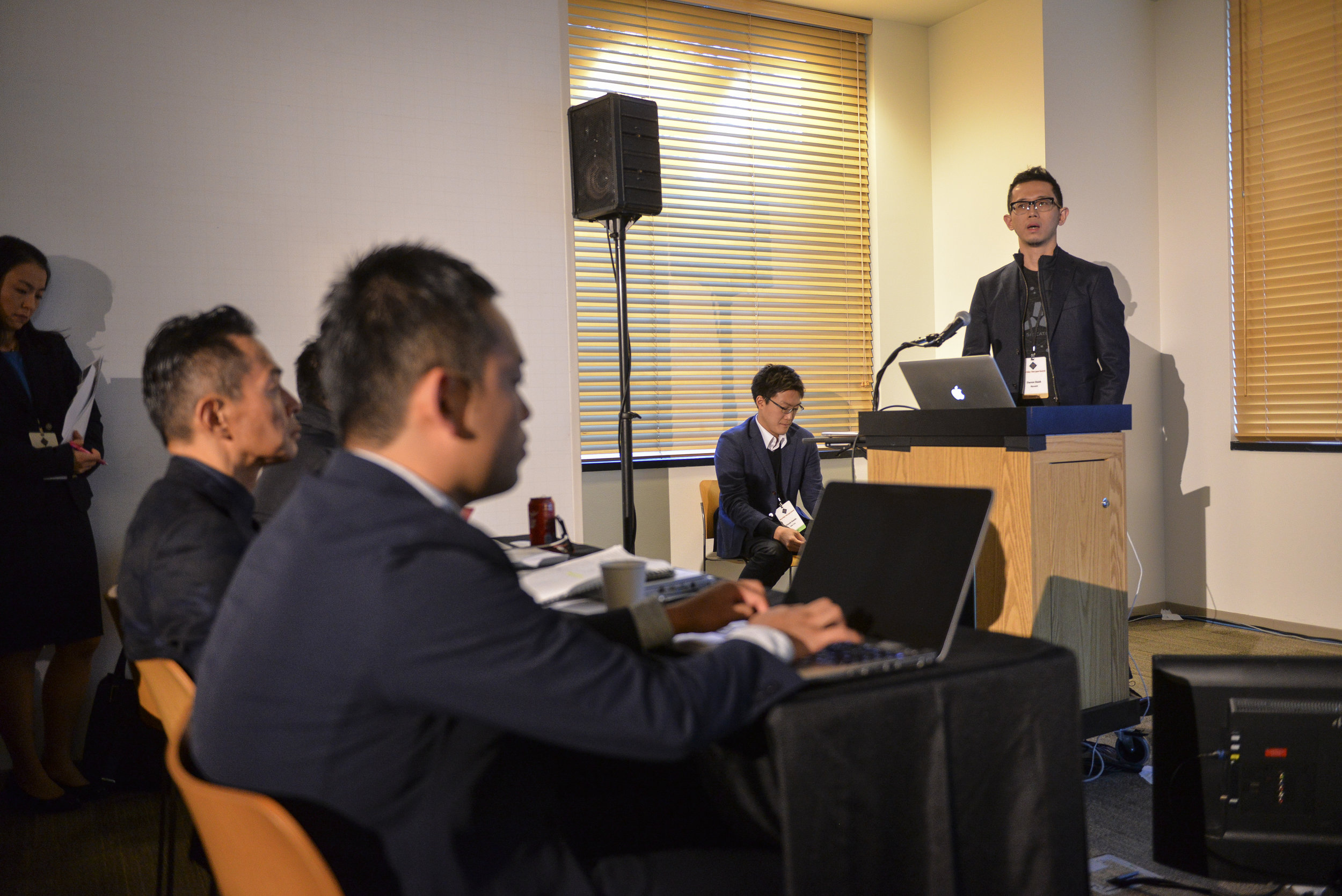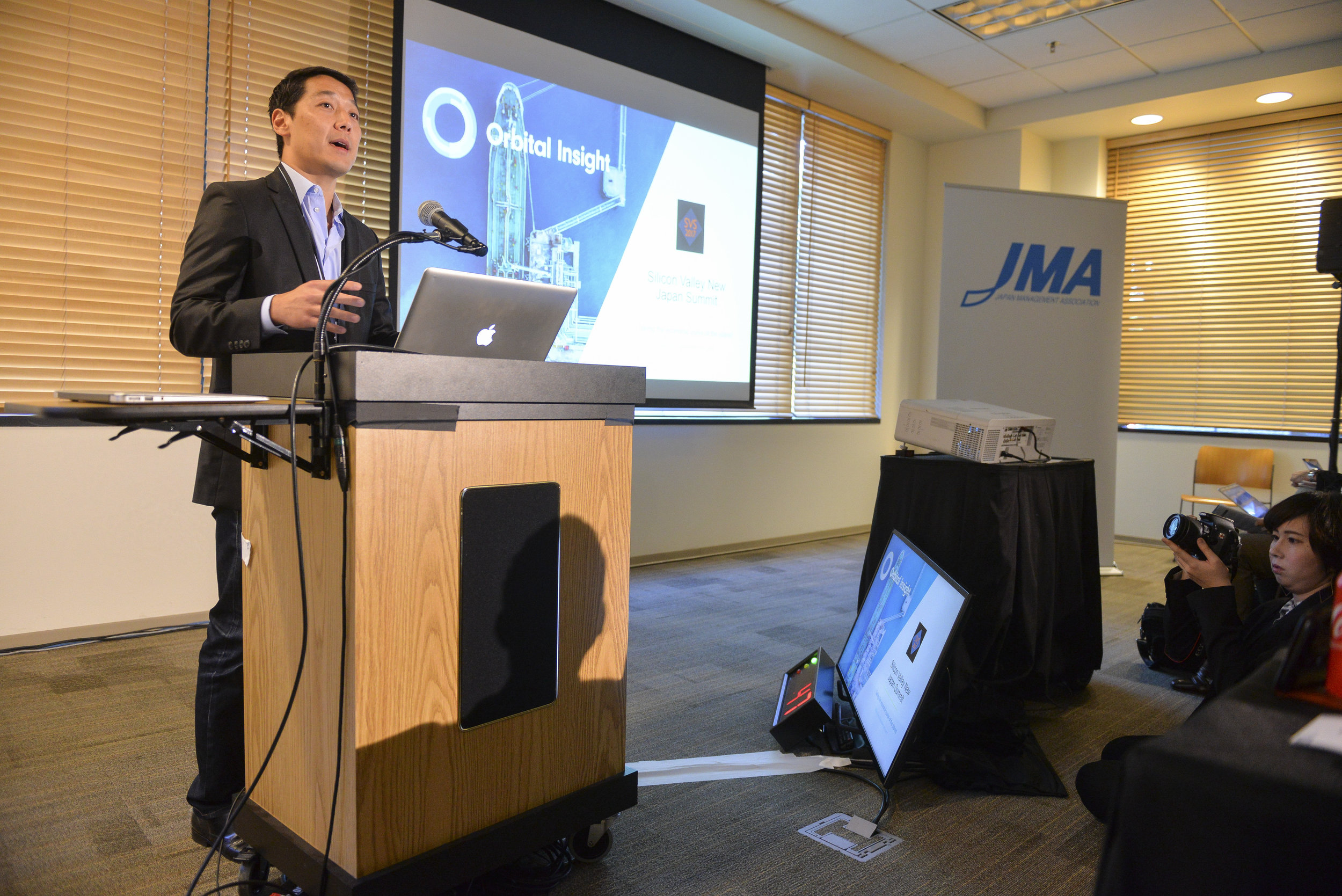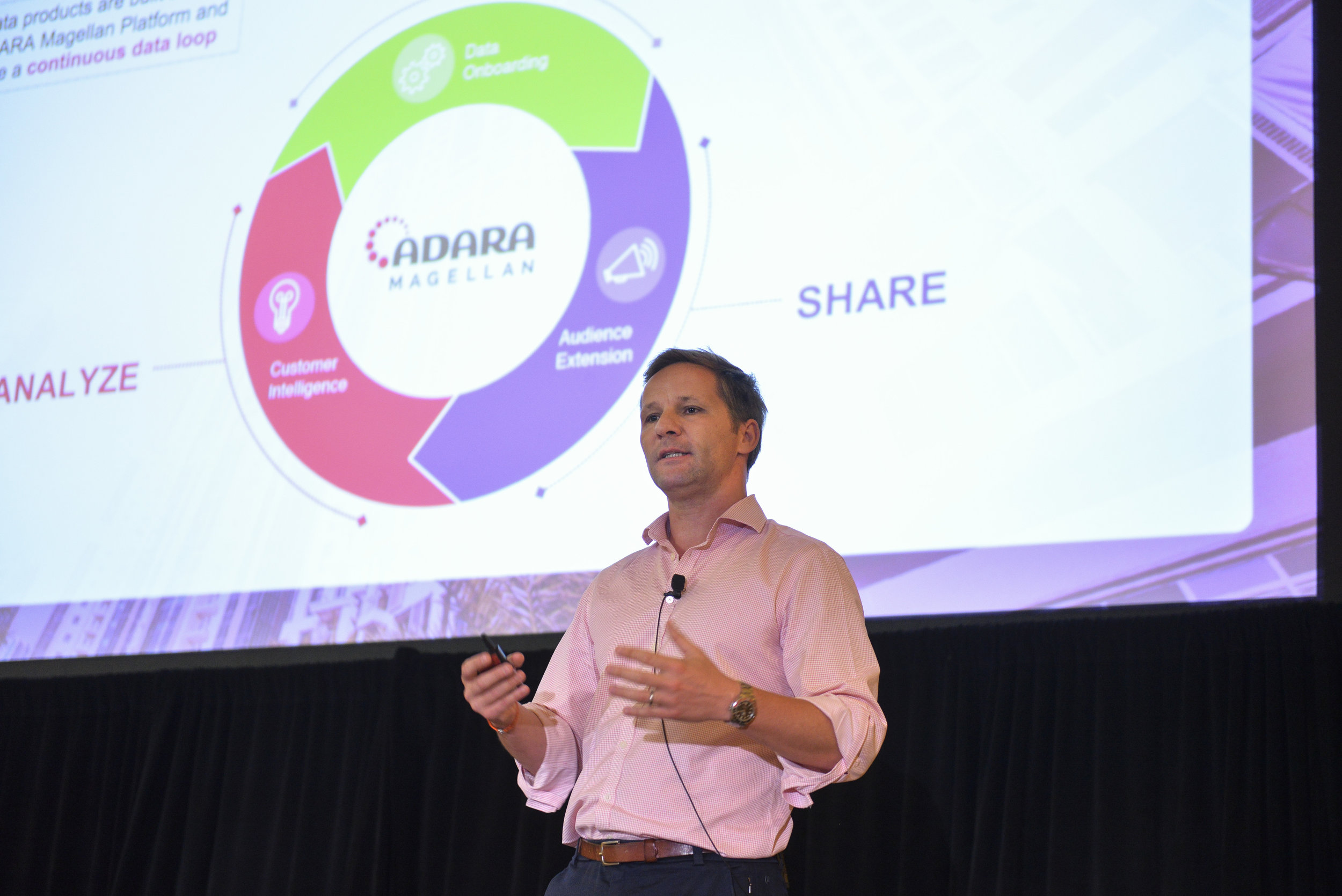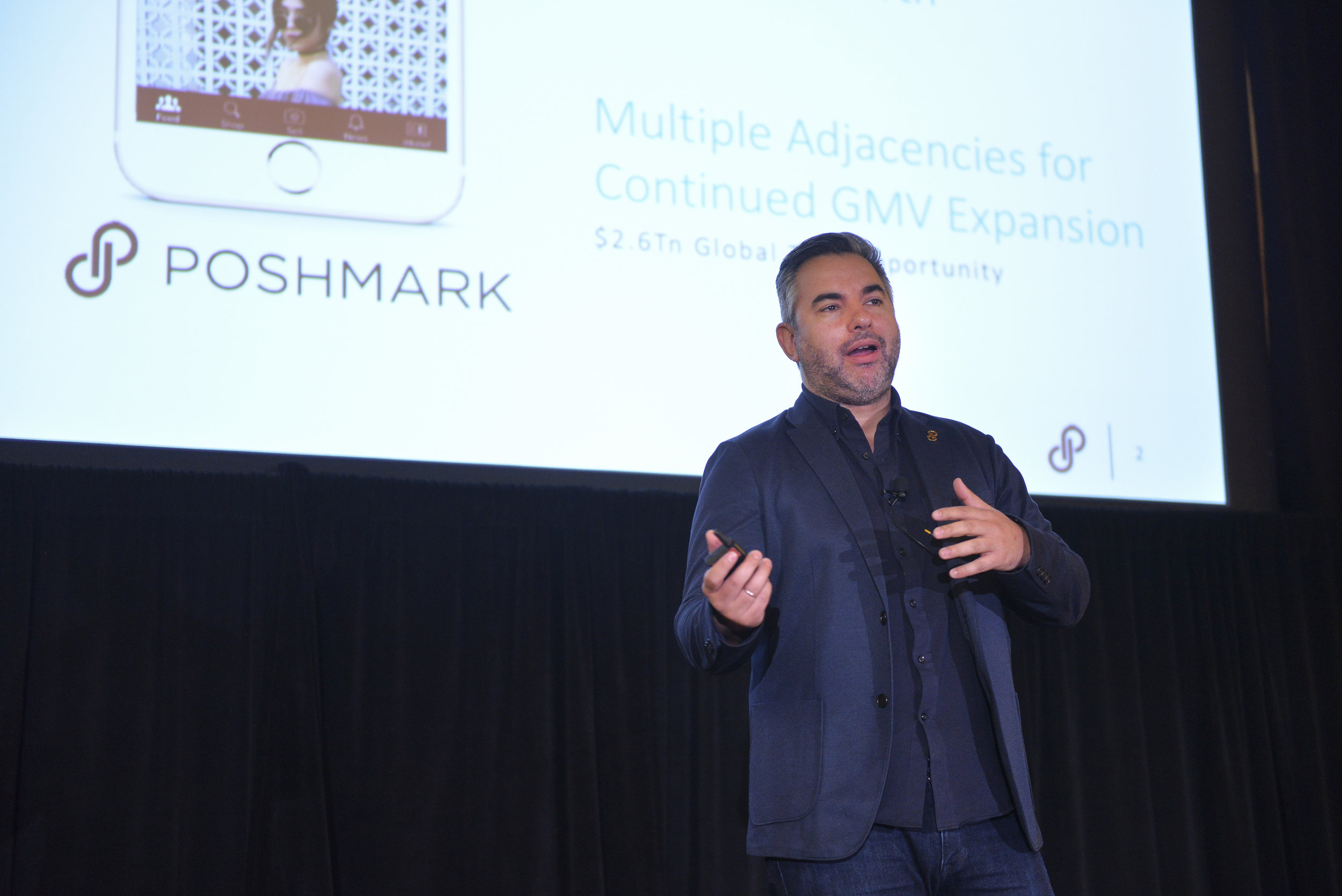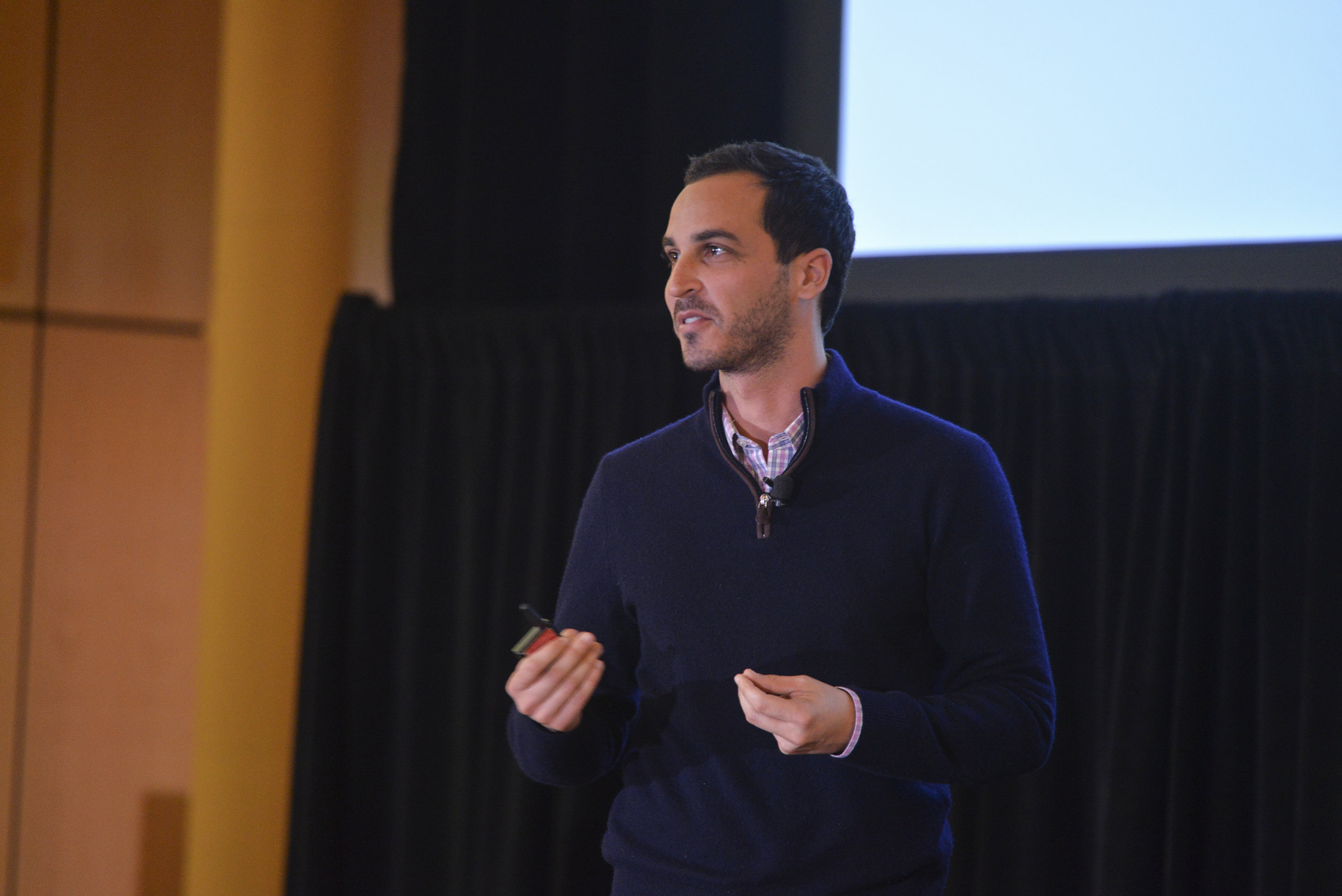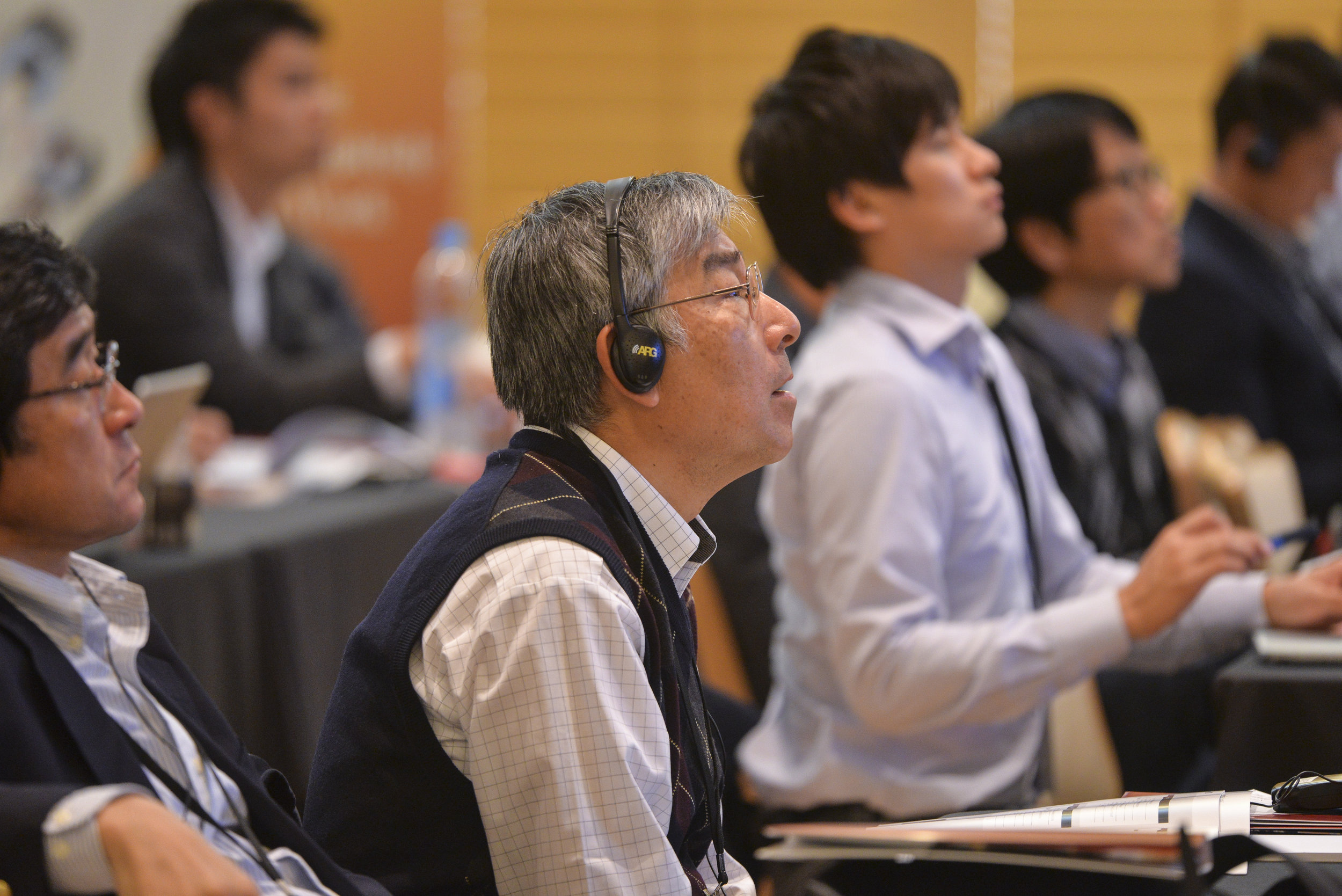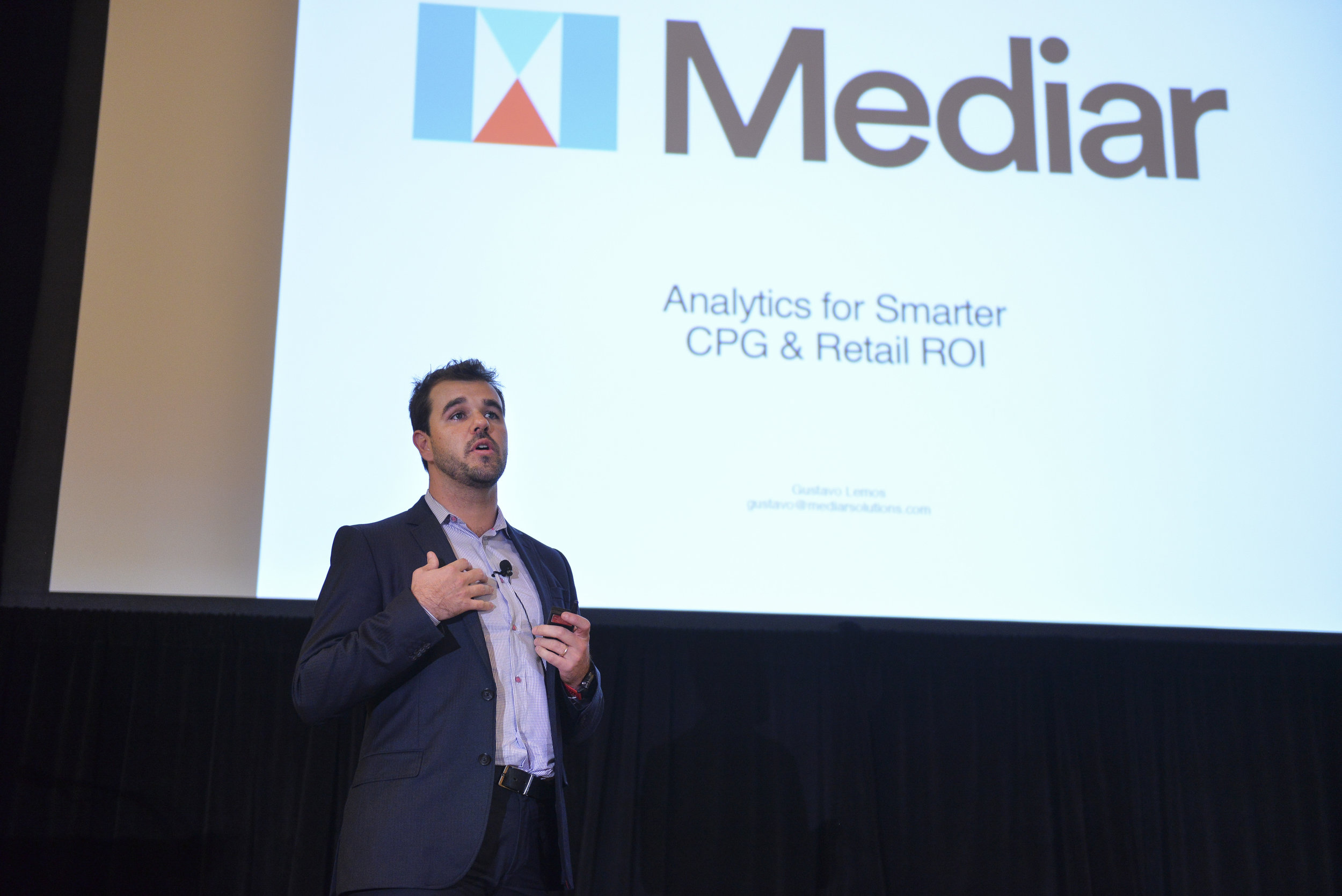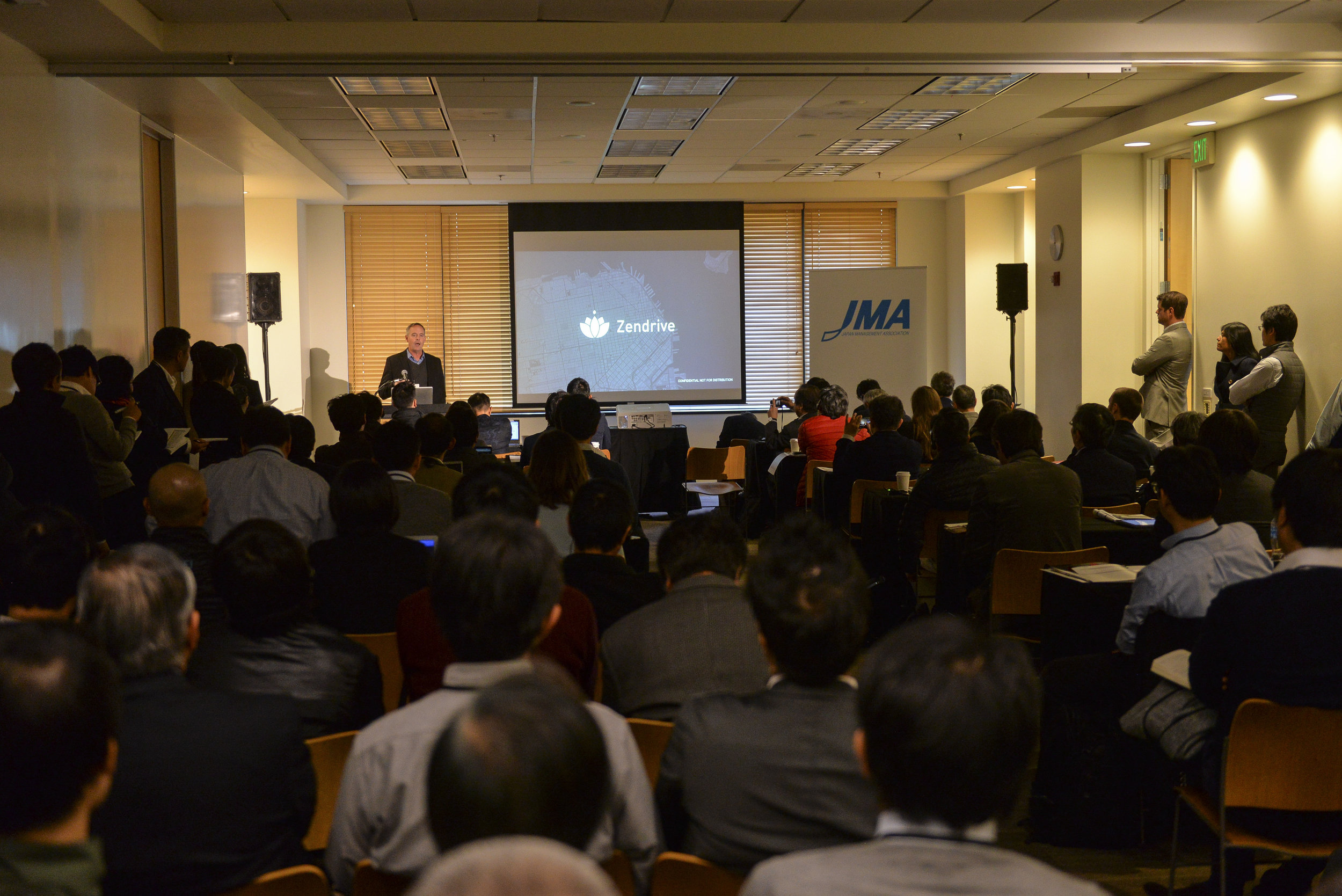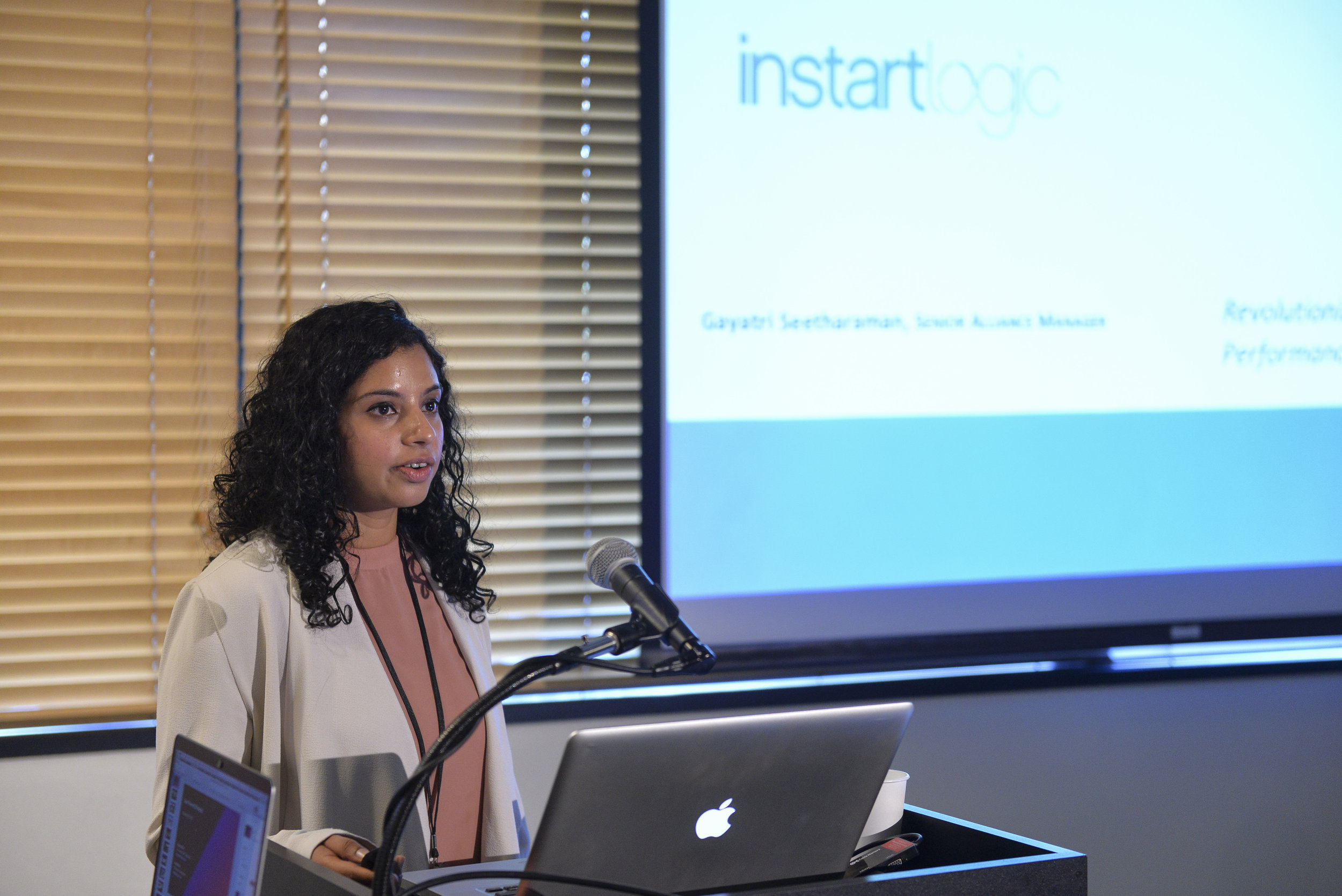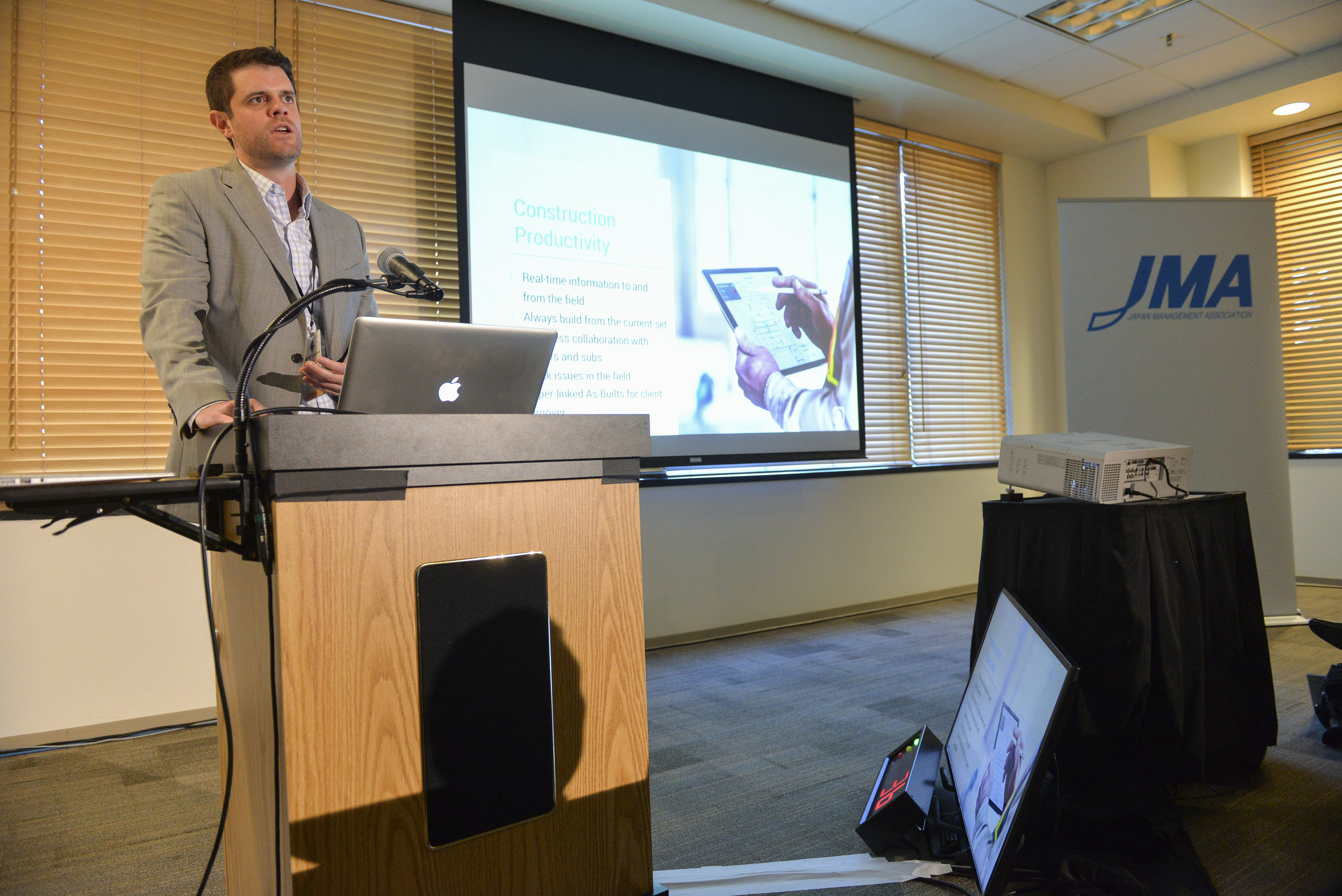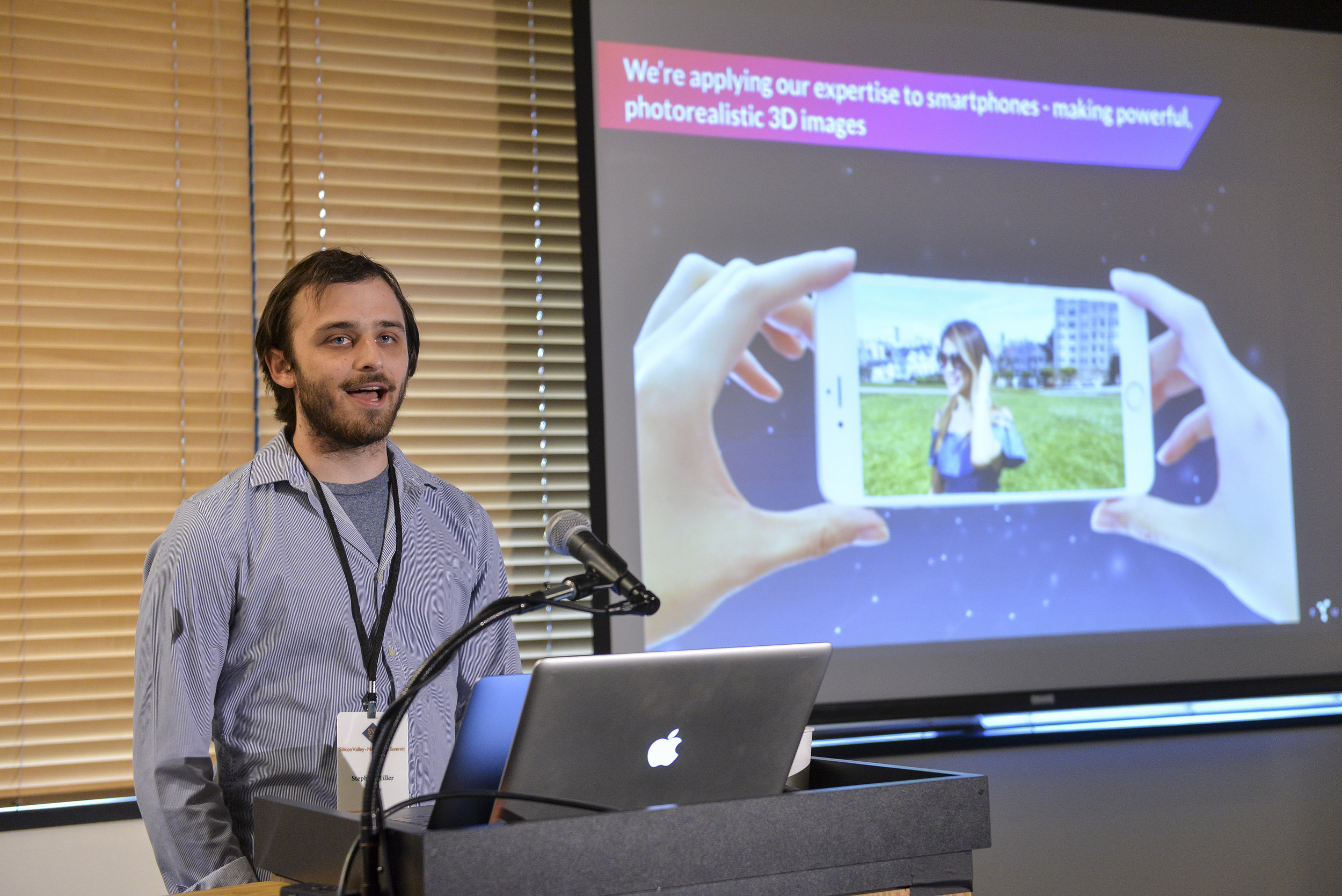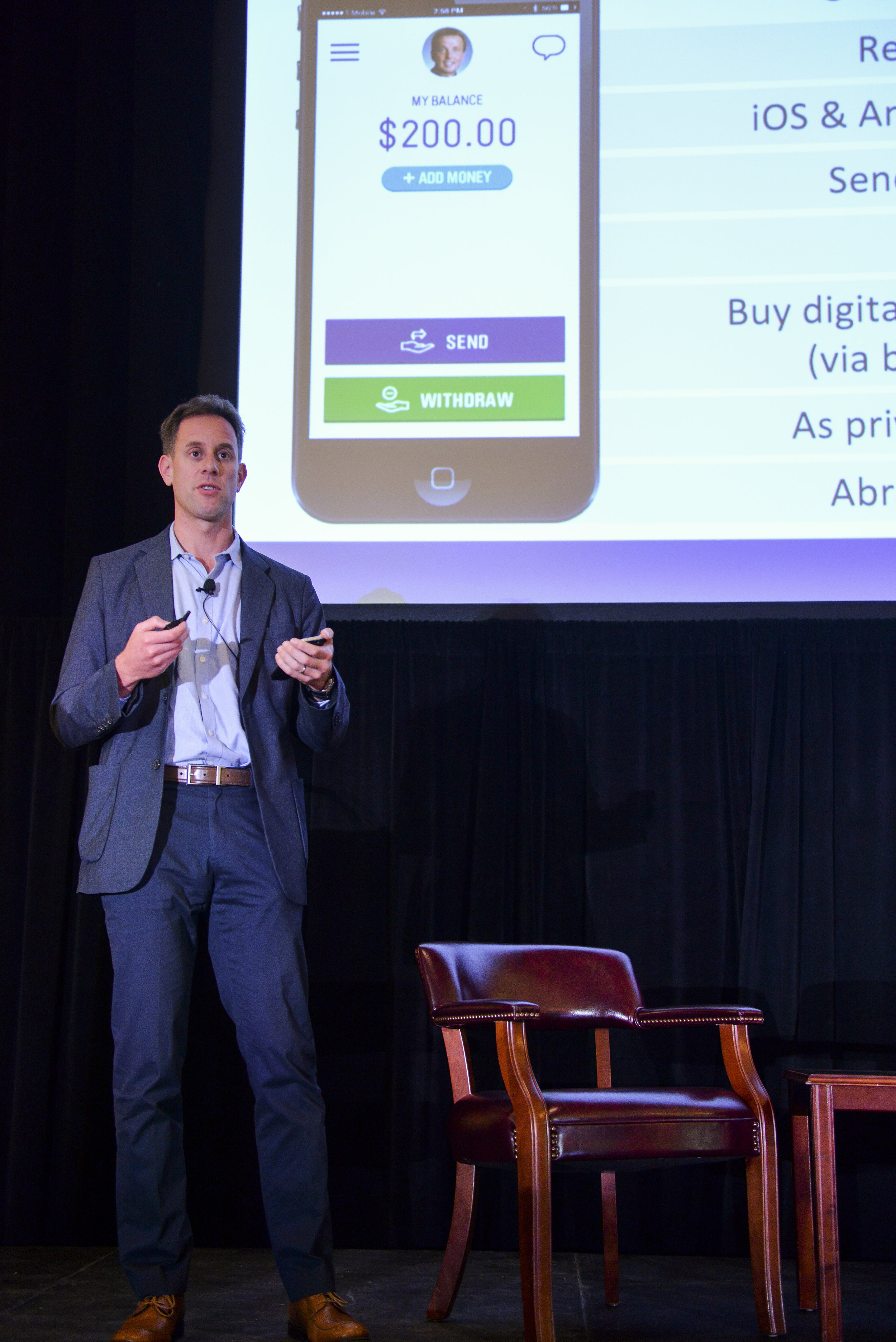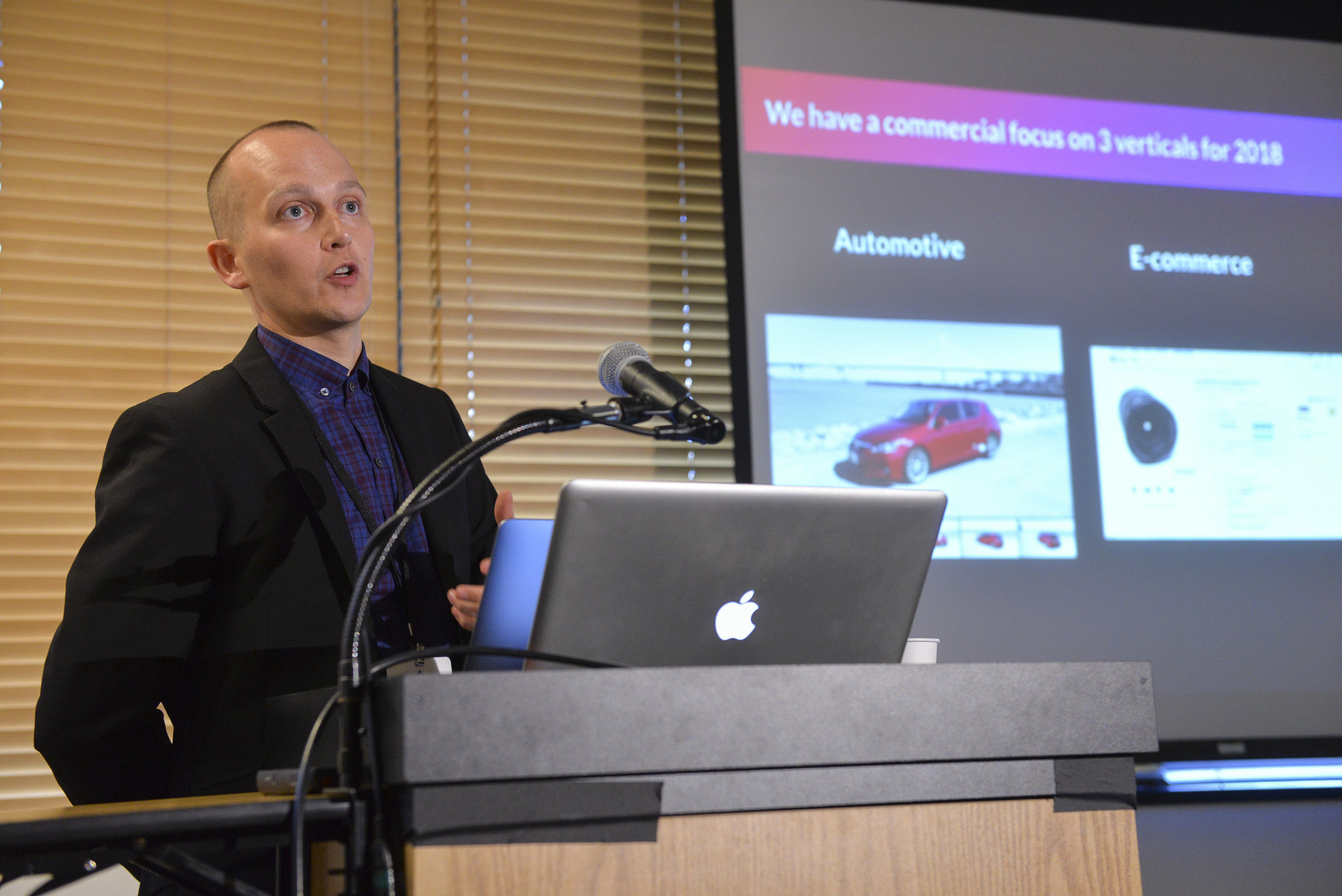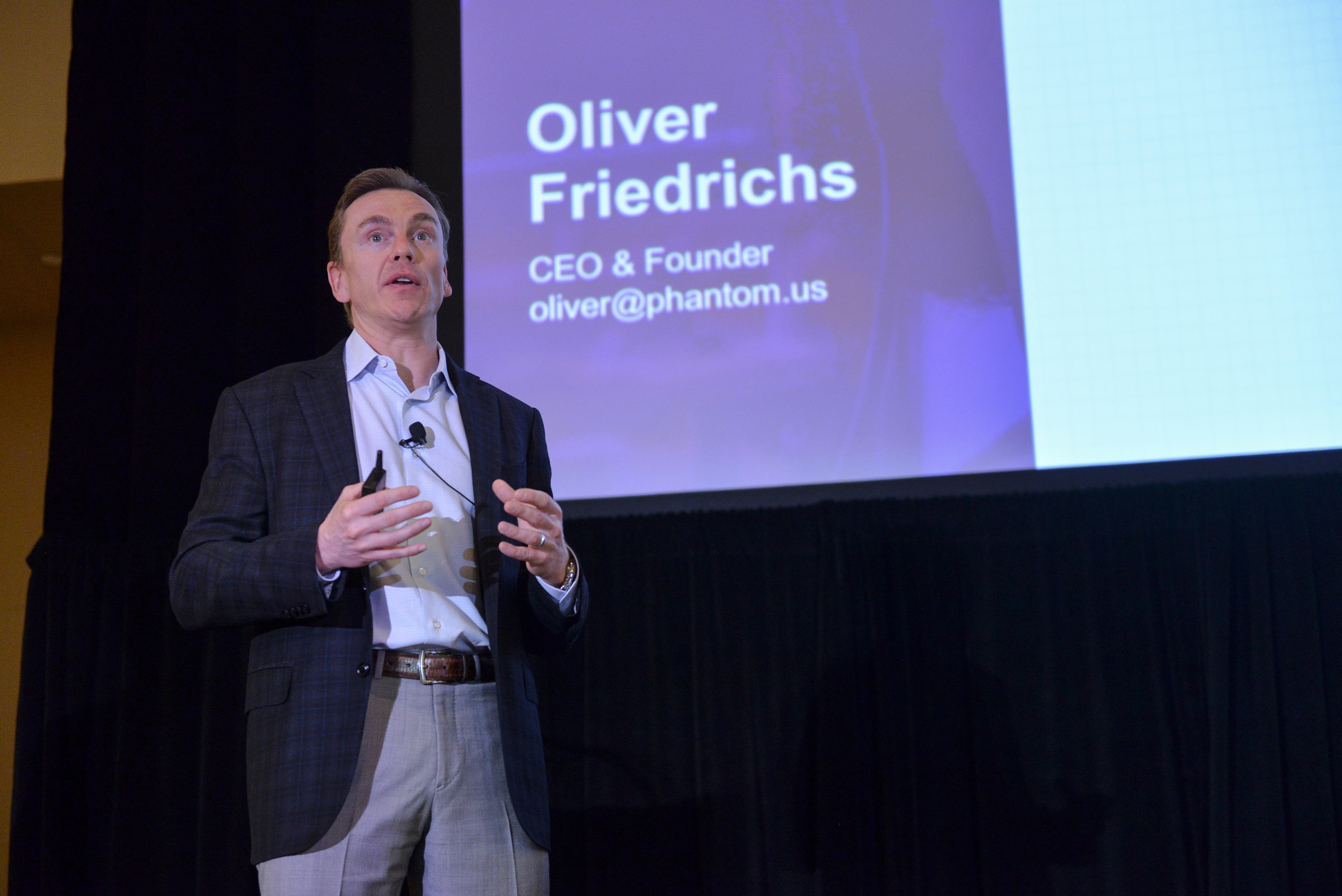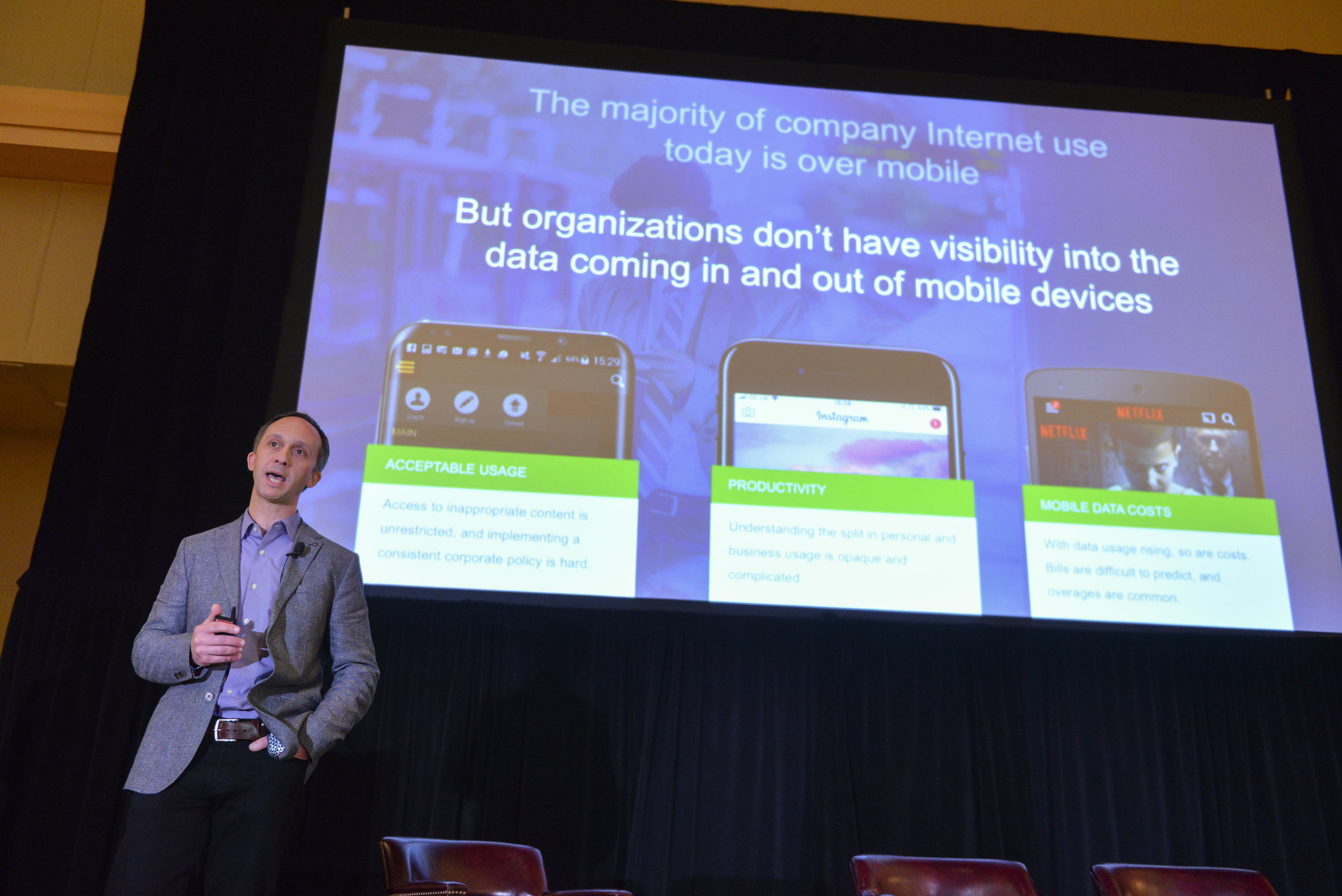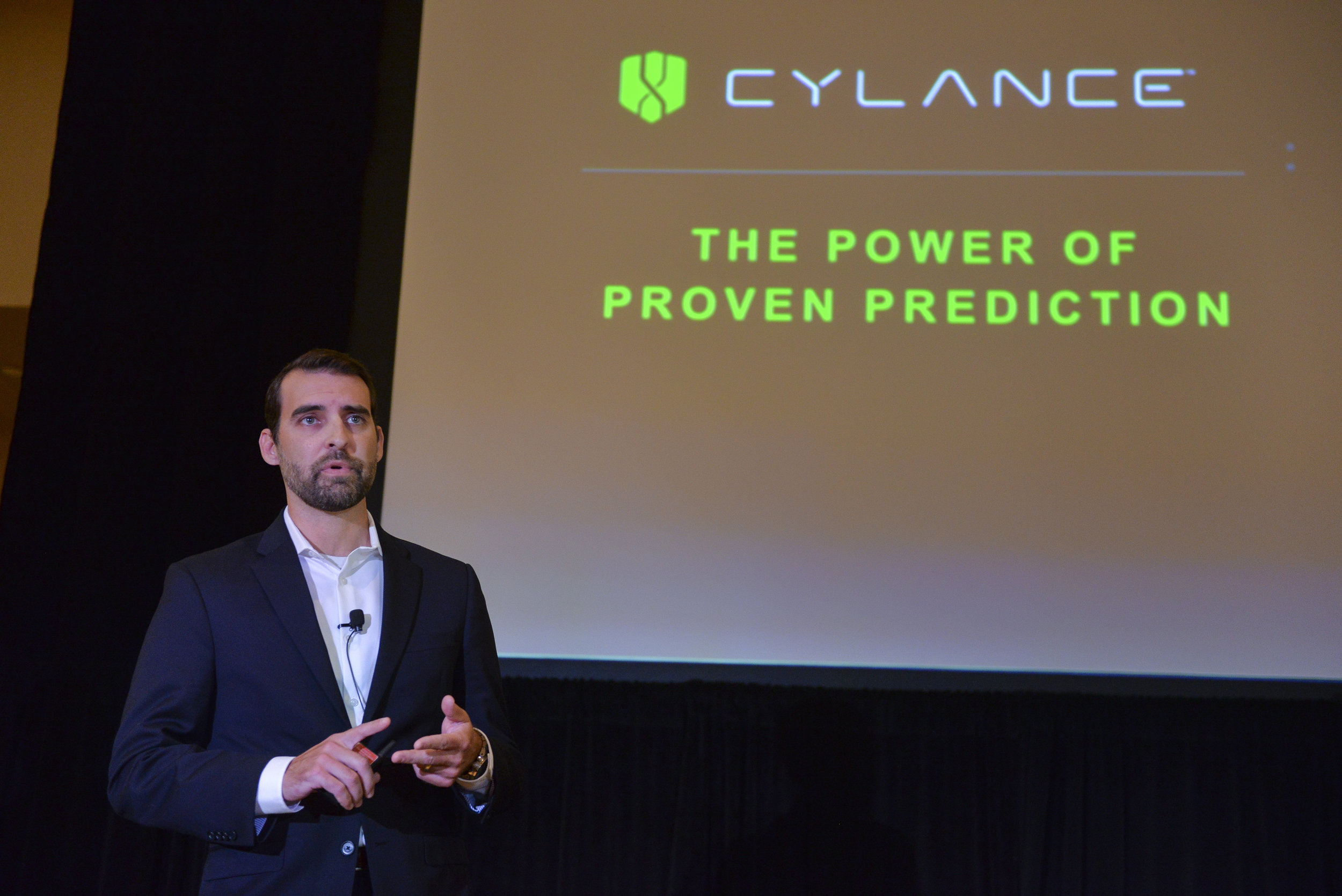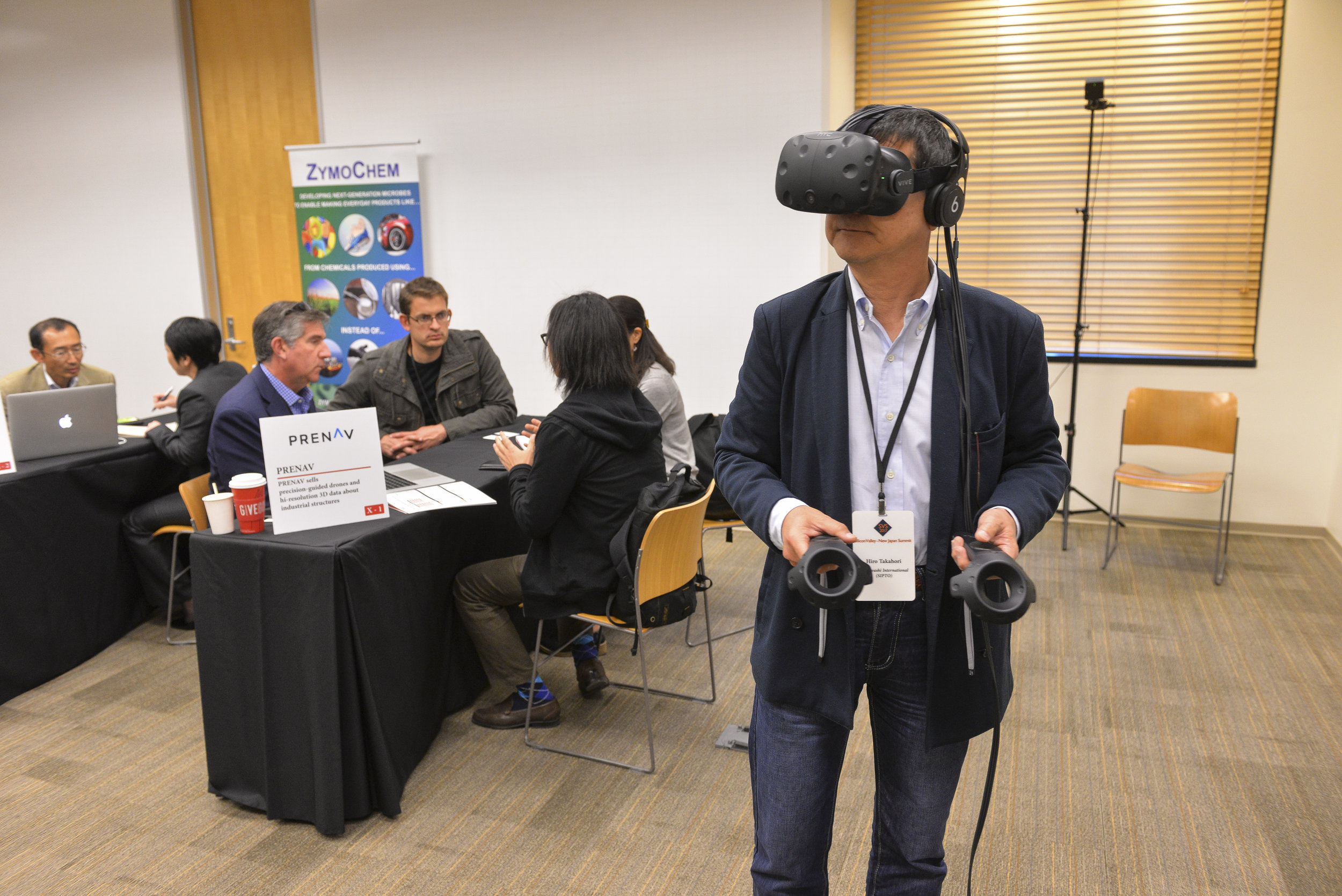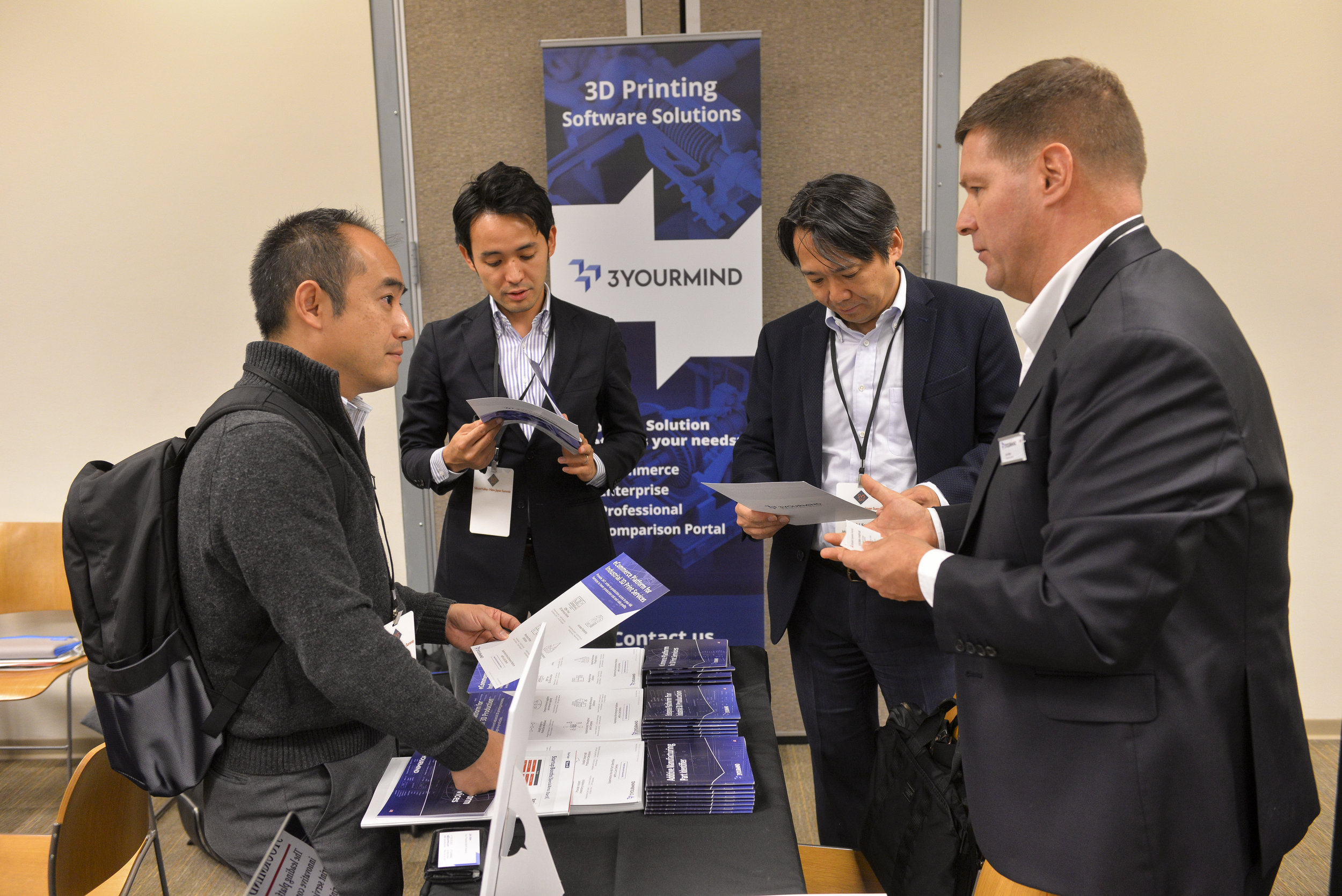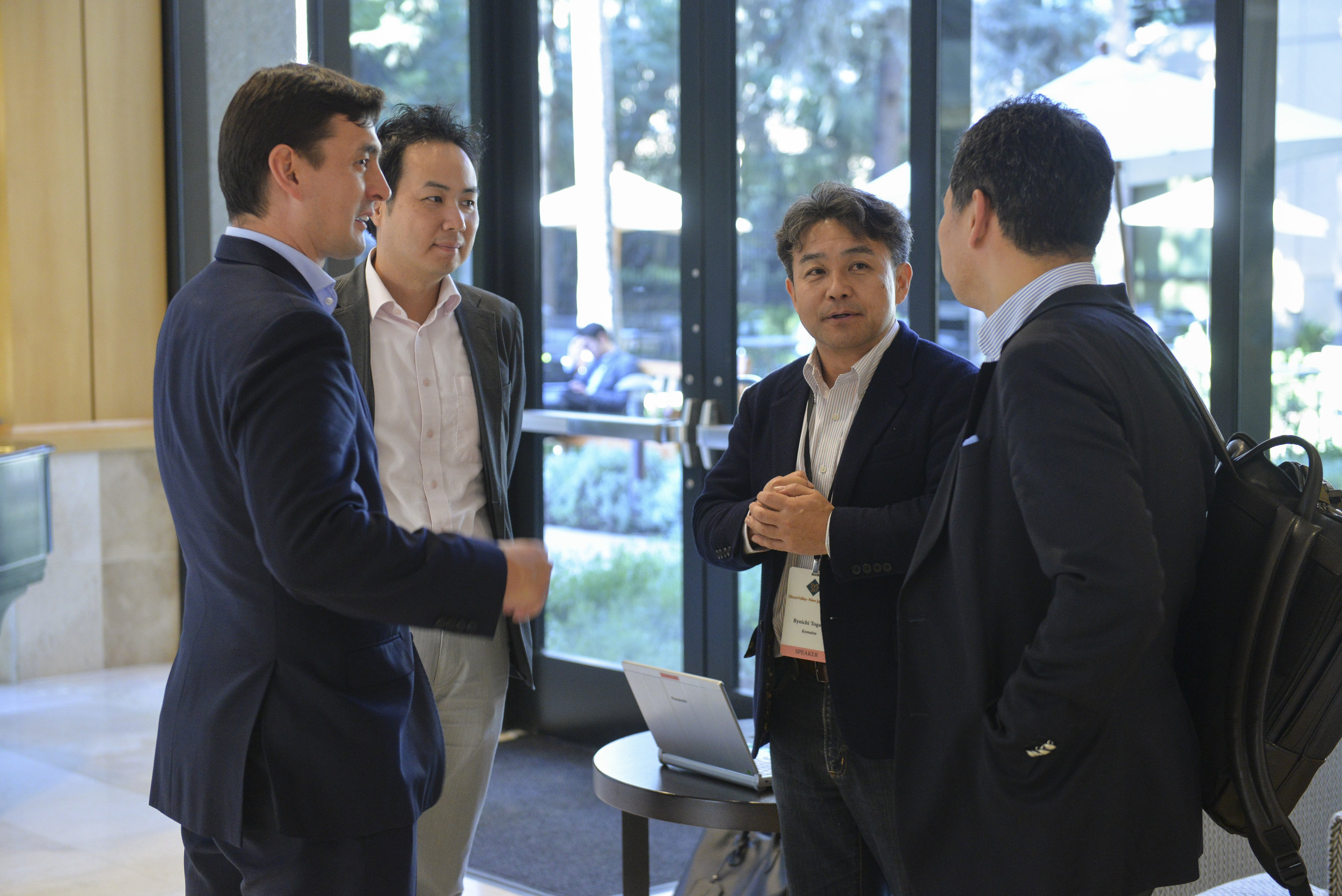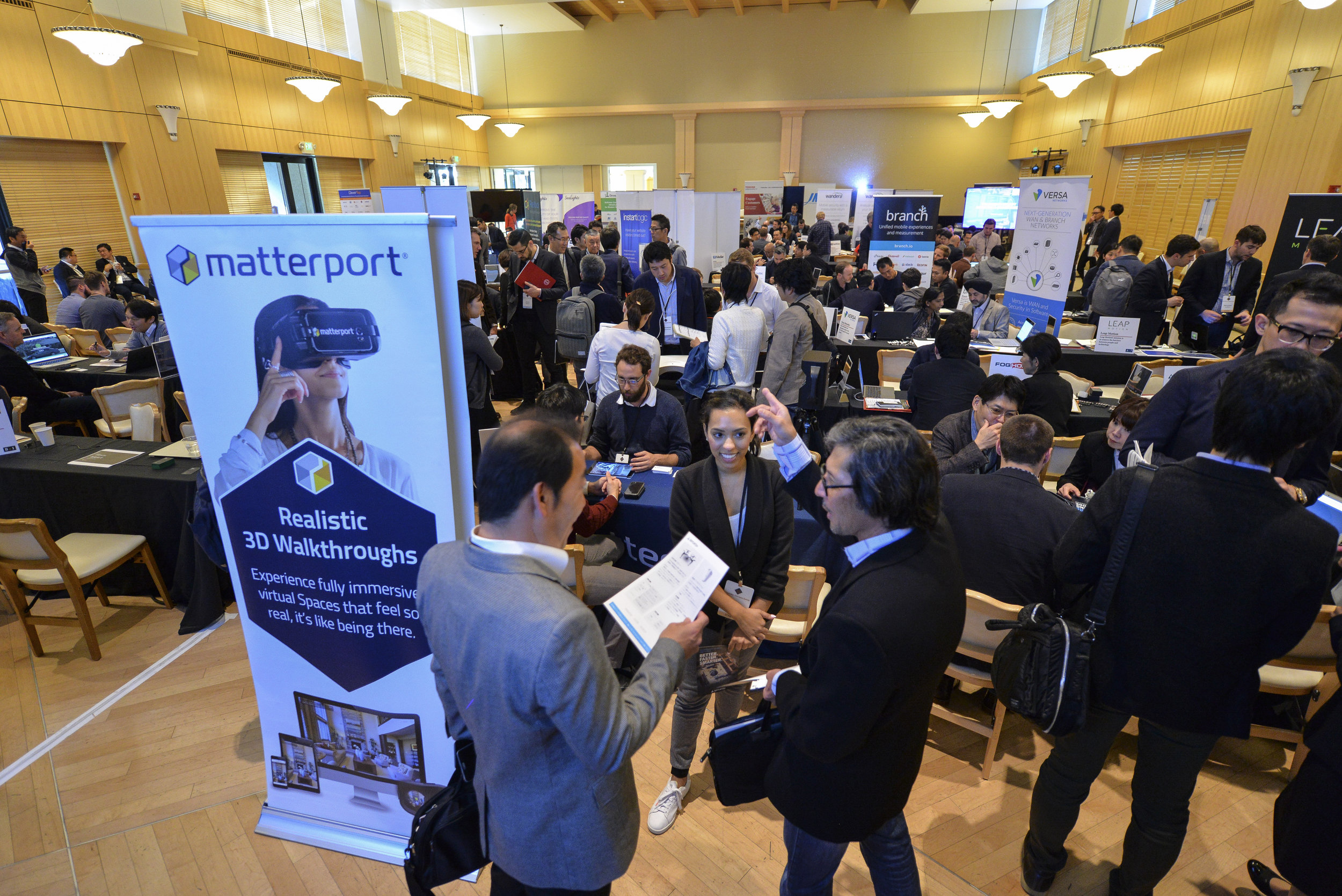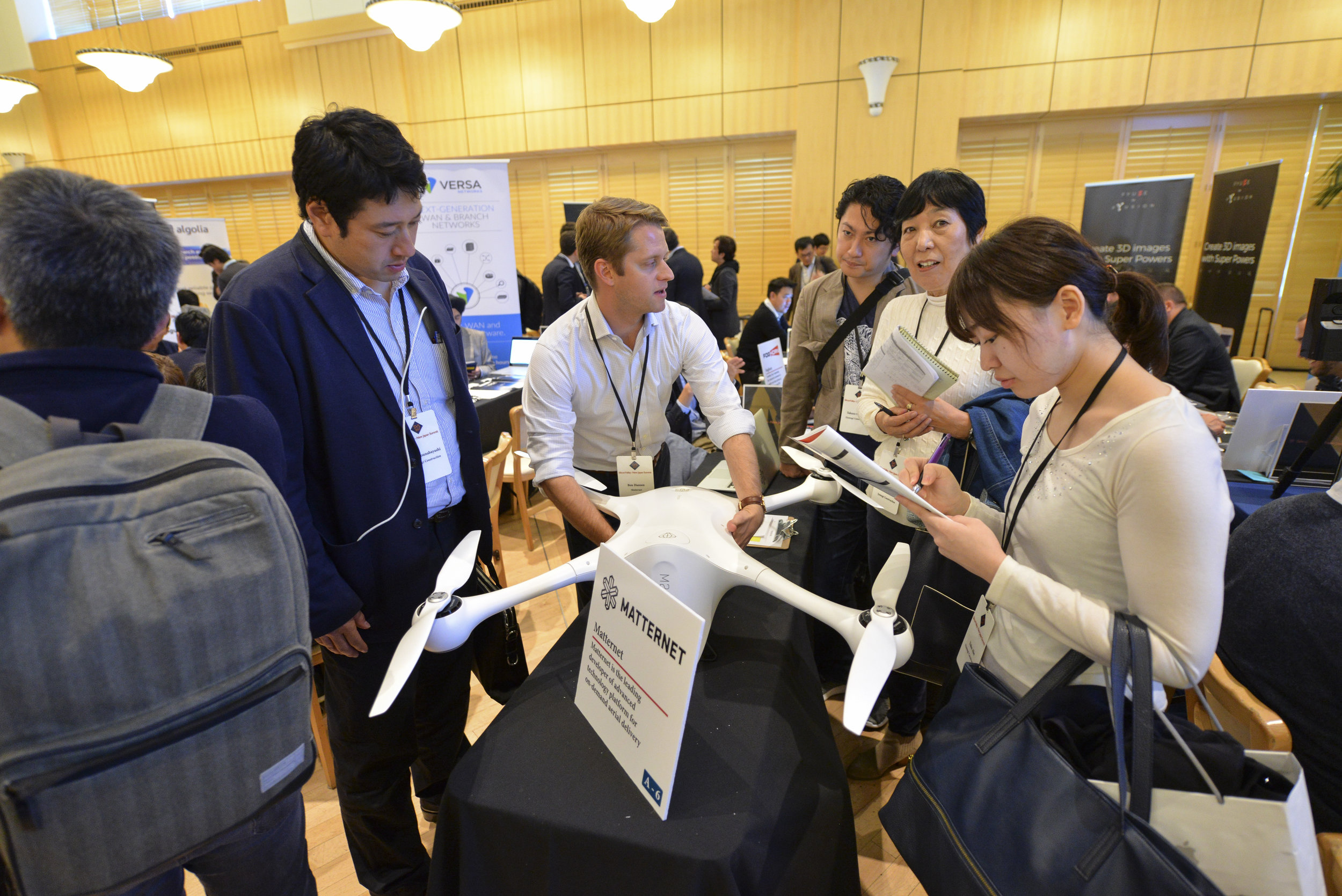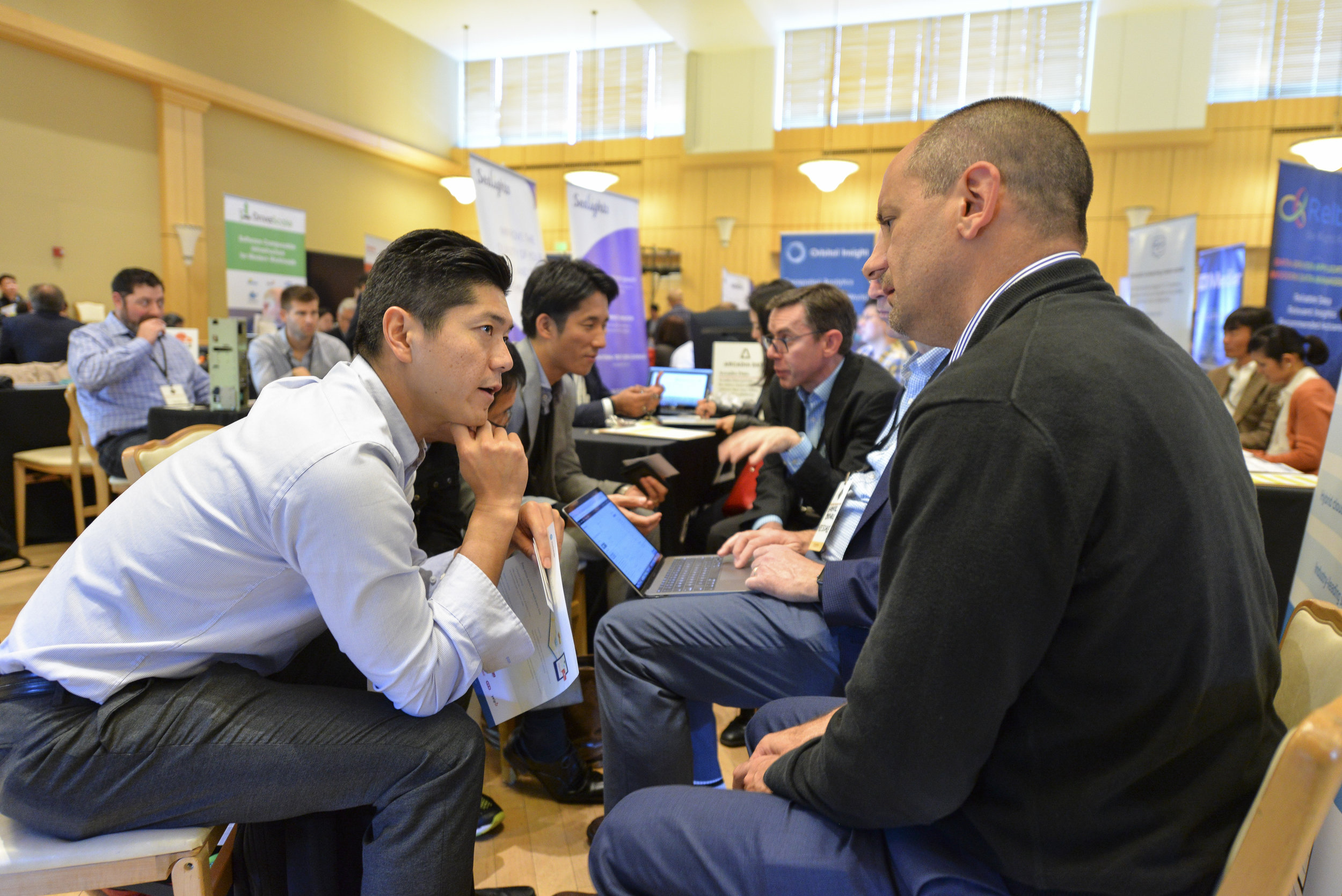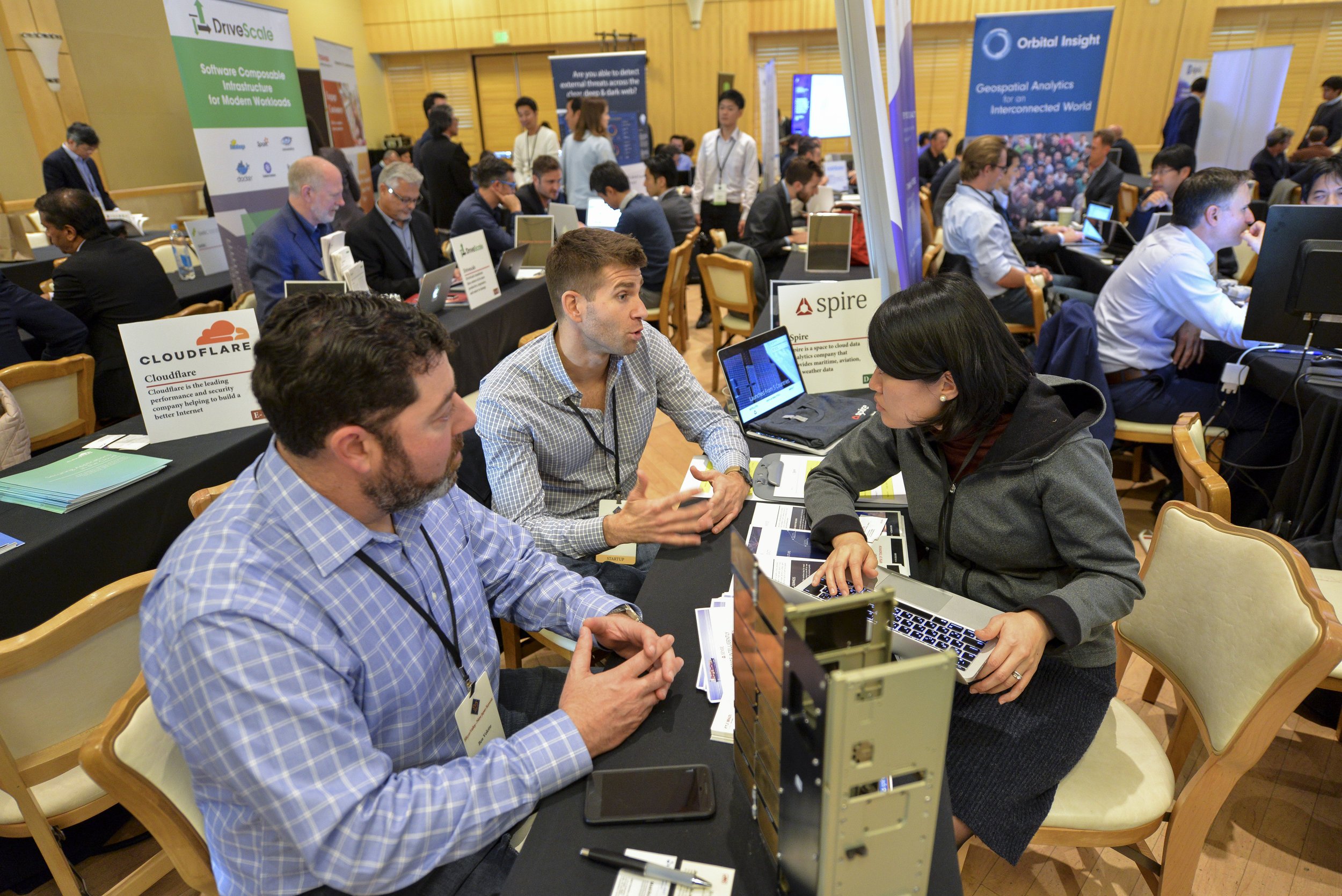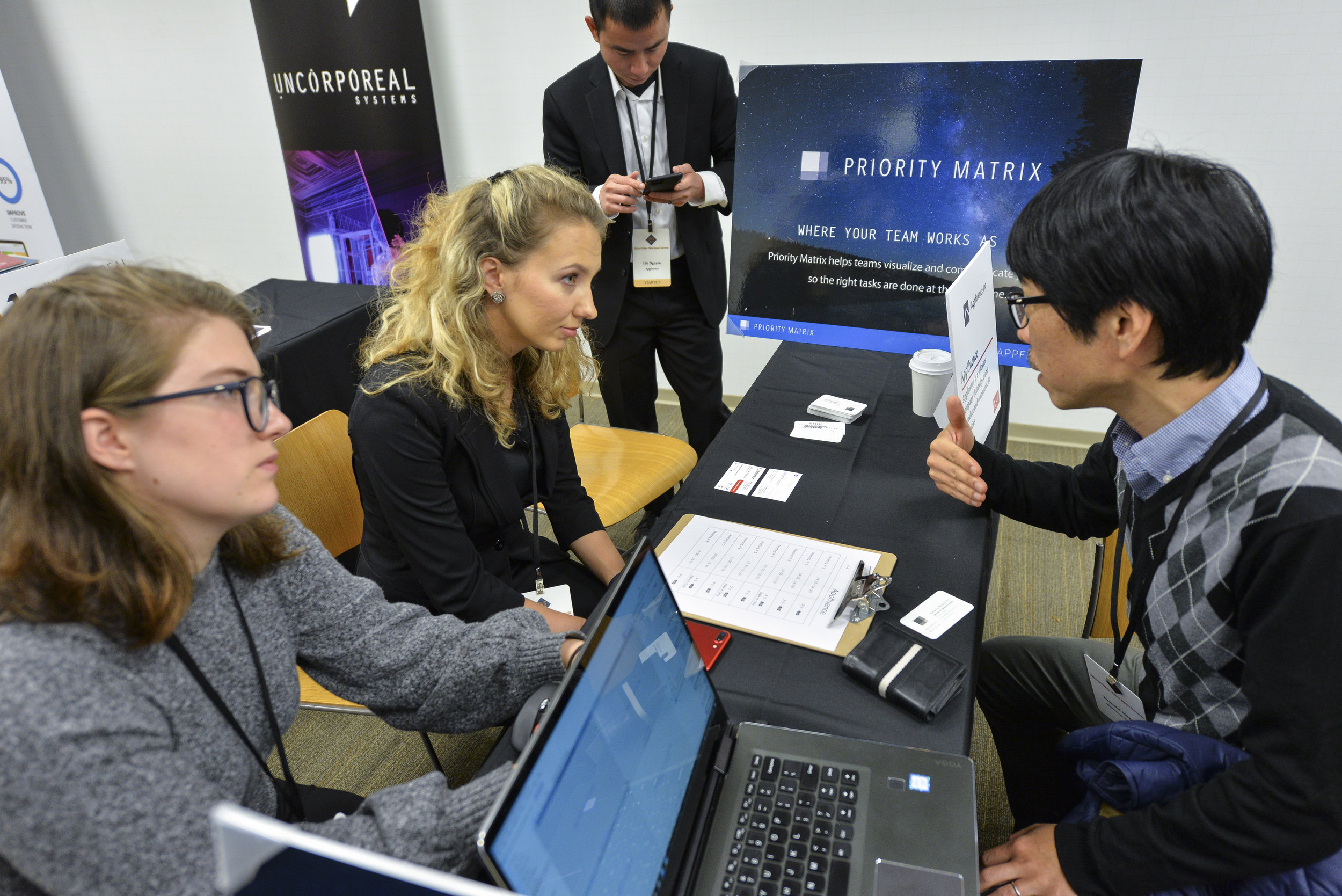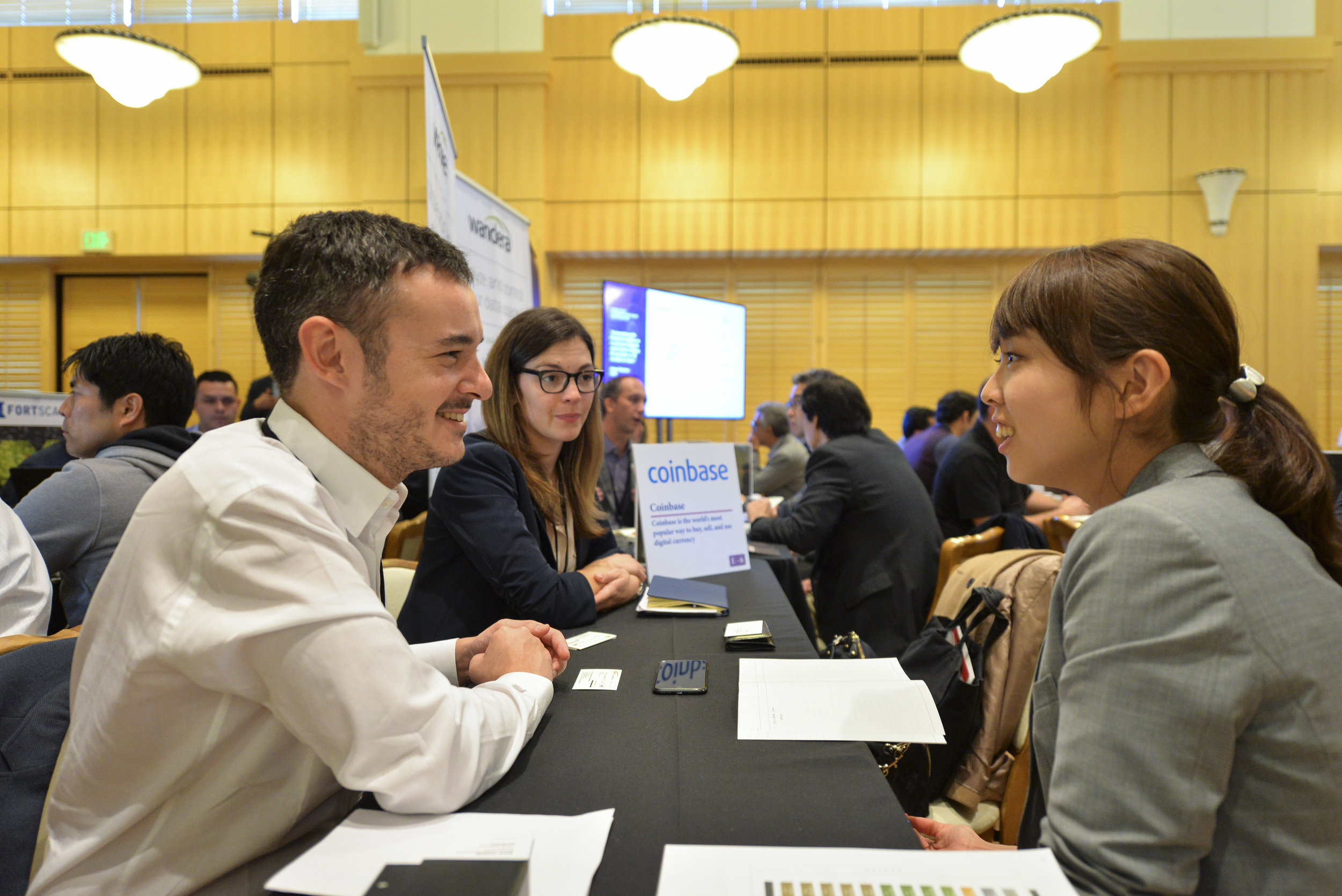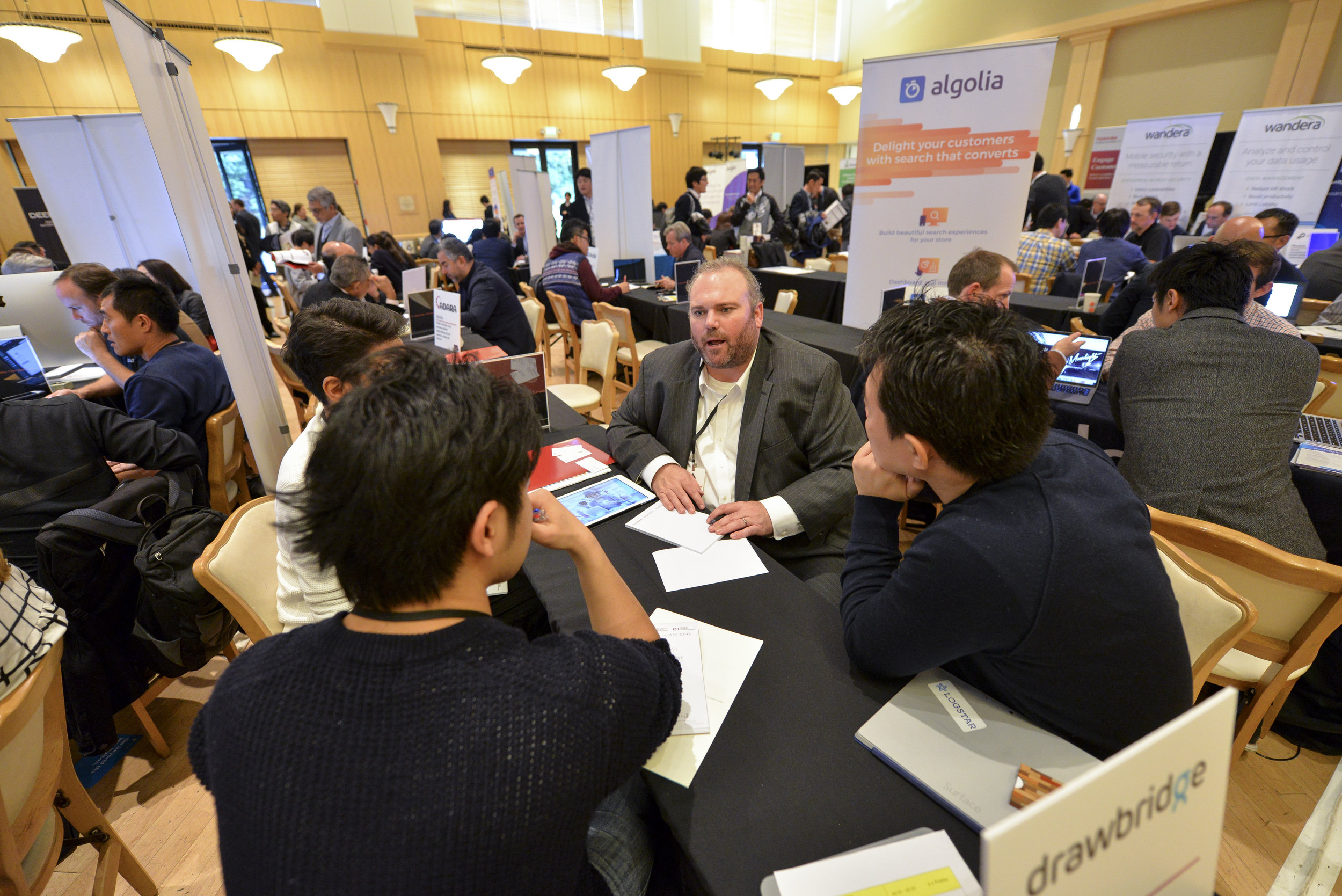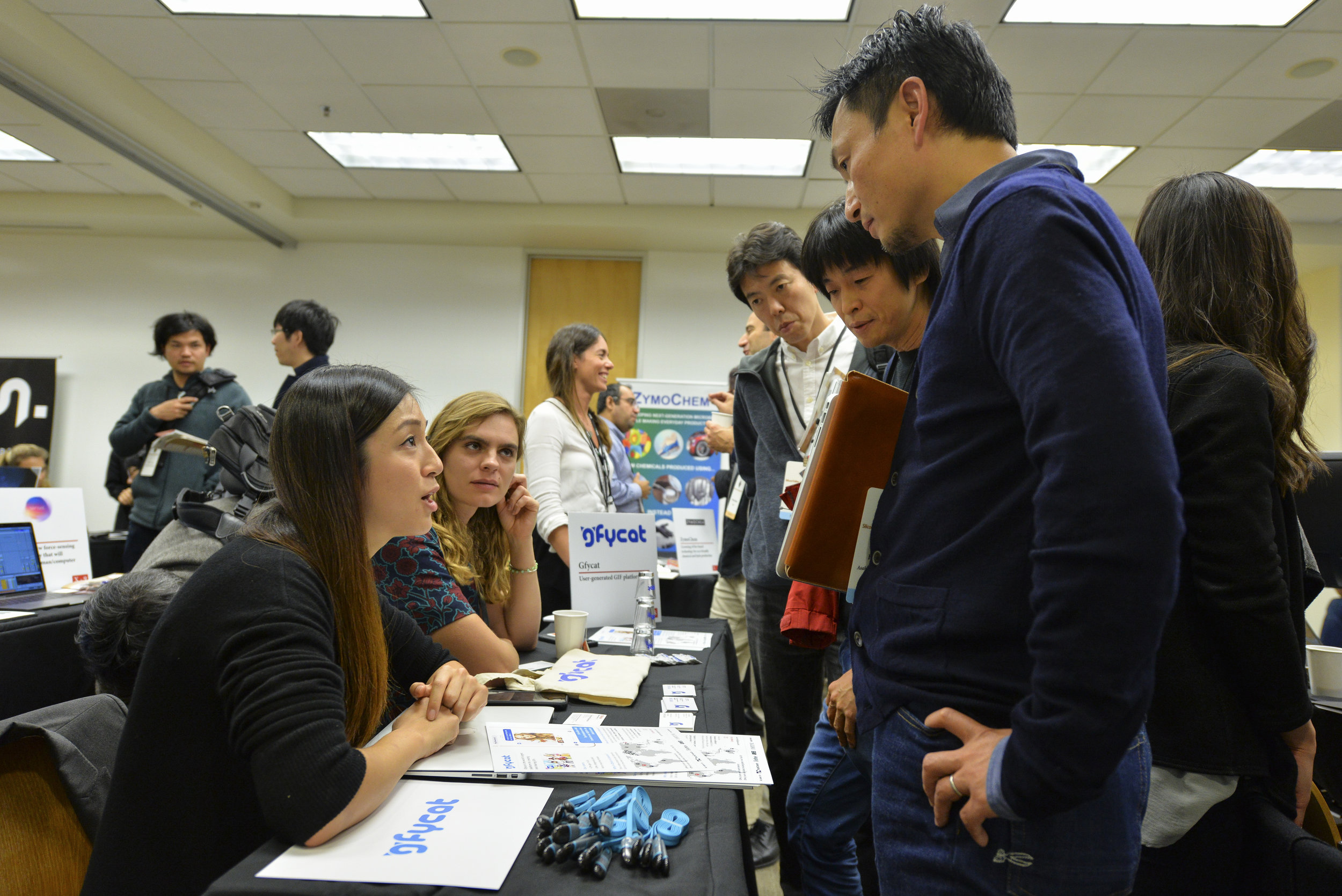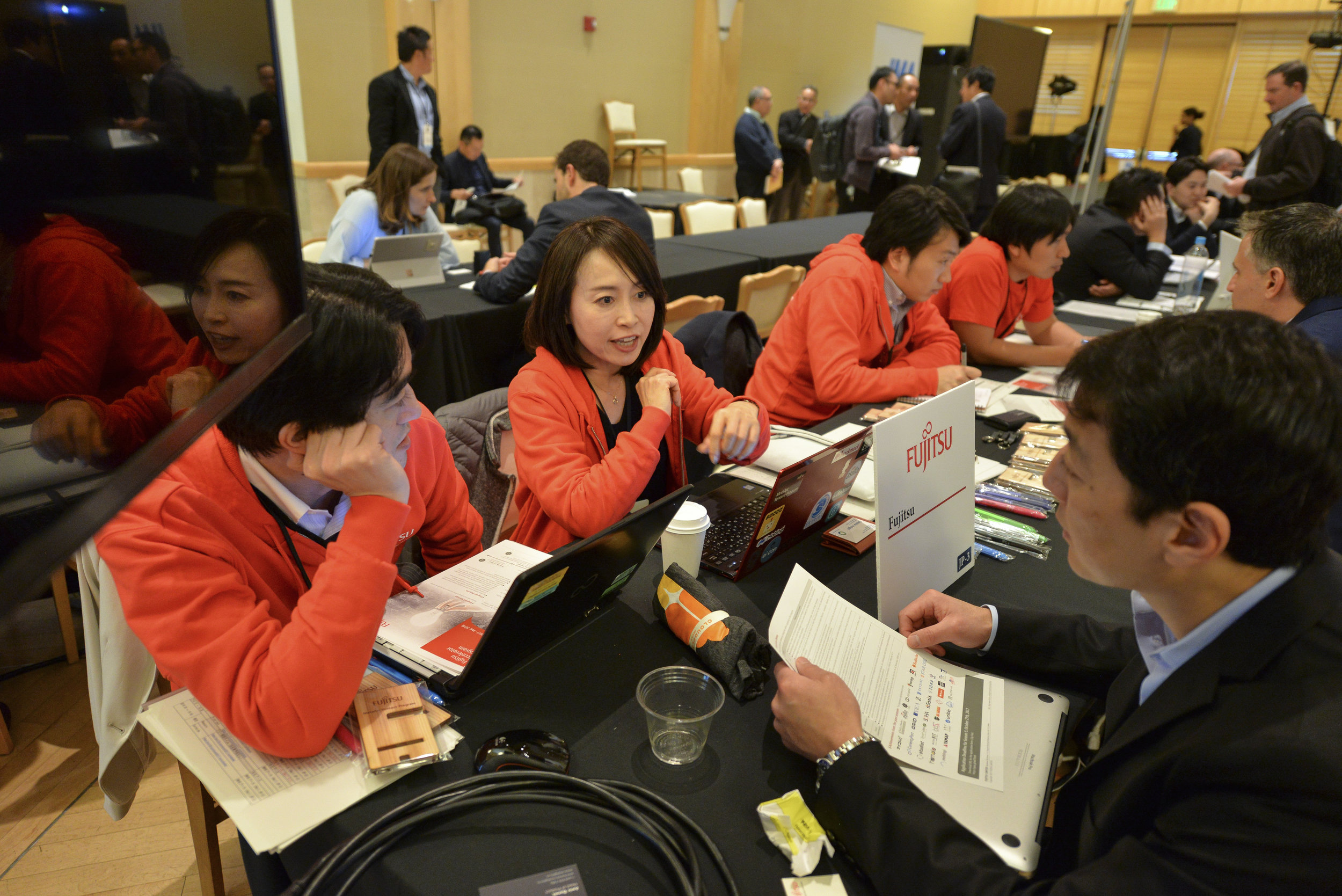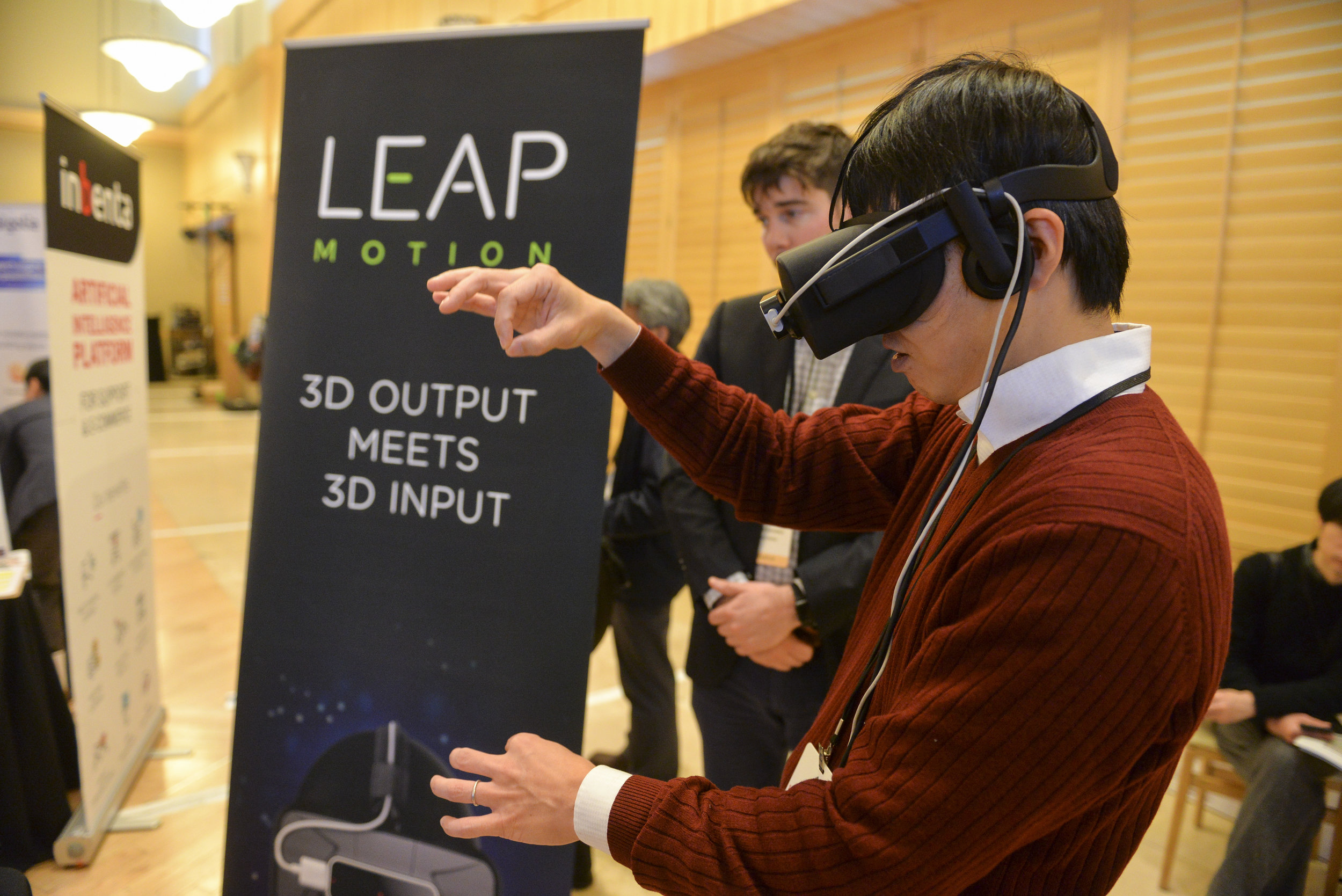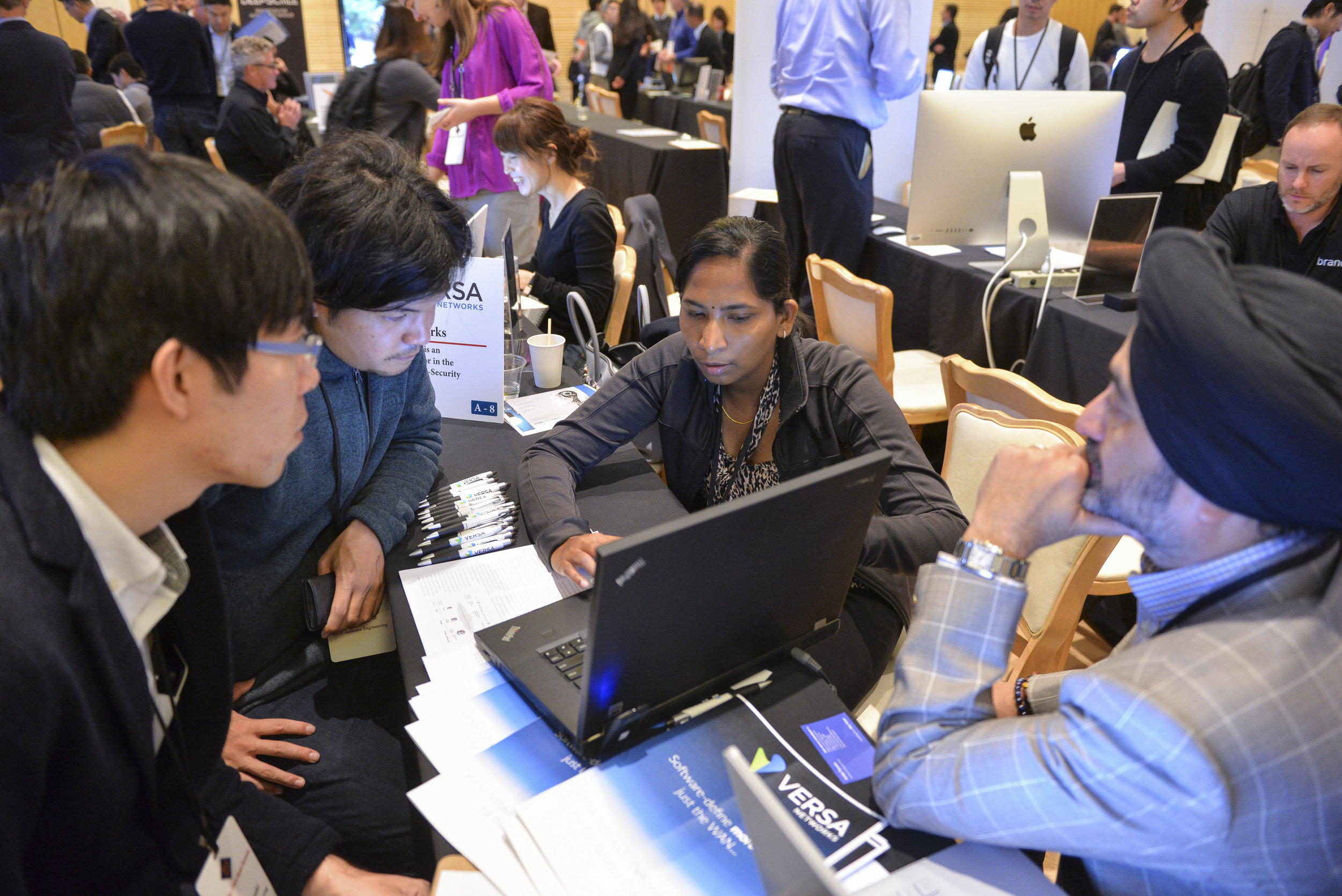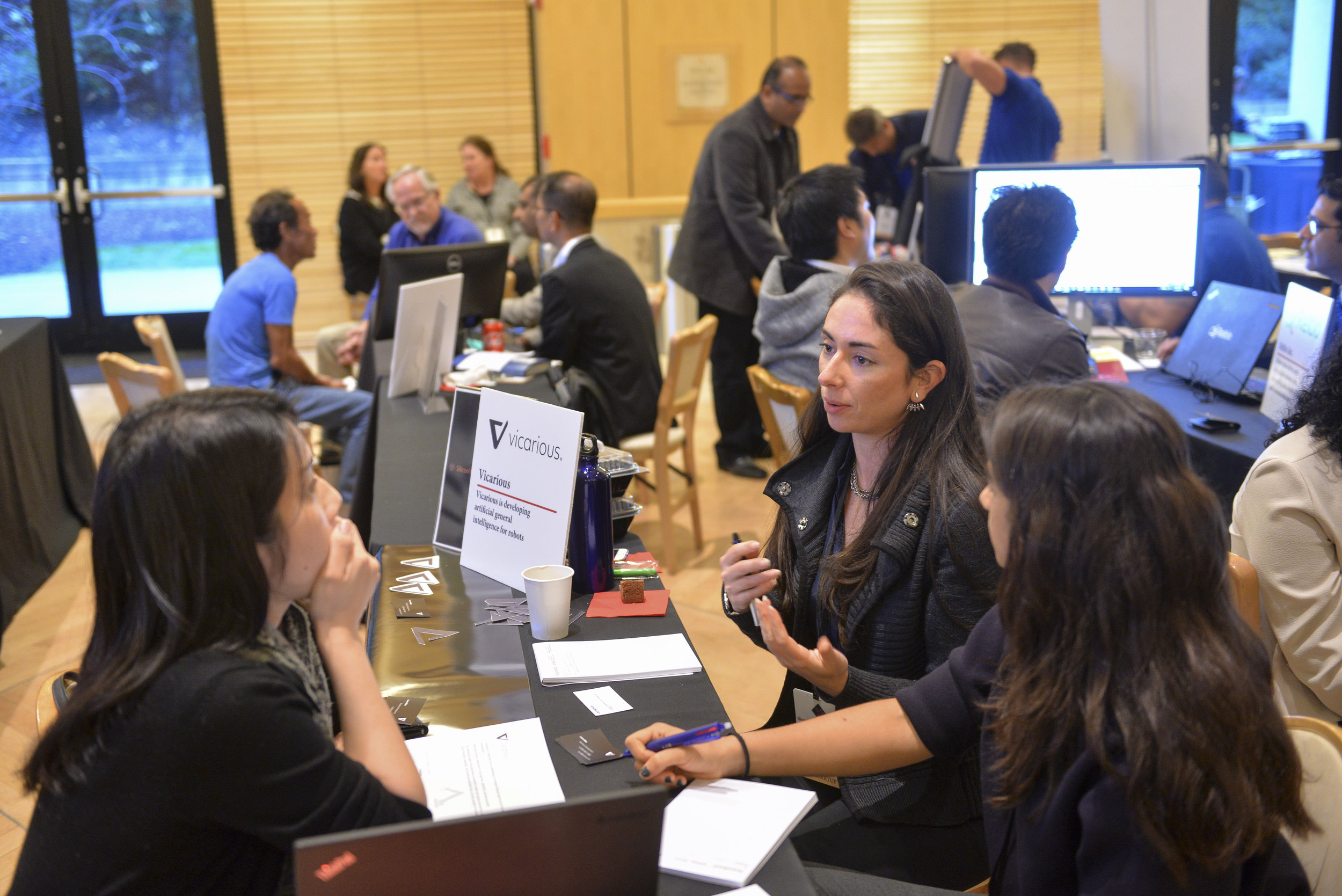List of speakers (Alphabetical by last name):
Paul Alivisatos, Executive Vice Chancellor and Provost, UC Berkeley
Alexandre Bayen, Professor of EECS and Civil and Environmental Engineering and Director of the Institute of Transportation Studies, UC Berkeley
Annette Bernhardt, Director, Low-Wage Work Program, Center for Labor Research and Education; Senior Researcher, Institute for Researcher, Institute for Research on Labor and Employment
Michael Borrus, Founding Partner, XSeed Capital; Co-Founder, BRIE
Stijn Broecke, OECD, Senior Economist, Directorate of Employment, Labour and Social Affairs
Brad DeLong, Professor of Economics, UC Berkeley
Giovanni Dosi, Professor of Economics and Director of Institute of Economics, Scuola Superiore Sant’Anna
Chris Edley, Distinguished Professor and former Dean of the UC Berkeley School of Law; Co-Founder and President, the Opportunity Institute
Stuart Feldman, Head of Schmidt Sciences, Schmidt Sciences
Ken Goldberg, William S. Floyd Jr. Distinguished Chair in Engineering, UC Berkeley; Chair and Professor, Industrial Engineering/Operations Research Department; Director of AUTOLAB and CITRIS “People and Robots” Initiative
Montserrat Gomendio, OECD Deputy Director, Directorate for Education and Skills, Head of the OECD Centre for Skills
Jennifer Granholm, Faculty Member at UC Berkeley’s Goldman School of Public Policy; Senior Advisor, CITRIS; Former Governor of Michigan
Bjoern Hartmann, Associate Professor in EECS, Faculty Director of the Jacobs Institute for Design Innovation, UC Berkeley
Stéphanie Jamet, OECD, Directorate for Education and Skills, Senior Economist
Phil Kaminsky, Professor of Industrial Engineering and Operations and Executive Associate Dean of the College of Engineering, UC Berkeley
Stephane Kasriel, CEO, Upwork
Martin Kenney, Distinguished Professor of Community and Regional Development, UC Davis
Helmut Krcmar, Chair of Information Systems, Department of Computer Science, Technische Universitat Munchen
Kenji Kushida, Research Scholar, Stanford University; Research Affiliate, BRIE
Mark Kvamme, Co-founder and Partner, Drive Capital
Susan Lund, Partner, Mckinsey Global Institute
Lenny Mendonca, Senior Partner Emeritus, Mckinsey
Niels Christina Nielsen, CEO World Refugee Schools
Mark Nitzberg, Executive Director of the Center for Human-Compatible Artificial Intelligence
Tim O’Reilly, CEO, O’Reilly Media
Lee Rainie, Pew Research Center, Director of Internet and Technology Research
Petri Rouvinen, Research Director, Research Institute of the Finnish Economy; CEO, Etlatieto
Shankar Sastry, Dean of the College of Engineering, UC Berkeley
Patrick Scaglia, Managing Partner, Blue Bear Ventures; Co-founder, CITRIS Foundry Accelerator
Stefano Scarpetta, OECD, Director, Directorate for Employment, Labour and Social Affairs
Hanne Shapiro, Business owner, Hanne Shapiro Futures
Andreas Schleicher, OECD, Director, Directorate of Education and Skills
Costas Spanos, Director CITRIS and the Banatao Institute, Distinguished Professor of EECS; Chief Technical Officer of the Berkeley Education Alliance for Research in Singapore, UC Berkeley
Mariagrazia Squicciarini, OECD, Directorate for Science, Technology and Industry, Senior Economist
Claire Tomlin, Charles A. Desoer Chair in the College of Engineering, Professor in EECS at UC Berkeley
Laura Tyson, Distinguished Professor of the Graduate School and Faculty Director of the Institute for Business & social Impact, UC Berkeley Haas School of Business; Chair, Blum Center for Developing Economies
Hal Varian, Chief Economist, Google
Mary Walshok, Dean of the University Extension and Associate Vice Chancellor for Public Programs, UC San Diego
Andrew Wyckoff, OECD, Director, Directorate for Science, Technology and Innovation
Saadia Zahidi, Head of Education, Gender and Work; Member of the Executive Committee: World Economic Forum
John Zysman, Professor Emeritus, BRIE Founder/Co-Director, Convener- WITS University of California, Berkeley
